On a sunny autumn day, pupils are immersed in their laptops while others enjoy meals at the Raymond Mhlaba School of Specialisation (SoS), in the dusty Tshepisong township, about 46km from the Johannesburg CBD.
The school, which specialises in mining-related subjects, is among 35 such schools launched by the Gauteng Department of Education (GDE) since 2016. They form part of a flagship programme offering science, technology, engineering, arts and mathematics to prepare pupils for 21st-century job opportunities.
Gauteng has more than 2,220 public schools, while there are 24,894 nationally. According to the GDE’s 2022-23 annual report, 71,494 laptops were distributed to pupils while 215 of these were handed over to teachers, while 215 smartboards went to schools across the province.
Raymond Mhlaba is a no-fee school and falls in quintile two, which are schools classified as “poor”. There are 1,557,452 pupils in 1,407 such schools in Gauteng benefiting from the National School Nutrition Programme. Despite this status, the school is well-resourced and has 24-hour Wi-Fi, seven days a week, which was installed by the GDE five years ago.
Digital transformation
Daily Maverick visited the school after education stakeholders at the 2024 Basic Education Sector Lekgotla – held from 14 to 16 March in Boksburg – discussed digital transformation in schools through the use of information and communications technology (ICT) after Covid.
According to a document circulated to a commission dealing with the subject, South Africa developed a white paper on e-education in 2004 with the vision of revolutionising learning and teaching through ICT. It recognised the potential of ICTs to overcome barriers to quality education in developing countries like South Africa, citing their capacity to address fiscal constraints, spatial barriers and capacity-related limitations.
“Despite the ambitious vision outlined in the White Paper, progress in implementing ICTs in Basic Education has been slow and uneven across provinces,” the document reads.
Affluent provinces like the Western Cape and Gauteng, the report states, have made significant strides in providing schools with ICT infrastructure, while others lag behind due to competing priorities and resource constraints.
However, the document says partnerships between the government, the private sector, social partners and NGOs have played a crucial role in leveraging ICT resources for teaching, learning and administration in the education sector.
There were concerns about pupils in multigrade classrooms, those with special education needs and those in hard-to-reach communities far from major ICT developments.
“It is crucial to ensure that planning prioritises these learners, ensuring inclusivity and preventing them from being overlooked as the country embraces technological advances,” the document reads.
Addressing the cost of data, devices and basic technologies was essential to guaranteeing access and inclusion for all.
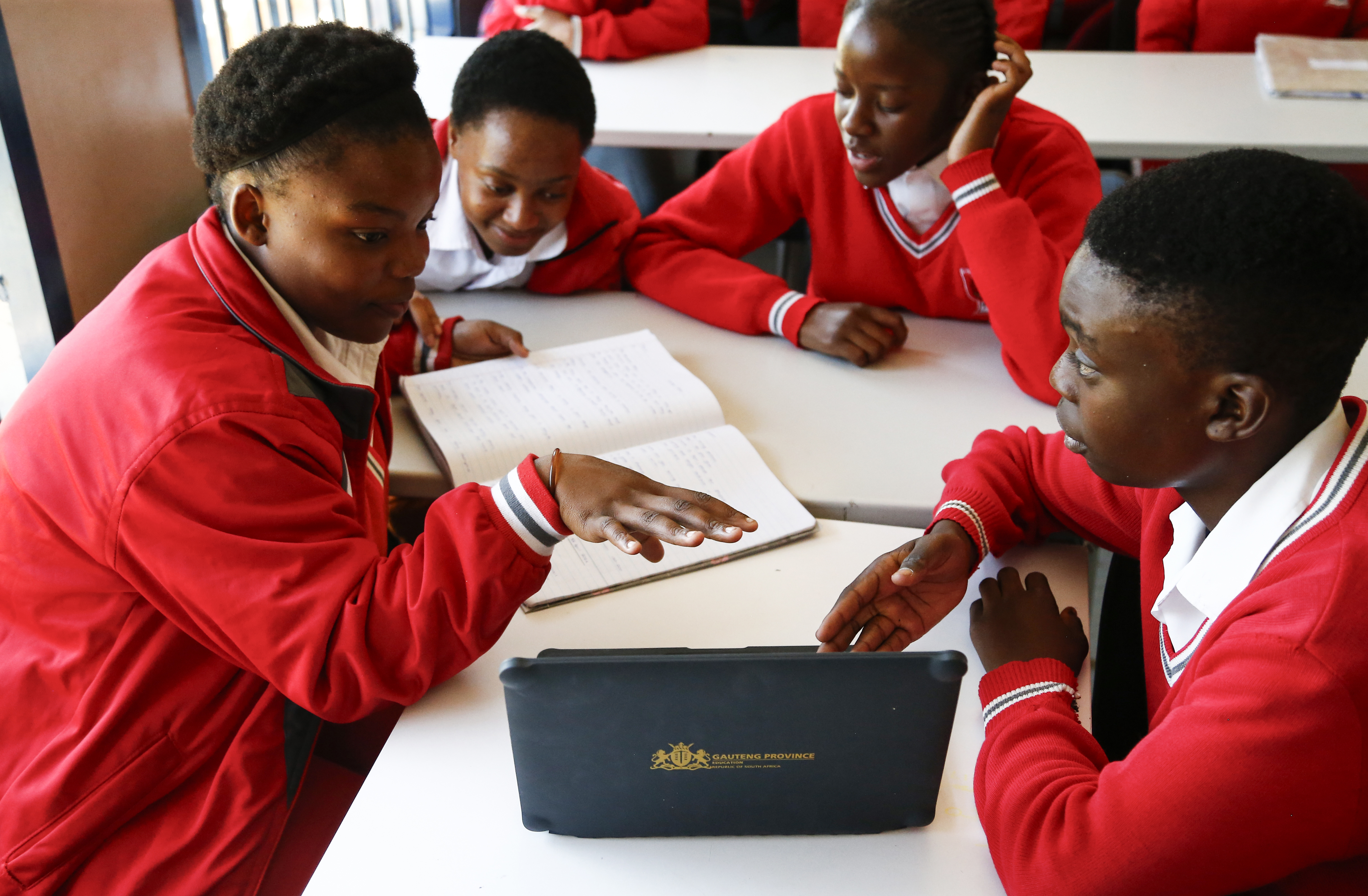
Raymond Mhlaba Grade 10B pupils Basetsana Shuping, Thandeka Longoza, Sbahle Mokoena and Nkosinathi Mbanjwa use a laptop during a lesson. (Photo: Felix Dlangamandla)
‘Overachievers’
Seated inside a well-furnished wooden shed, Raymond Mhlaba principal Angie Mokiti, who was flanked by school governing body chairperson Irene Molefe, ICT coordinator Mothekoa Kekana and life sciences teacher Zandile Nkawule, said the GDE had selected the school to be a SoS due to outstanding results over the years.
“We are a top township school in Gauteng,” Mokiti said, adding that the Department Basic Education (DBE) recognised them as top school in their category in 2018.
Mokiti has been at the helm since the school was founded in 2009. It was the first school built in the area and she was appointed in June of that year.
“We started with Grade 8 and 9,” she said. In 2012, some of this cohort made it to matric.
“From 2012, our results have been excellent. We had 41 learners. We put them on an extended teaching programme where we had morning and afternoon classes. We extended our day.”
The class of 2012 achieved a 100% pass rate. This, Mokiti said, continued in 2013, and over the years the school has not dropped below 95%. It was only in 2020 and 2021, at the height of Covid-19 pandemic, that the school managed to achieve just above 96%.
Covid presented challenges. Mokiti said they had to deal with parents who were reluctant to send their children to school for an extended time to learn.
“Learners didn’t attend school and parents were not supportive when we fetched them. They will say that our children will get sick or die. It was a very frustrating time,” she said.
Like any other Gauteng township school, said Molefe, who has been chairperson for six years, said they had to deal with disciplinary issues in the past.
She said teachers continue to do their best amid challenges including, at times, pupils’ bad behaviour.
“The department is supportive,” Molefe said.
In the past, parents had not been supported, but the parent structure had disciplined pupils found smoking or drinking on school premises. “We also assist teachers to ensure learners wear their uniform. If there is a case, we act on it.”
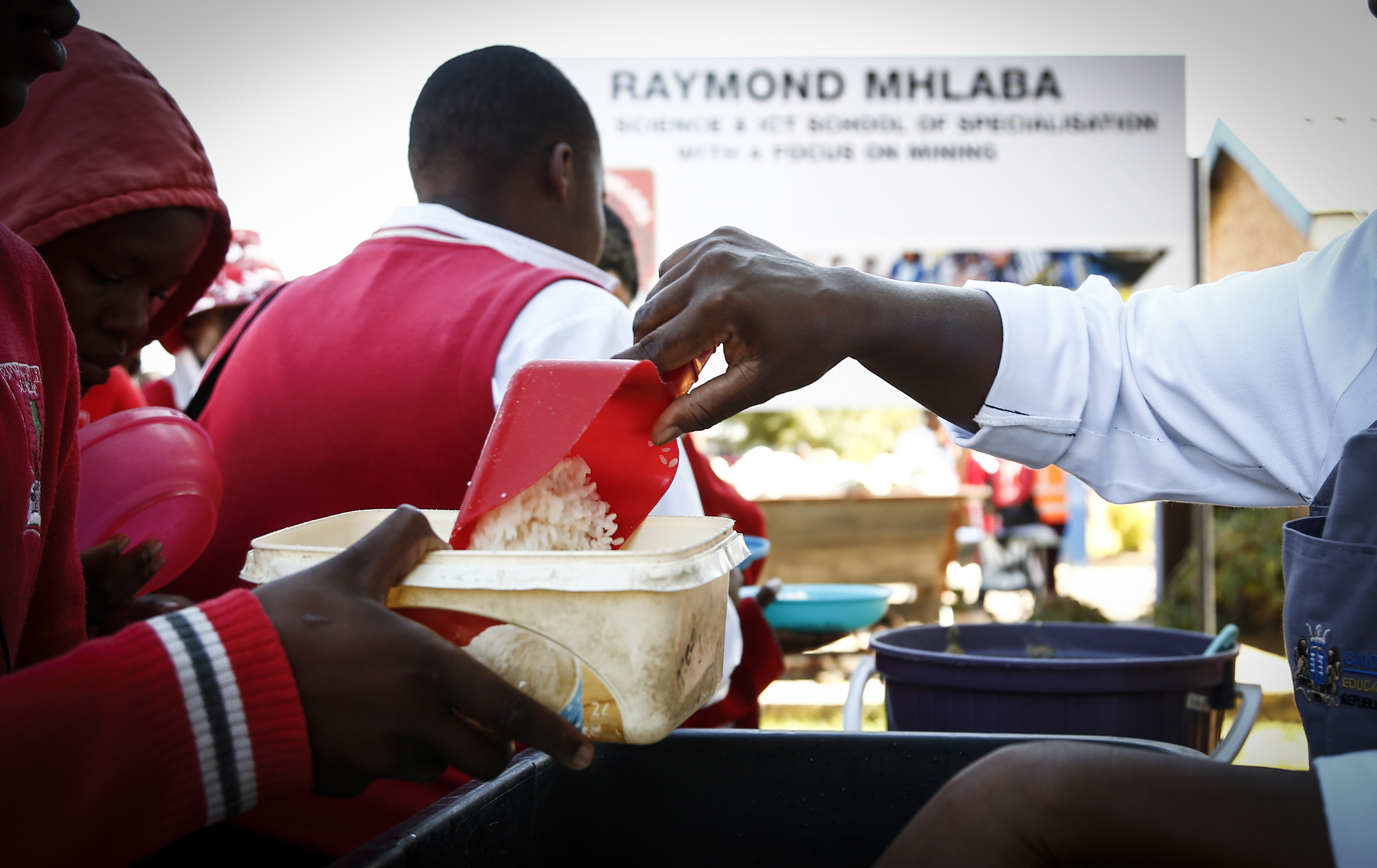
Raymond Mhlaba School of Specialisation pupils receive their meals. The schools is among Gauteng’s smart schools, which use ICT in teaching and learning. (Photo: Felix Dlangamandla)
‘Not fully fledged’
Although the GDE launched the school as a SoS in 2023, Mokiti said they were not yet fully fledged and were waiting for the government to publish a gazette to confirm their new status.
The 2022-23 annual report confirms that not all of these schools have been officially declared SoS. Gauteng education MEC Matome Chiloane says in the report that only 21 have been gazetted since 2016.
Mokiti said the GDE informed them about the SoS status in January 2023, and they had to source funds for the launch.
The GDE failed to respond to questions relating to this – and why such schools were launched without processes and resources having been put in place first.
After being gazetted, Mokiti said entrance exams, which usually are provided by universities for Grade 8s, will be written to select qualifying pupils.
“So for now, the specialisation [is] from Grade 10 where we have commerce, general and science streams.” Computer applications technology (CAT) was also offered.
“When we’re a (fully fledged) SoS we expect to have coding and robotics and IT. We’re called a SoS but we are not fully fledged in specialising in maths, science and ICT.”
They had smartboards and the GDE had given pupils 1,601 laptops. However, only two teachers had received the gadgets.
The SA Medical and Education Foundation had donated smart classrooms used by Grade 12s and also revamped two laboratories and a computer centre in 2020.
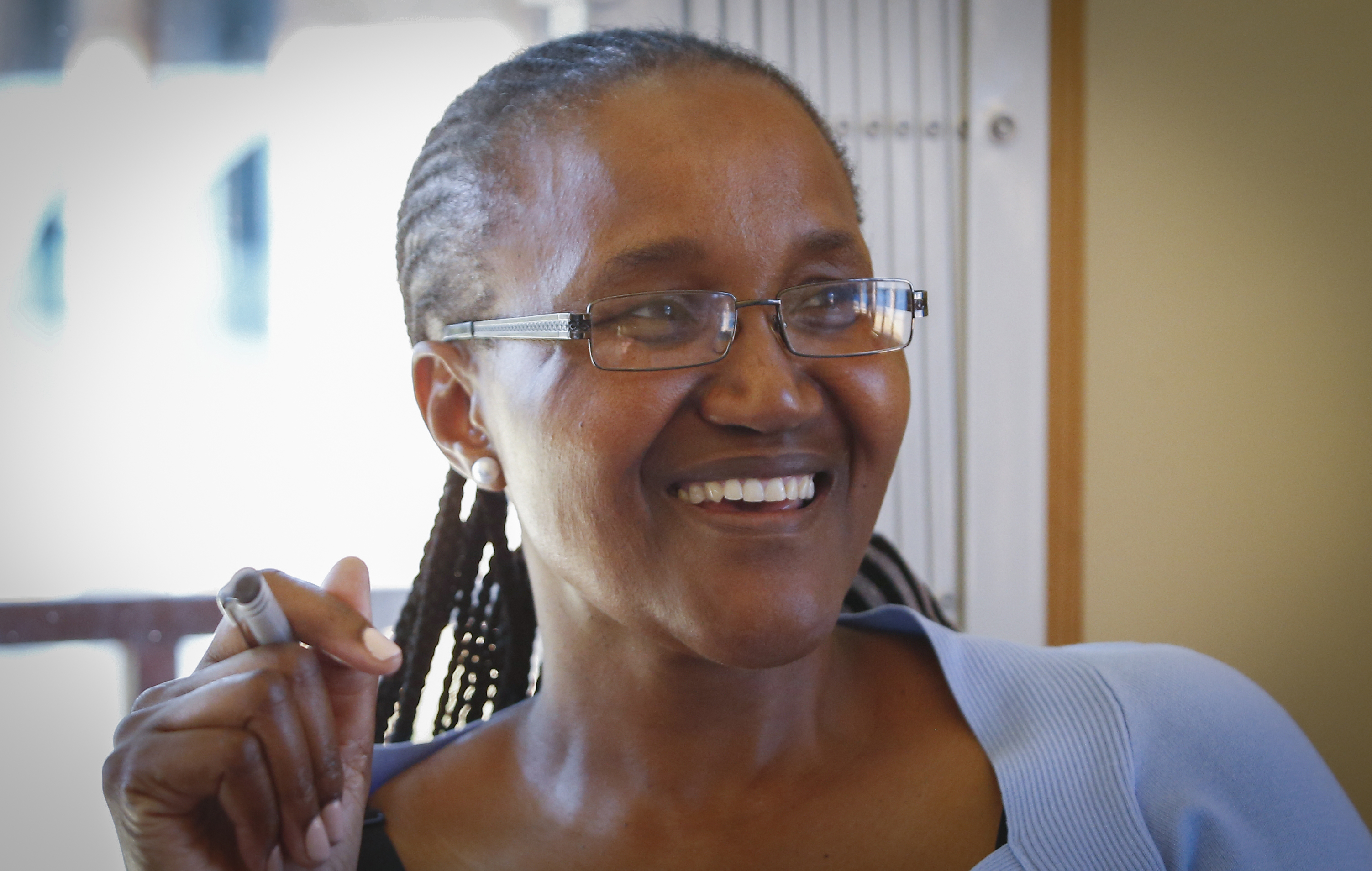
Raymond Mhlaba School of Specialisation principal Angie Mokiti. (Photo: Felix Dlangamandla)
Curriculum changes
Mokiti said they want to train pupils in computer literacy to help them to easily assimilate at university. The school also needs robotics and coding materials.
“We want, in the long run, to do away with creative arts and put in coding and robotics.”
In the general education and training phase (grades 8 to 9) the school currently offers four home languages: Setswana, IsiZulu, Xitsonga and IsiXhosa. English is a first additional language. Other subjects include life orientation, creative arts, technology, maths and natural sciences.
In the further education and training phase there is a science stream comprising maths and physical science, geography or CAT as options. The general stream entails maths literacy, life sciences, geography and tourism. The commerce stream offers accounting, economics, business studies, maths or maths literacy. These include languages.
“What is going to happen when we are a fully fledged SoS, we [will] go full force into science stream, which means learners will do maths and science, either ICT or IT, but also we might keep geography and life sciences. Obviously, if it’s life sciences they can go into medicine – with geography they can go to whatever field related to geography,” Mokiti said. “But commerce we do away with. General stream we do away with.”
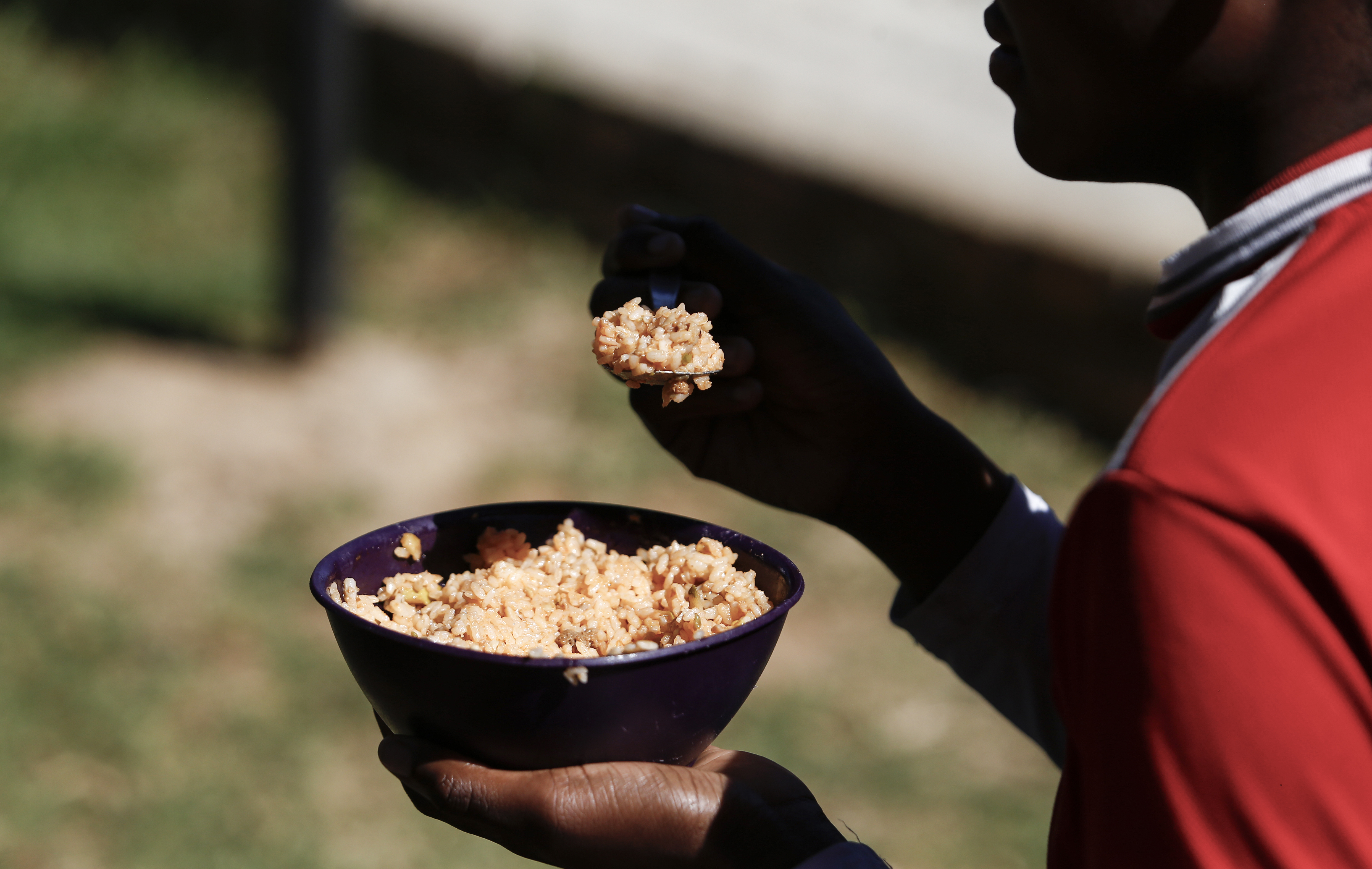
A Raymond Mhlaba School of Specialisation pupil at lunchtime on 2 May 2024. (Photo: Felix Dlangamandla)
Implications
Asked whether they are not concerned that these changes might affect their matric outcomes, Mokiti said they are confident that their work ethic will sustain the results.
“It won’t be a problem. So, if I see trouble I’m just about to go yho I can’t drop the results,” she laughed.
Her staff were equipped but they would need to upskill. “We are told that there is a certain type of teacher that must work in SoS.”
An entry-level teacher needed a BTech and honours, while school management team (SMT) members required a master’s degree (including the SMT head of department and deputy) and the principal must have a PhD.
“You see why I must run away,” Mokiti laughed. “I told them they need to upskill,” she said, adding that teachers will receive bursaries.
‘Overcoming odds’
The school, Mokiti said, would make it – as it had in the past – with its pupils, who come from disadvantaged communities such as Mnandini where there are RDP houses and informal settlements nearby.
In fact, two teachers at the school were alumni who lived under such conditions.
One of them is Zandile Nkawule. The last born of three children, Nkawule said she was raised in a child-headed household, and had experienced difficulties during her schooling days.
“At some point, in most cases I’d only eat during lunchtime, when I go back home I will have nothing. There won’t be food,” she said.
Nkawule said there was a point when she had to open up to a teacher at the school, who doubled as a social worker, although not officially designated for the job.
“She informed the principal that I’m experiencing challenges at home because I couldn’t study properly. I was not free enough to share with other people, especially other teachers, but she was our social worker and I was able to open up to her.
“From there, I studied very hard. The principal believed in us. In a way, for instance, I was the only one who was able to go to university at home. I’ve other siblings but they could not succeed in life. So, she inspired us.”
Nkawule said she did not want to study teaching but was persuaded by Mokiti.
“I wanted to do tourism management. It was more like I was taking chances because I didn’t know much about it. So, when I spoke to her, she said, ‘no, you can’t do that. How many people do you know in the tourism sector?’ It was a wake-up call, to say ‘can we choose the right path for you’. So the right path was teaching. I also specialise in life sciences, which I was taught by her,” she said.
Nkawule, who graduated from the University of Johannesburg, said she relates well to her pupils because of her background.
“My background was very bad. So I can relate to them. Even if I’m teaching them on certain days I have to take them back. I tell them, ‘you are going to be okay’ because I walked the same route that you are on currently’.”
Molefe said teachers were doing their best to help pupils find accommodation, which helps them to study so they don’t drop out.
She has also taken in two boys, who are currently studying matric.
“They find them accommodation, food and toiletries so that they pass and get bursaries to study at varsities,” she said.
Mokiti said the difficulty they face is that they cannot do this for pupils in other grades.
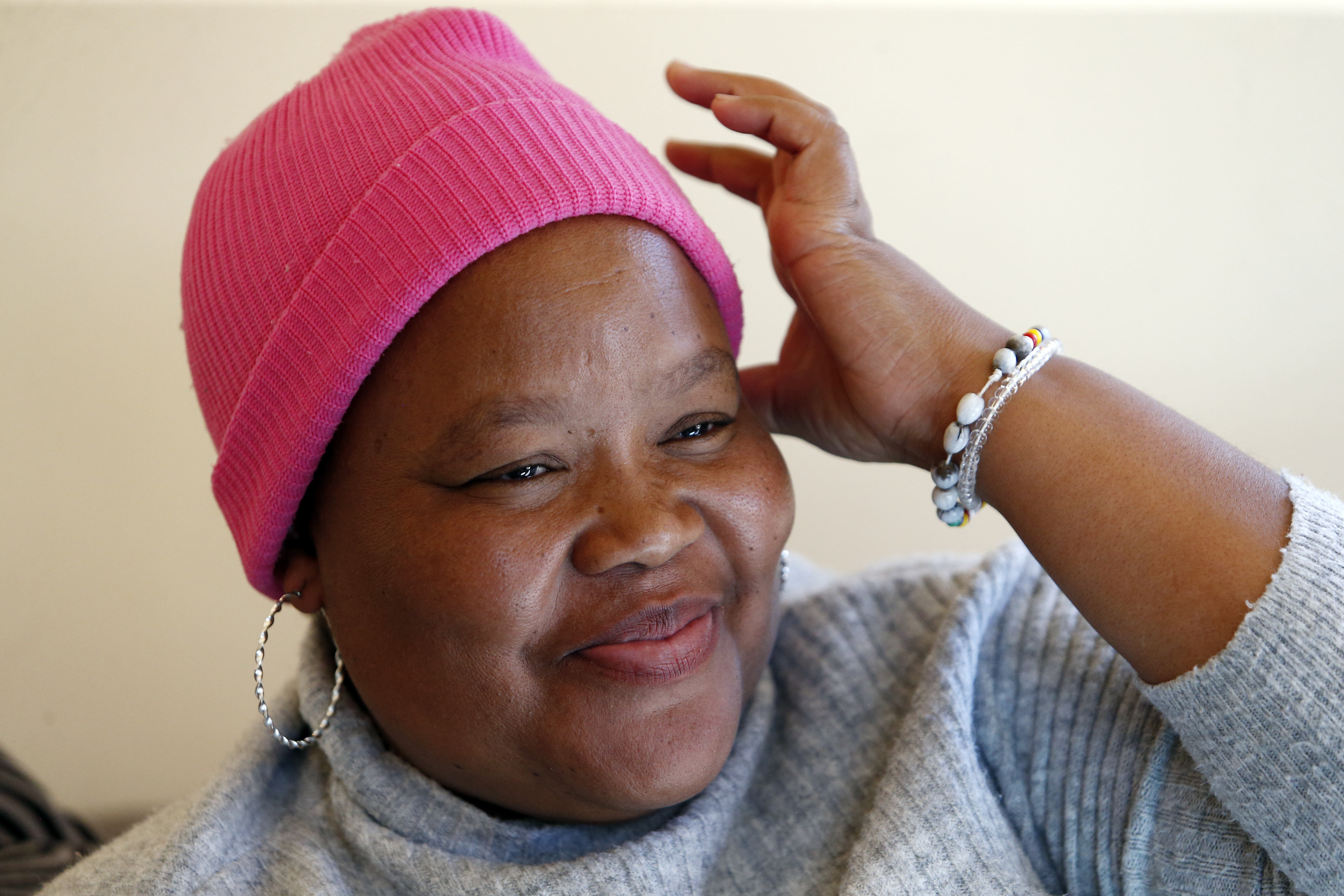
Raymond Mhlaba School of Specialisation ICT coordinator Mothekoa Kekana. (Photo: Felix Dlangamandla)
Protecting gadgets
Molefe said they have patrollers from the community looking after the school.
“We have not heard a report of any smartboards being stolen. We live around here. The community is here. We have day and night patrollers from the community.”
But, Molefe said power outages disrupt learning. The school uses its three generators as back-up, but parents have to pay for the petrol. She said it would be great to have a solar system.
Mokiti said outages, which have become the norm, disrupt their Wi-Fi connection.
Kekana said the school is fortunate to have a committed governing body.
“They are hands-on. Even the community. We are safe. This area is dangerous but when we walk out of the area, we feel safe. The community protects the school and that is why I think we don’t experience break-ins.”
‘Gadgets help us’
Grade 12 pupil Hlamulo Chauke (17) said he was issued a laptop when he enrolled at the school. It was his first exposure to the gadget.
“It was very difficult to adapt when I was exposed to it. I was still young,” he said. But he got better with practice.
Laptops, he said, help pupils to do research and easily understand visual concepts.
“We are more motivated to learn. Even the interaction in class increases. It is beneficial. Marks are improving and learners are engaging. We can have meetings online. Sometimes a teacher can send a meeting link after school.”
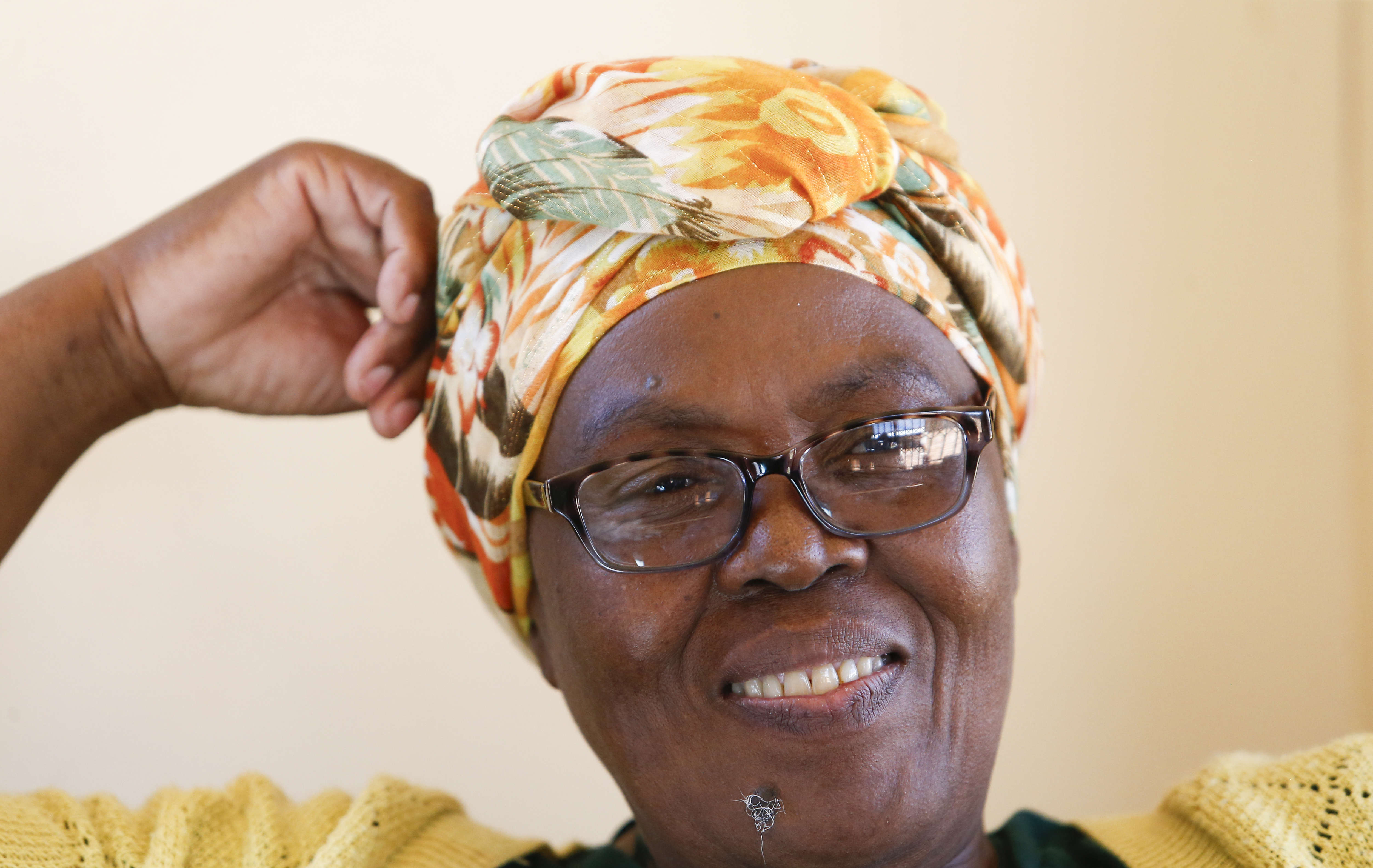
Raymond Mhlaba School of Specialisation school governing body chairperson Irene Molefe. (Photo: Felix Dlangamandla)
What the experts say
University of the Witwatersrand education leadership and policy studies division lecturer Dr Douglas Andrews said that, as a former school principal who had to navigate or pivot to blended learning and the exponential use of ICT to facilitate distance learning, ICT is an essential tool in schools.
“Many people will try to criticise the use of ICT in teaching, however, the opportunities to enhance learning are boundless,” he said.
ICT needed to be introduced in such a way that considered how it could enhance teachers’ pedagogical responses to teaching pupils with different learning needs.
There needed to be thinking about what opportunities existed, including access to the internet, smartphones, cameras to record lessons, computers and projectors. Each school would have different needs and structural resources available.
“The school ICT pedagogical response team should consider how to effectively translate the available technology into learning experiences,” he said.
For example, if only smartphones were available, why not record the lesson on a phone and put the video on WhatsApp? If this lesson dealt with a difficult concept, for instance, the video could be watched repeatedly, and children who struggled with concentration, for instance, could watch and pause the video.
This could serve as a study aid for exams.
“This most basic use of technology can aid learning. Why would we want to deny this to anyone? Maybe only the teacher has a smartphone with a camera; the lesson can be video-recorded and the children can watch this over again before an exam.”
Fast-tracking provisioning of ICT in schools, he said, must first be driven by national policy and then funding must be made available for the most vulnerable schools so they have equitable access.
“Schools that are better resourced with ICT hardware and with trained staff who are ‘champions’ of ICT integration into the classroom should network with those schools in need to ‘bridge the ICT gap’. However, the state should incentivise this so that it actually happens and there should be accountability measures built into the incentivisation.”
University of Fort Hare senior researcher Dr Siyabulela Fobosi said the education discourse has been profoundly reshaped in the wake of Covid-19. Schools worldwide had scrambled to adapt to remote learning and the limitations of traditional pedagogical methods had become glaringly apparent.
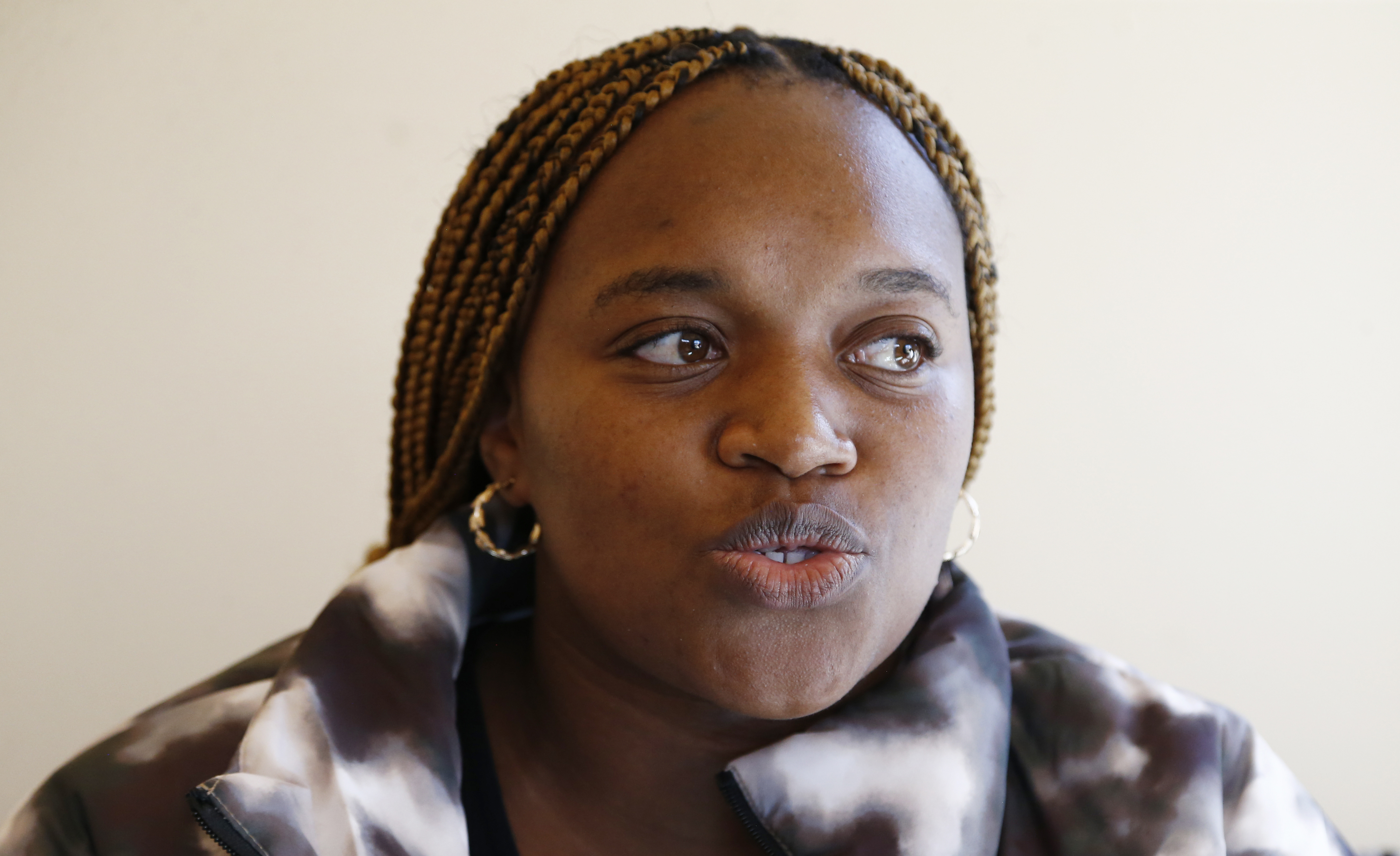
Zandile Nkawule is a life sciences teacher at the Raymond Mhlaba School of Specialisation. (Photo: Felix Dlangamandla)
“In South Africa, a country marked by stark socioeconomic disparities, the pandemic laid bare the gaping digital divide within its education system. Now, more than ever, integrating ICT in schools is desirable and imperative for ensuring equitable access to quality education,” Fobosi said.
The pandemic had underscored the urgency of incorporating ICT into educational practices.
“Schools already embracing digital learning platforms were better equipped to transition seamlessly to remote learning. Conversely, those without access to ICT infrastructure faced significant challenges in ensuring continuity of learning.”
The introduction of ICT after the pandemic was crucial for levelling the playing field and giving all pupils an equal opportunity to thrive academically.
Education activist Hendrick Makaneta said the introduction of ICT is crucial, especially after Covid-19.
“Covid-19 has improved learning and teaching in the sense that some learners and teachers could still have lessons via teams or Zoom, in the comfort of their homes,” he said.
The Basic Education Department, he said, should move swiftly to modernise the education system to ensure pupils gain access to digital devices that can enable them to create a future for themselves.
ICT positives
These steps, Andrews said, include:
- Use of visual materials that can make lessons more stimulating;
- Tests that can be electronic and support pupils with reading barriers because they can increase the font size;
- Pupils and teachers can use quizzes to give feedback on lesson productivity. There is a link between classroom activity and the real-world experiences all pupils will have to cope with one day;
- Lessons that can be recorded for reinforcement purposes;
- Lessen paperwork to free up more time for teaching;
- Teaching can be enhanced using internet resources and other lessons given by teachers from around the world; and
- A child at home or away from school can access the lesson in real time, which reduces absenteeism.
Fobosi said concerted efforts are needed at both governmental and organisational levels to expedite the introduction of ICT in schools.
This included allocating sufficient resources for procuring ICT equipment, comprehensive training for teachers on digital teaching methodologies, and fostering partnerships with technology companies to bridge the digital divide.
“Additionally, leveraging existing infrastructure and implementing innovative financing models can help overcome financial barriers to ICT integration.”
ICT, he said, has the potential to revolutionise teaching and learning by offering interactive and personalised educational experiences. For example, digital platforms can access a wealth of educational resources, facilitate collaborative learning through virtual classrooms, and enable adaptive learning technologies that cater to individual pupil needs.
Moreover, ICT empowered teachers to employ innovative teaching methods, such as gamification and multimedia presentations, to enhance pupil engagement and comprehension.
Makaneta said the government should ensure every school has internet connectivity and make it compulsory for every child in the country to learn robotics and coding.
“We have noted that the government alone may not be able to roll out the much-needed infrastructure required to introduce ICT in all the schools in the country. It is for this reason that we are also calling upon the private sector to lend a hand of support,” Makaneta said.
He said ICT will certainly improve learning and teaching because teachers and pupils will be exposed to additional resources such as online educational resources.
“Even the use of video clips can be easily accessed, especially where the teacher wants to make use of alternative examples to explain certain concepts. Even e-books can be easily downloaded and learners can submit work online instead of using paper all the time.”
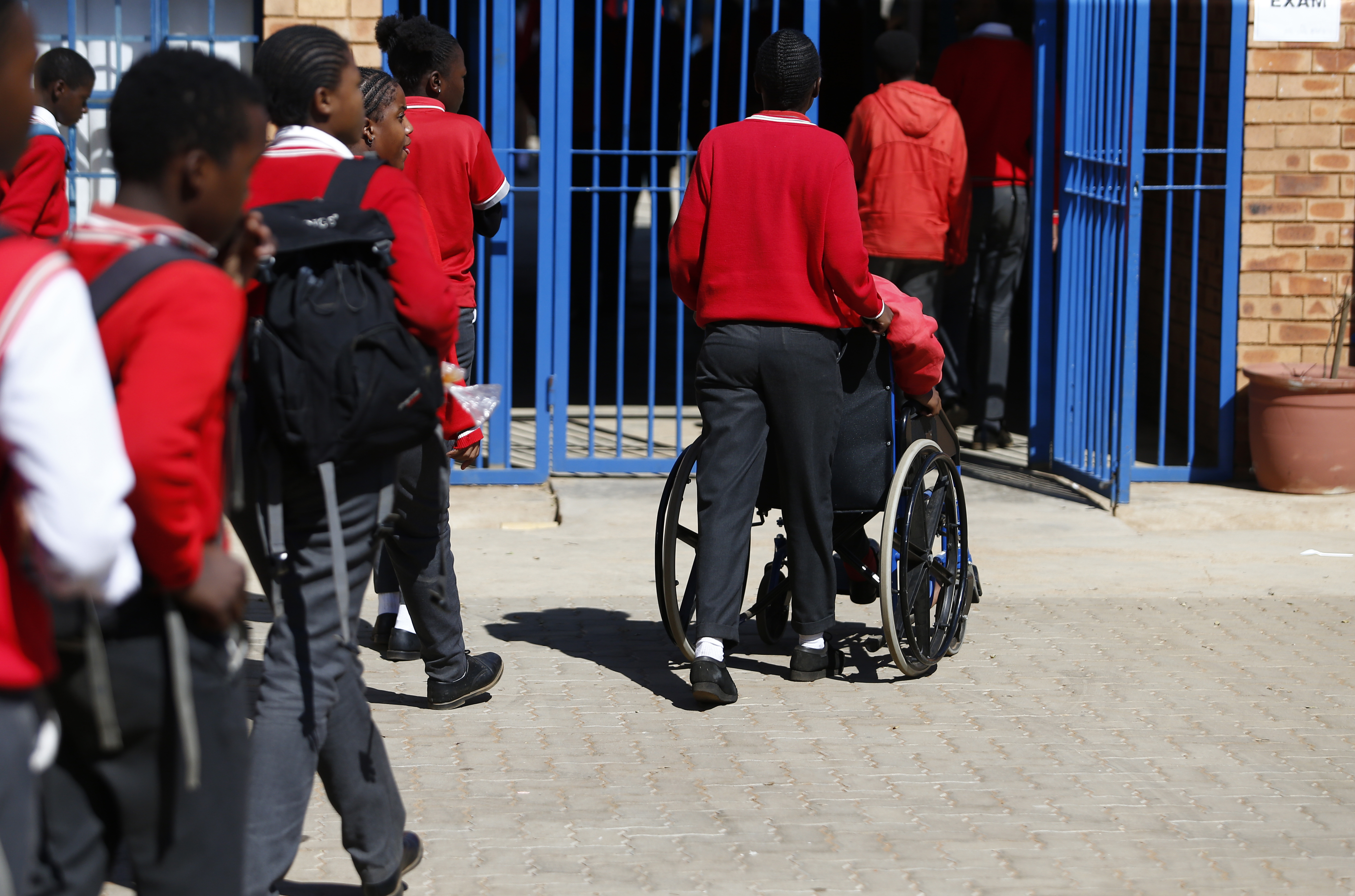
Pupils arrive for class at the Raymond Mhlaba School of Specialisation on 2 May 2024. (Photo: Felix Dlangamandla)
ICT disadvantages
Andrews said many teachers are concerned that ICT will serve as a distraction from what the lesson is about.
“However, just like a calculator enhances maths, so can ICT enhance teaching. It must never be seen as a replacement to teaching, but rather as a tool that can provide additional pedagogical responses.
For example, if you are teaching the human heart in a biology lesson, for example, and you have a virtual image of a heart beating that you can annotate and display on the projector where students can use their phones to fill in the answers and participate in an online quiz, this can only improve the experience when the alternative is a static black-and-white picture of a heart in a textbook.”
The danger, he said, is not in the use of ICT in the classroom, but in how it is used and whether it has a pedagogical basis for its use.
While ICT offers numerous benefits, Fobosi said, it is not without drawbacks.
“One concern is the risk of exacerbating existing inequalities if access to technology is not equitably distributed.”
Reliance on digital platforms might marginalise pupils who lacked digital literacy skills or a stable internet connection.
“Additionally, there is a need to safeguard against the potential distractions and cyber risks associated with online learning environments.”
Makaneta said the use of ICT could lead to unintended consequences as some pupils may use their gadgets to access sites that are not meant for educational purposes.
“Some parents have already taken gadgets away from their children after discovering that the child used the device for no educational purposes.”
Covid-19 lessons
Andrews said Covid-19 showed that South Africans have the ability to find solutions to seemingly insurmountable problems under stressful circumstances.
“The challenge now is to sustain and further develop these solutions. Now that there is a large pool of people in education, at all levels and across all schools, who have learned to varying degrees, how to use and apply ICT in the classroom in pedagogically effective ways, we should harness this potential,” he said.
Just like workshops and cluster committees to develop maths teaching or early grade reading, he said, the same effort can be put into community training for ICT enhancement schools.
However, South Africa needed to be aware of the danger that some schools that were better resourced would continue to develop their ICT teaching programmes while other schools that were less equipped in terms of human and physical resources would abandon the drive to use ICT.
“We need to become more institutionally inclusive, where schools partner with each other to share expertise and focus on the opportunities and resources that are contextually and situationally available so that training and support are relevant and applicable,” Andrews said.
Fobosi said the pandemic served as a stark reminder of the inequalities in South Africa’s education system.
While some schools seamlessly transitioned to online learning, he said, others struggled to provide basic teaching materials to their pupils.
“This experience underscores the urgent need to address the digital divide and ensure that all learners have access to ICT infrastructure and resources, regardless of their socioeconomic background,” Fobosi said.
The pandemic had underscored the urgent need to bridge the digital divide in South African education by integrating ICT in schools.
“While ICT offers immense potential to enhance teaching and learning, its successful implementation requires concerted efforts to address infrastructure gaps, provide comprehensive training for educators, and ensure equitable access for all students.”
Only by prioritising ICT integration could South Africa realise its vision of an inclusive and transformative education system that empowered all pupils to succeed in the digital age.
Makaneta said Covid-19 exposed the gap between those who could afford to buy gadgets such as laptops and smartphones and those who could not. Some of the former were able to learn despite school closures, while pupils from poor communities could not get education, which meant their right to education was taken away by the pandemic.
“Although there was rotational learning at a much later stage, the children from poor areas were the hardest hit because they could not complete the syllabus. Even some of the topics were removed from the annual teaching plan because of the rotational timetable.”
ICT in provinces
In all provinces, Andrews said, there are pockets of excellence and individual pursuits to drive change and innovation.
However, the integration of ICT in classrooms mirrored the economic status and urbanisation of each province.
“Where there is more opportunity, better internet connectivity, more capital and more experts you will see more provision of ICT use in schools.
The challenge was to “level the playing field” and ensure all children in our country had access to quality and equitable education provision.
Fobosi said some provinces have made significant strides in integrating ICT into their education systems.
“For instance, schools in Gauteng have implemented various ICT initiatives, such as providing tablets to students and equipping classrooms with interactive whiteboards. However, these efforts have predominantly concentrated in urban areas, leaving deep rural regions, such as the Eastern Cape, underserved in ICT infrastructure,” he said.
Makaneta said Gauteng is a leading province that has managed to install smartboards in its schools, although some were vandalised or stolen during break-ins.
“Be that as it may, we wish to encourage other provinces to follow suit by buying ICT equipment for their schools. Doing so should not be seen as an additional burden on the coffers of the state, but rather as an investment in the future of our children.”
Views of teacher unions
South African Democratic Teachers’ Union spokesperson Nomusa Cembi said they are looking at the bigger picture in terms of transforming the education system, which encourages pupils to progressively take greater responsibility for their learning and in which higher-order thinking is promoted.
During the pandemic teachers had been able to adapt their strategies to communicate with pupils and enable learning.
“Teachers set up communication systems with learners and parents so that they were able to maintain control over the learning process. It is in this context that we need to see the digital transformation process,” Cembi said.
The real challenge was ensuring teachers and pupils used ICT to advance classroom learning.
The Basic Education Department needed to resolve the thinking around the use of ICT in schools and the relationship between teacher, pupil and content.
“ICT is a glorified chalkboard of information that can be used to support teaching and learning and it’s important that both teachers and learners use it to advance learning. It has functionality that can promote learning, but using it on its own will not promote high-quality teaching and learning.”
Only schools and teachers could improve the quality of teaching and learning, but they could use technology as one of the many tools to bring different dimensions of quality into the school.
She said the pandemic and emergency measures created conditions of isolation that were damaging to all stakeholders, while teachers adopted measures to communicate with parents and pupils.
“We in no way advocate replicating these conditions and don’t think we need to design an education system for isolation. It will be detrimental to the country,” she said.
All provinces, she said, are promoting the use of ICT but there seems to be inconsistency in the thinking around its use that is hampering progress.
“We did unplugged coding and robotics training for 15,000 teachers to promote the use of technology in classrooms and at this point conflicting perspectives hinders the upscaling of technology in schools.”
Suid-Afrikaanse Onderwyserunie (South African Teachers’ Union) said that while the pandemic was a major catalyst for the reappraisal of schools as sources of teaching and learning, it was not the only one.
“Prior to the advent of Covid-19 there was a worldwide trend in the direction of schooling and education which made use of ICT. The reason for introducing ICT in schools goes wider and deeper than the ever-present possibility of disruption in a pandemic situation.”
The reality now was that it was almost impossible for teachers and pupils to keep abreast of developments in all the fields of education and learning without access to the world ICT could embrace.
“There are very wide differences between schools in South Africa, and it is very evident in the world of ICT where issues of provisioning, connectivity, service and availability often affect rural areas more comprehensively than they affect urban or major metropolitan areas,” the union said.
Education authorities, it said, have made major strides over the past few years in efforts to make ICT more available in schools, and have been materially assisted by major service providers that are sensitive to the needs of rural schools and educational institutions.
“The implementation of ICT requires partnerships between schools, communities, the education authorities and service providers, and there are sometimes bottlenecks which form in instances where not all parties can be involved at the same pace.”
Within the framework of their mandate and resources, the union said, education authorities are seeking to redress imbalances and to develop equitable systems in each of the education districts.
For education and schooling to be effective the capacity to move beyond the immediate school environment was needed.
“ICT can make an important contribution to teaching and learning if properly dealt with.”
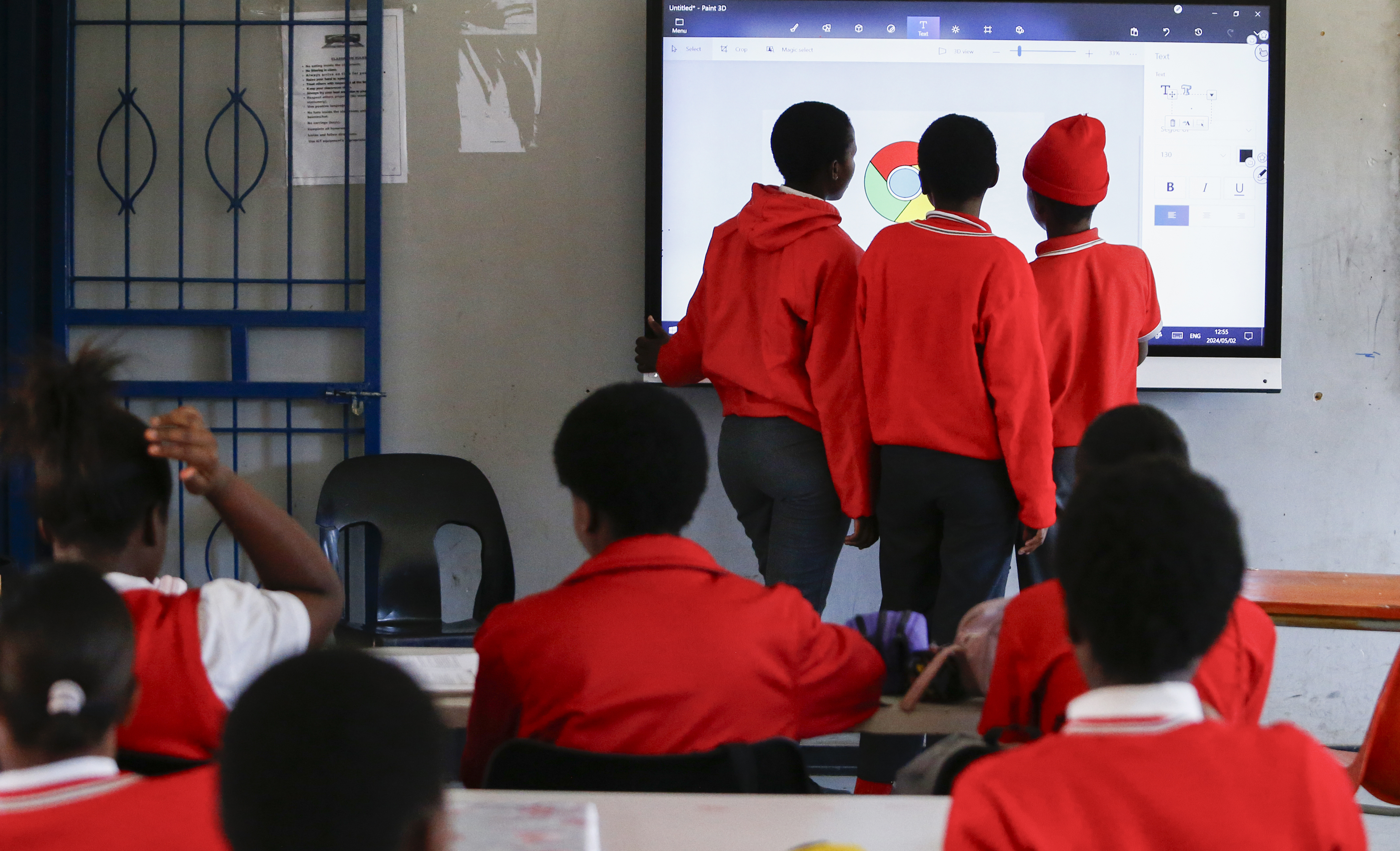
Raymond Mhlaba School of Specialisation pupils use a smartboard in class on 2 May 2024. (Photo: Felix Dlangamandla)
Pupils in all communities had suffered material learning losses as a result of Covid-19, particularly in poorer communities.
“The state possibly had no option other than to take the steps to close schools, which were taken more or less worldwide, and the rapid onset of the pandemic meant there was little time for the authorities to deal with the implications of school closure.”
An important lesson was that a future pandemic might have the same effect.
“It is important that the state take all necessary steps to ensure that schools are provided with materials and systems which will enable them to deal with pandemic situations, and that there are strategies available to schools which will enable them to manage issues such as closure and major disruption of schools.”
All provinces have some ICT in schools, the union pointed out.
“The issue is the extent to which they have been successful in rolling out ICT to a high proportion of schools and learners. Some provinces, especially those with metropolitan areas, have a higher rate of penetration than those with extensive rural areas.”
Provinces respond
The Western Cape Education Department and the GDE responded to questions, but the DBE had not by the time of publication.
GDE spokesperson Steve Mabona said the process of gazetting the school is twofold: There is the intention to gazette, which has been done, and the gazetting, which is in process of being done.
Mabona said SoS schools do not have to be fully functional immediately after being launched.
“There is a five-year transitioning and this will be led in when the first Grade 8s to be assessed are admitted into the school, which will be in 2025,” he said.
He said there are processes for teacher development which include upskilling or reskilling.
“Bursaries are also made available to all [such schools] for the development of the teachers.”
Regarding theft and vandalism at schools, Mabona said they always urge anyone with information that might help in apprehending the perpetrators to come forward.
“We would like to implore community members to refrain from destroying our school infrastructure as this impedes negatively the education of our learners,” he said.
Western Cape Education Department spokesperson Bronagh Hammond said that through its e-learning programmes the department aimed to create an enabling environment for ICT infusion into teaching and learning practices.
The smart classroom environment provided teacher-centric technology with which to modernise and bring the curriculum to the classroom in multimedia modes.
A typical smart classroom comprised a teacher computing device (notebook), a large display medium (screen or data projector), interactivity (usually a touch medium) and visualisation tools (a document viewer or visualiser).
Close to 12,000 such smart classrooms had been introduced across two-thirds of public schools in the province.
The department had been implementing this project over the past decade.
Covid-19, Hammond said, disrupted teaching and learning, but the department is working towards recovery through the Back on Track programme.
She said it was difficult to quantify improvements in the classroom made by ICT because there are many things that could contribute.
“You also need a teacher that can engage with the technology in a meaningful and exciting way.”
The challenges hampering the province in providing ICT to all schools included budgetary constraints, procurement requirements and processes, product availability and power outages.
“Vandalism of the equipment and cable theft is also a challenge.” DM
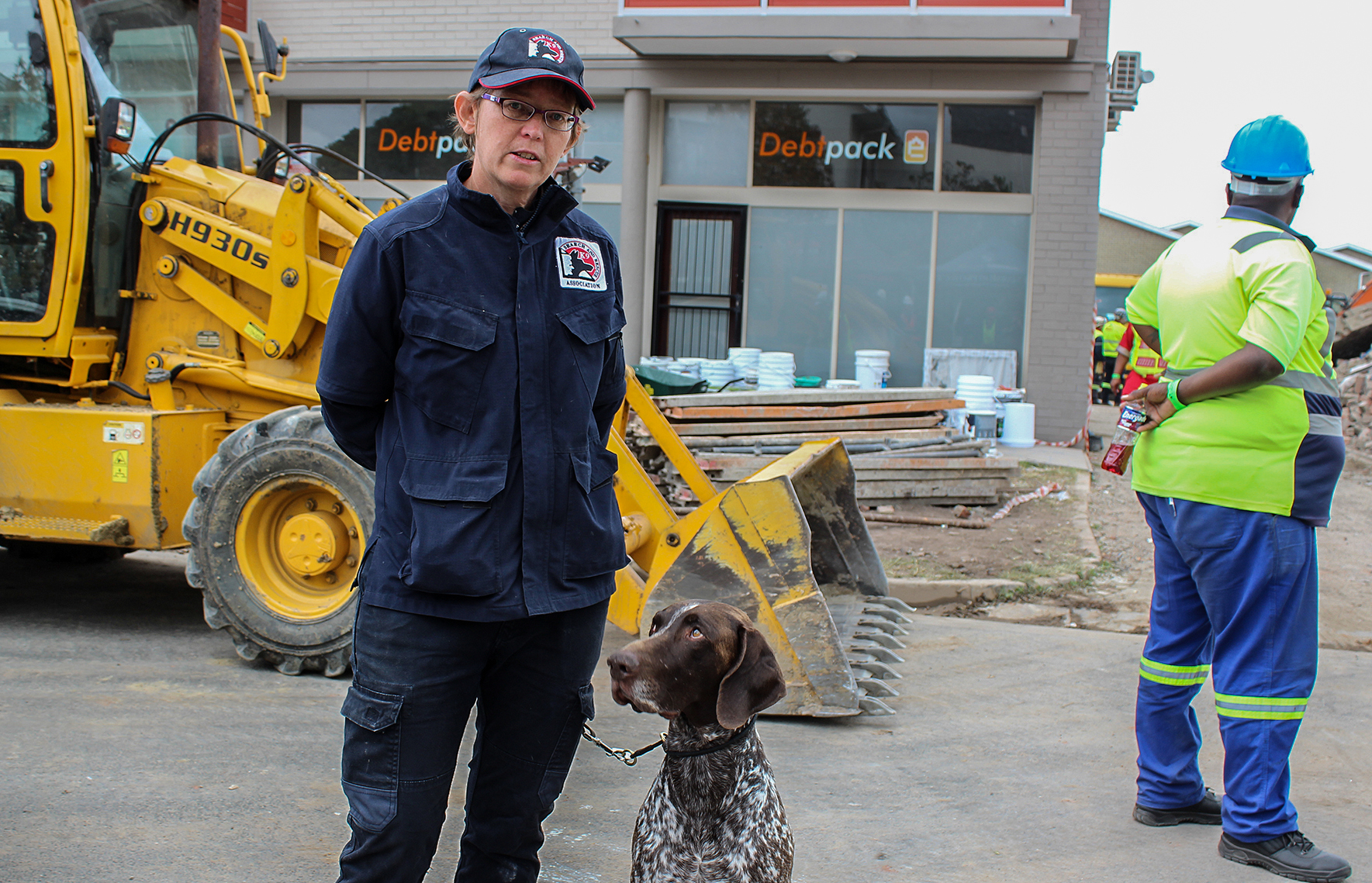
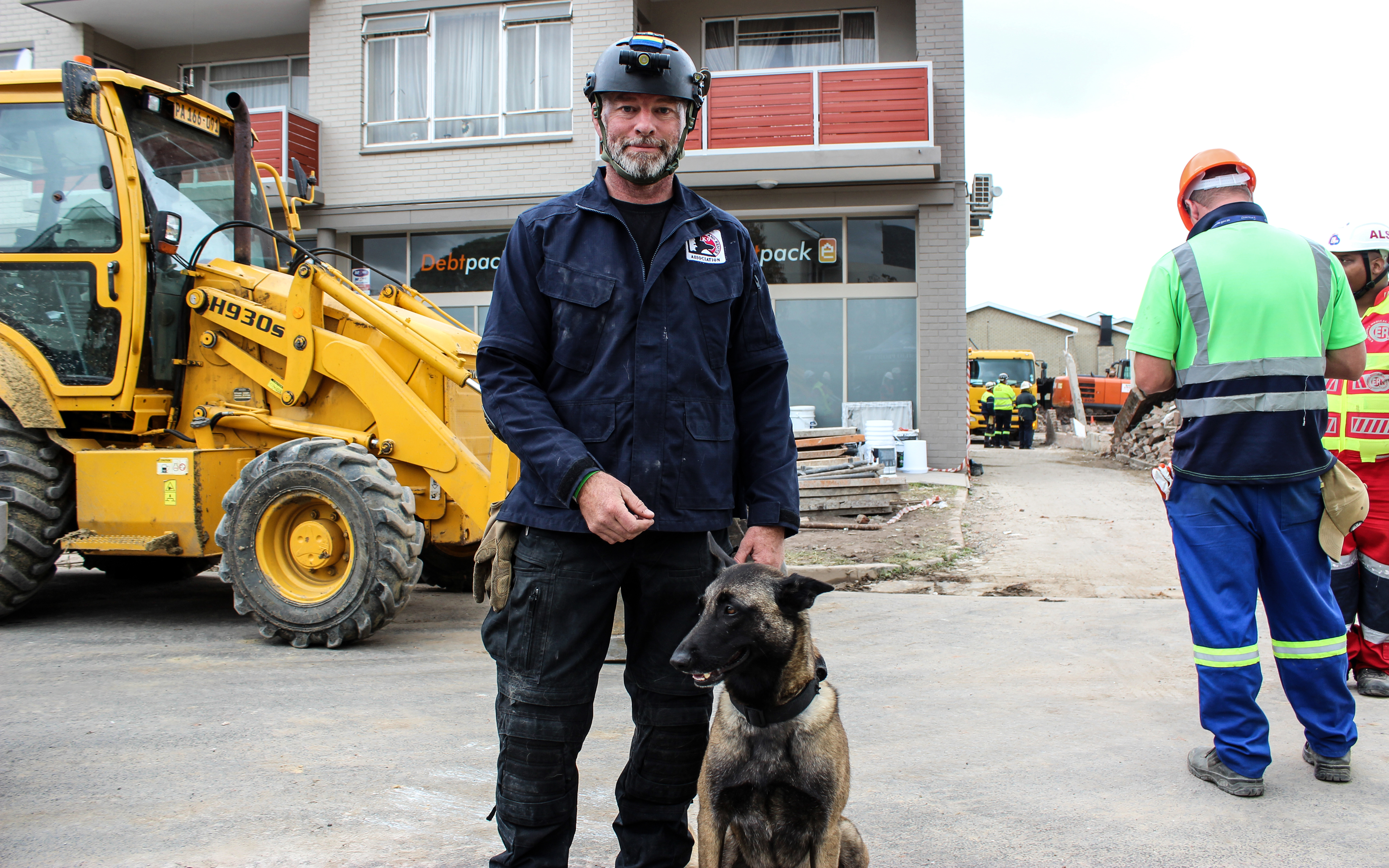
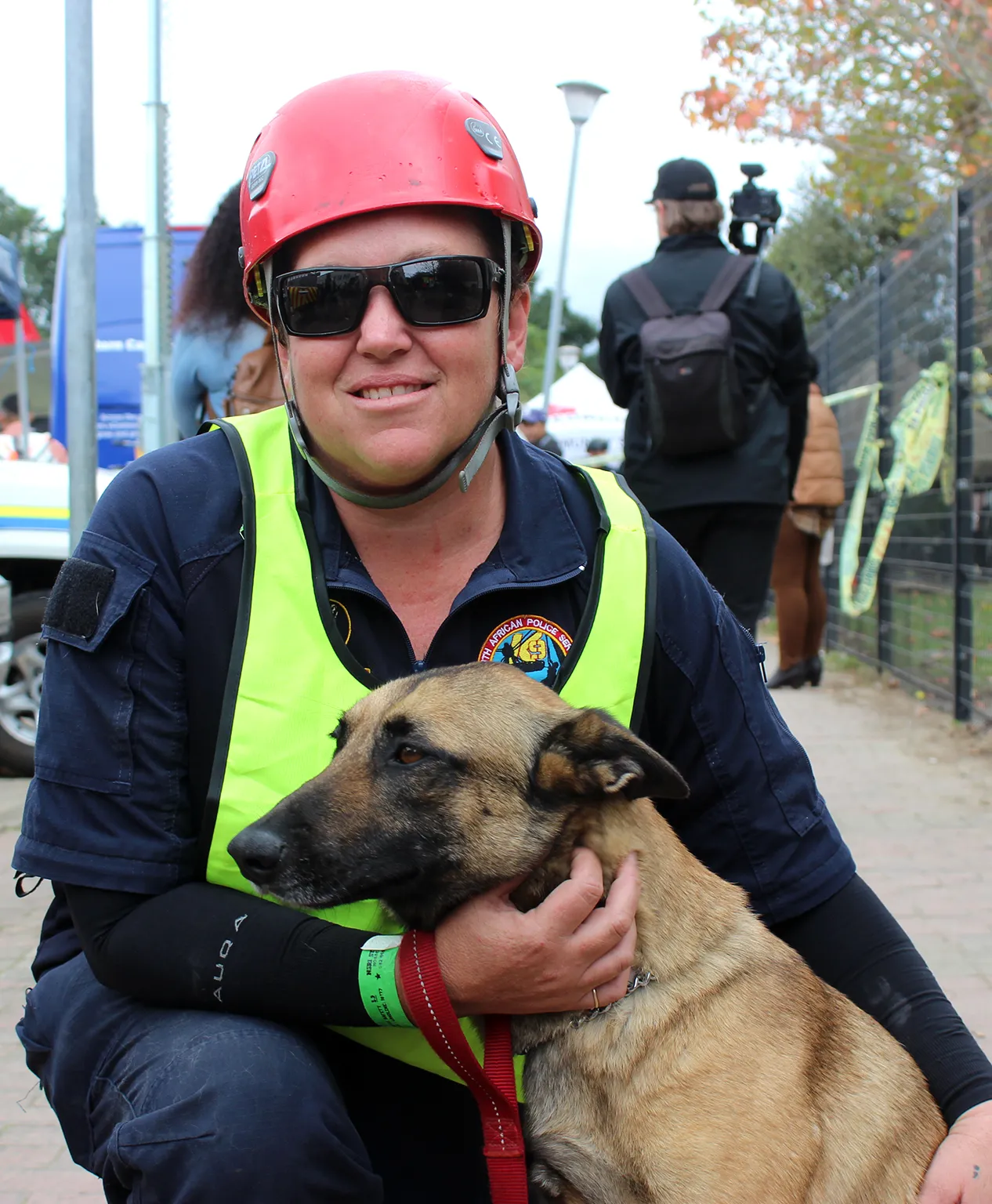
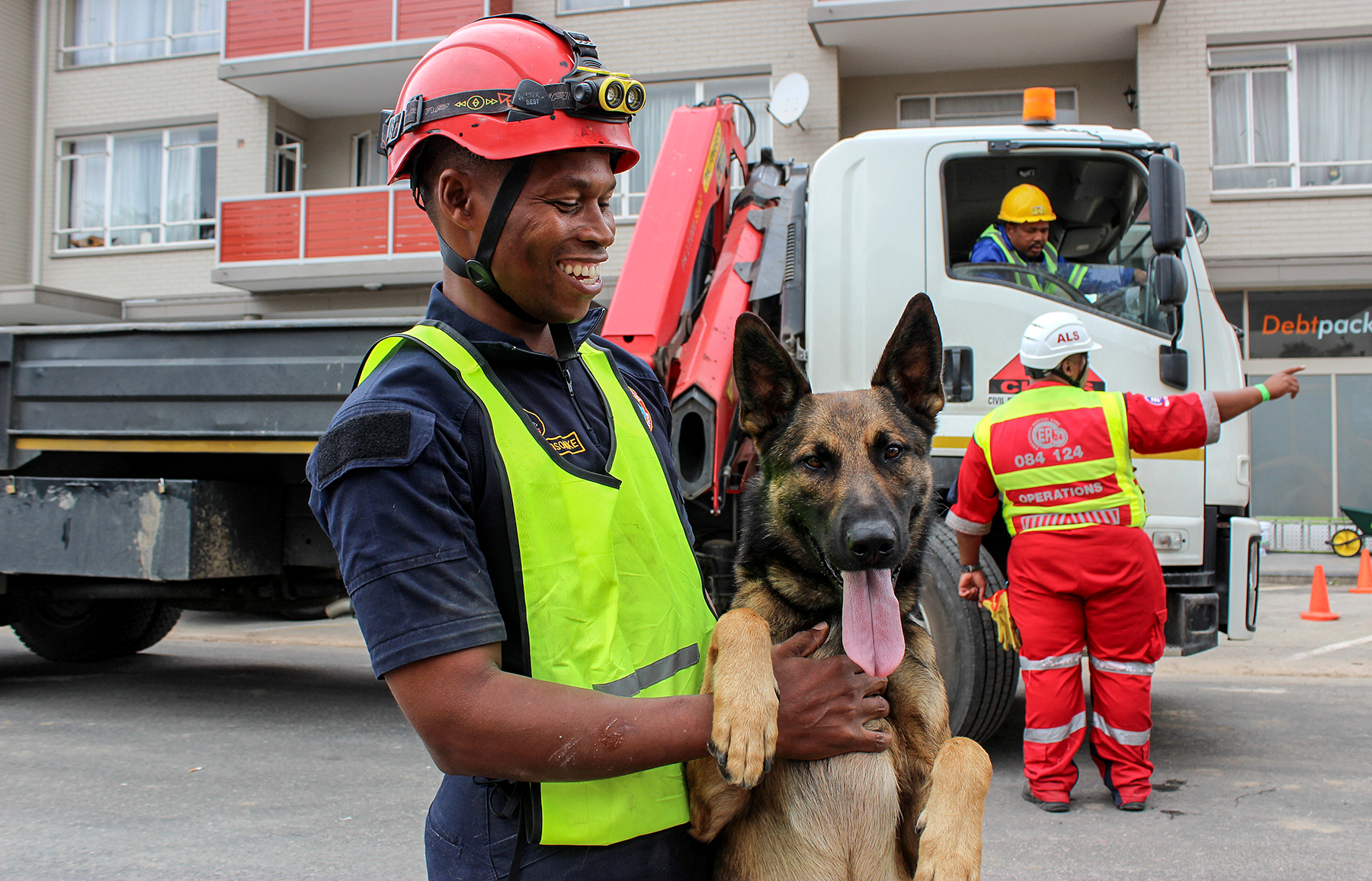
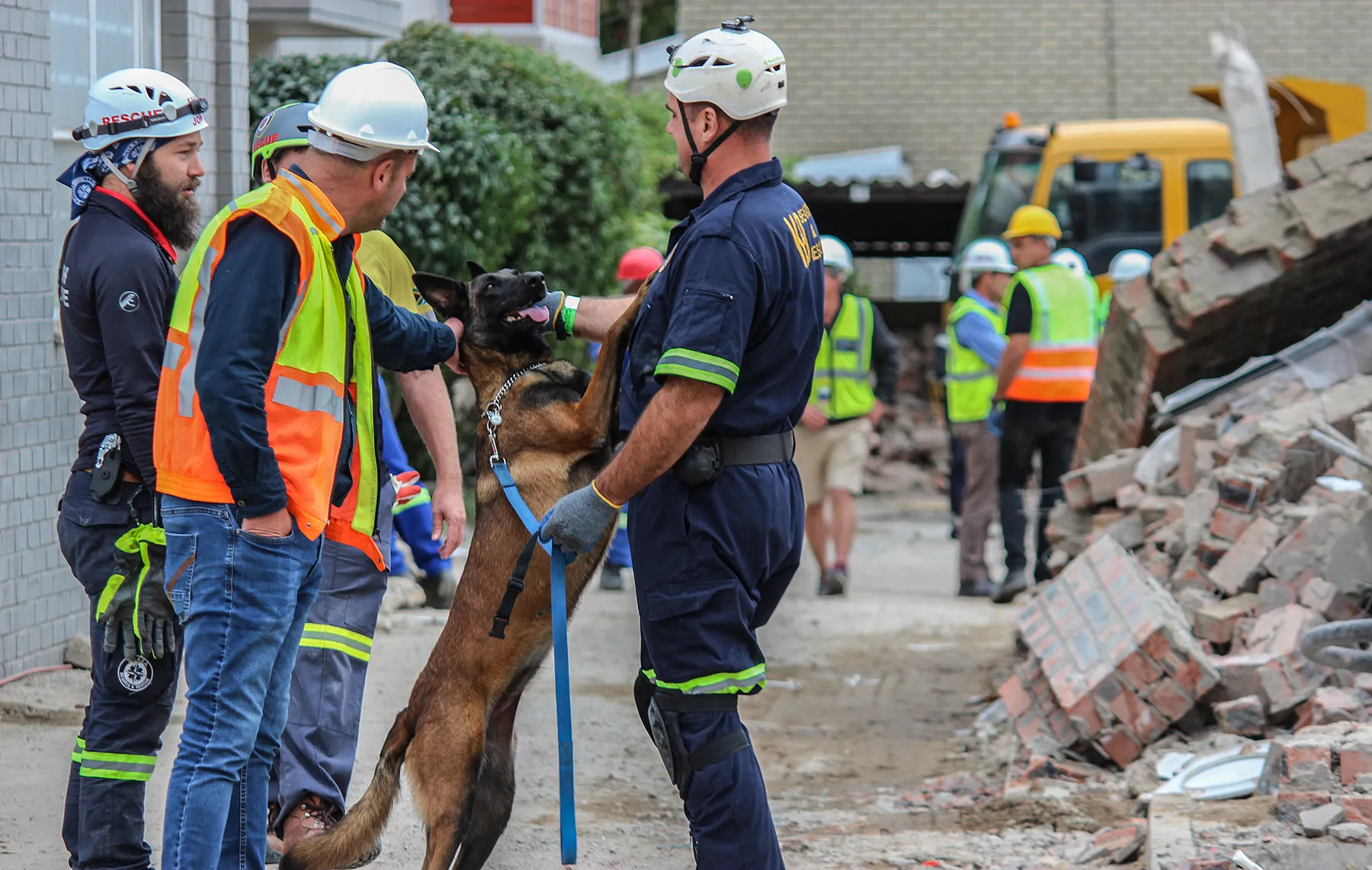





 Share
Share
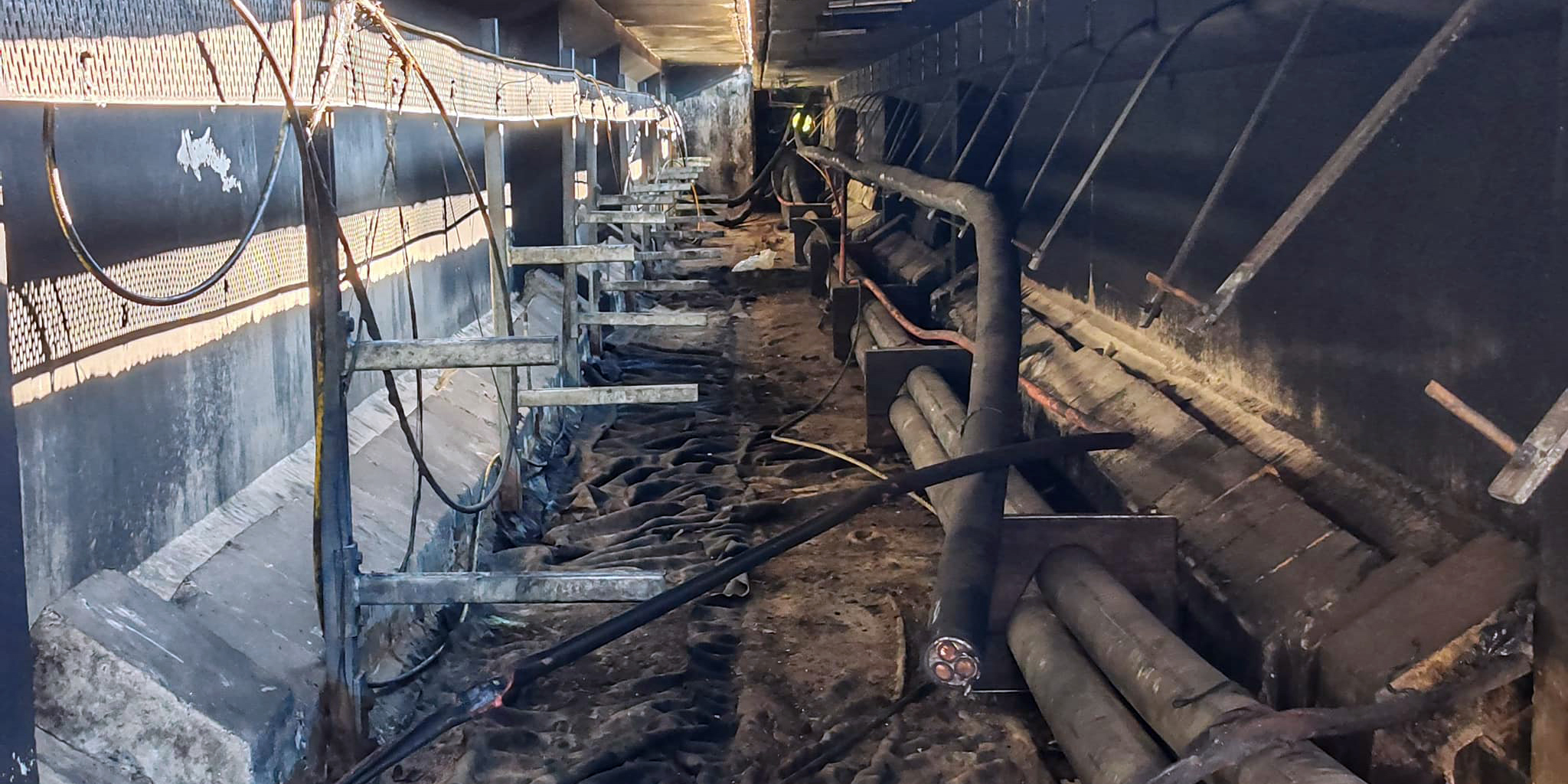
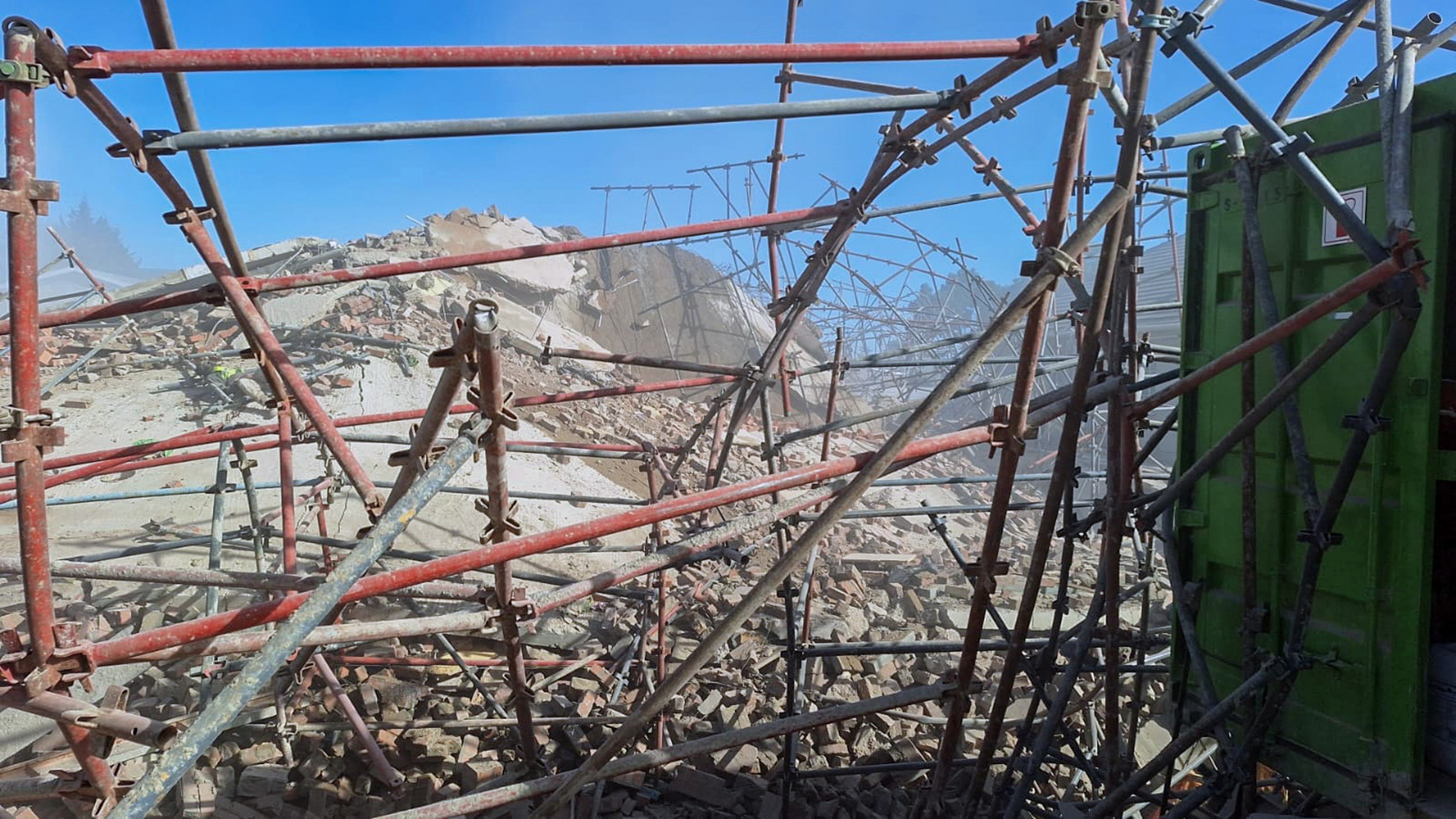
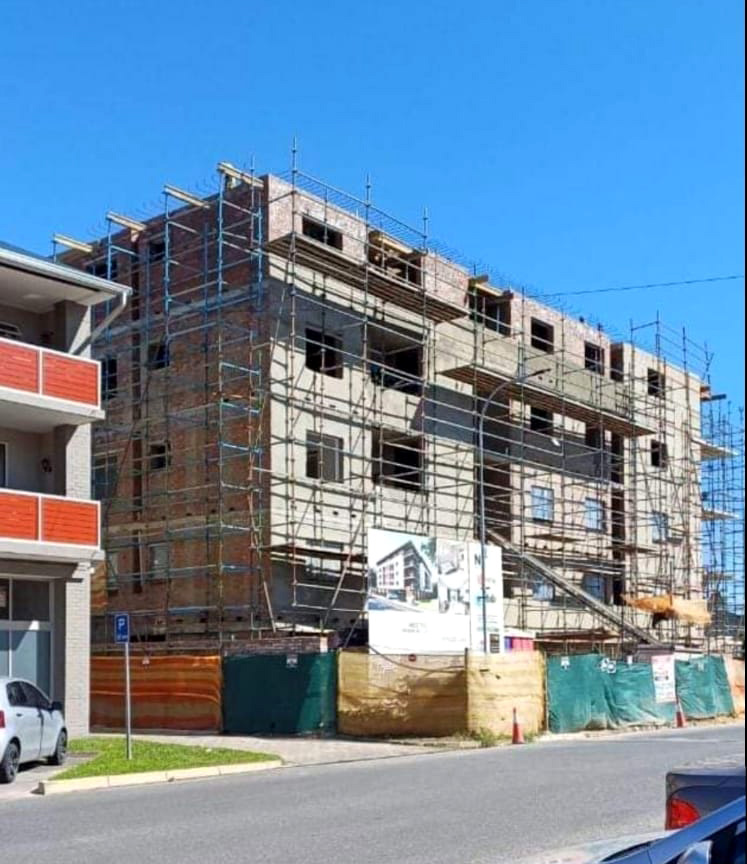
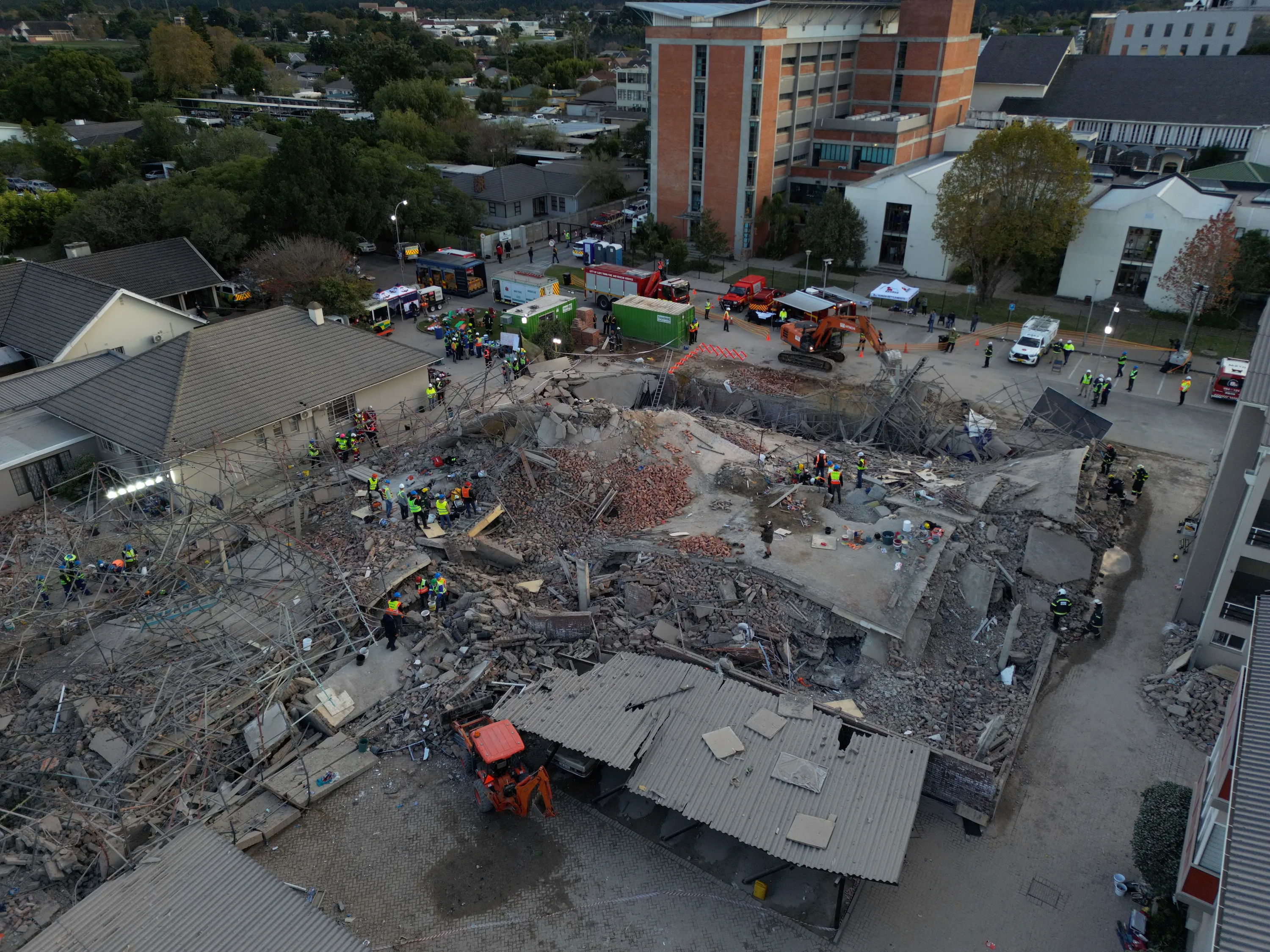
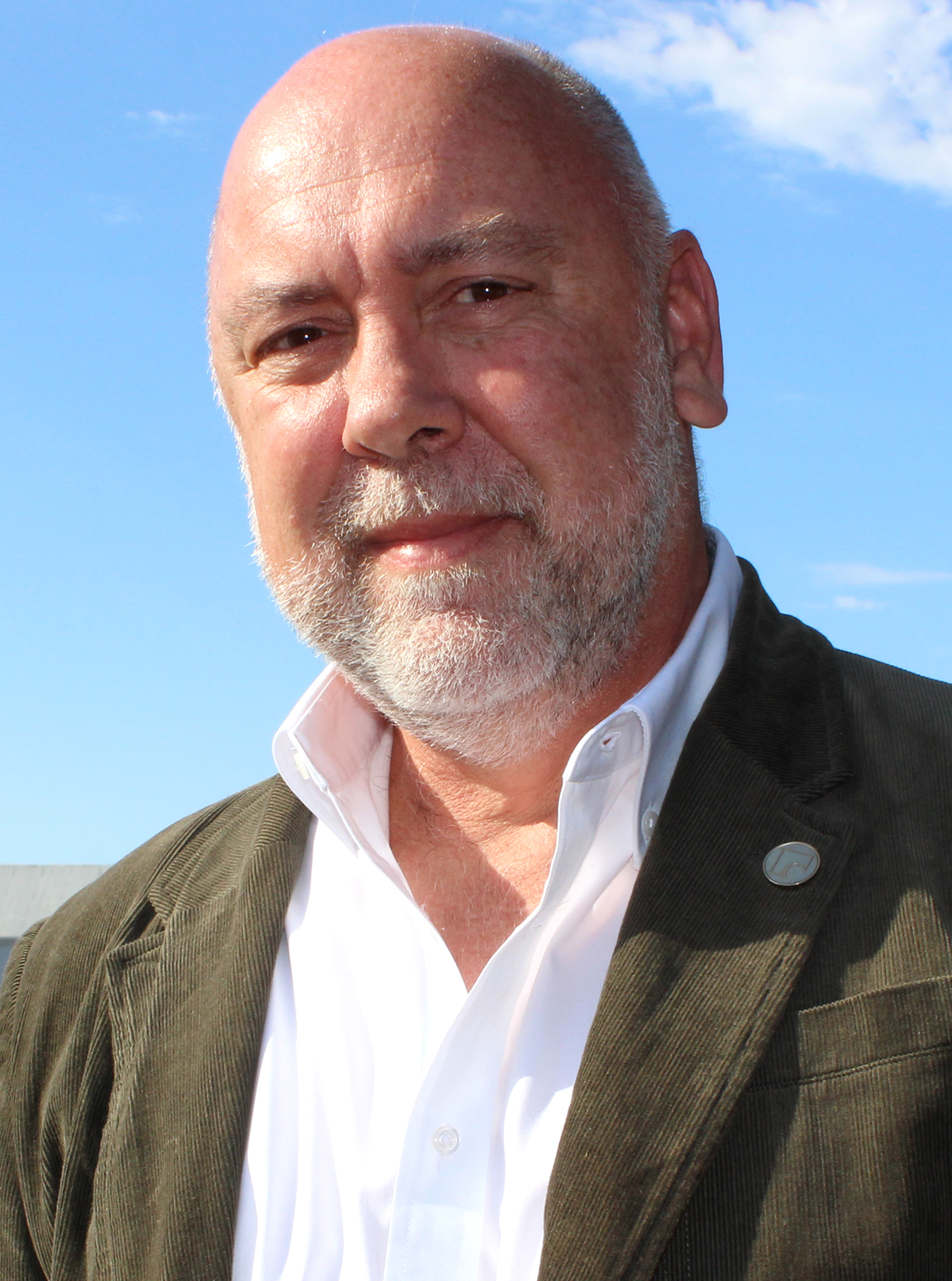
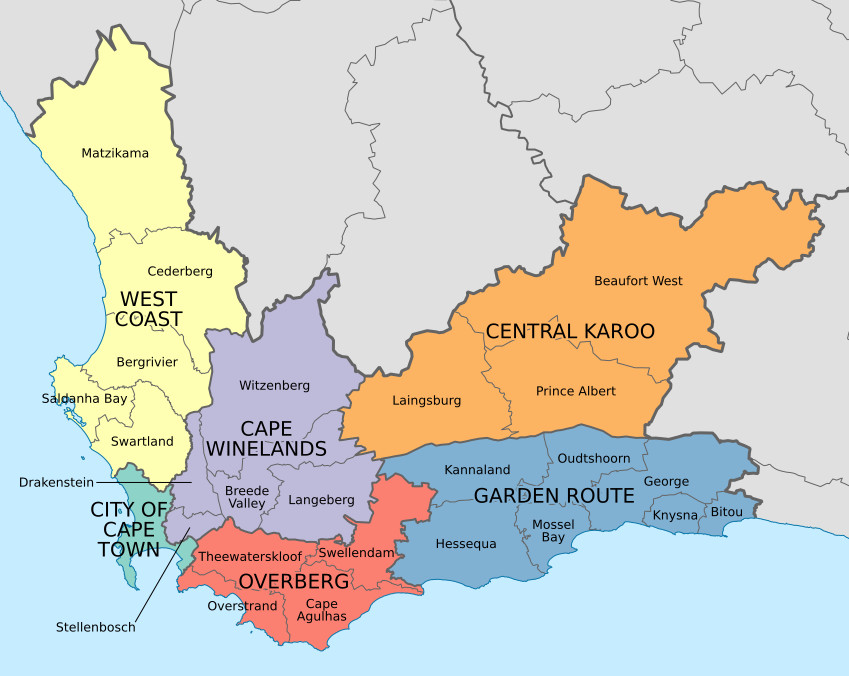


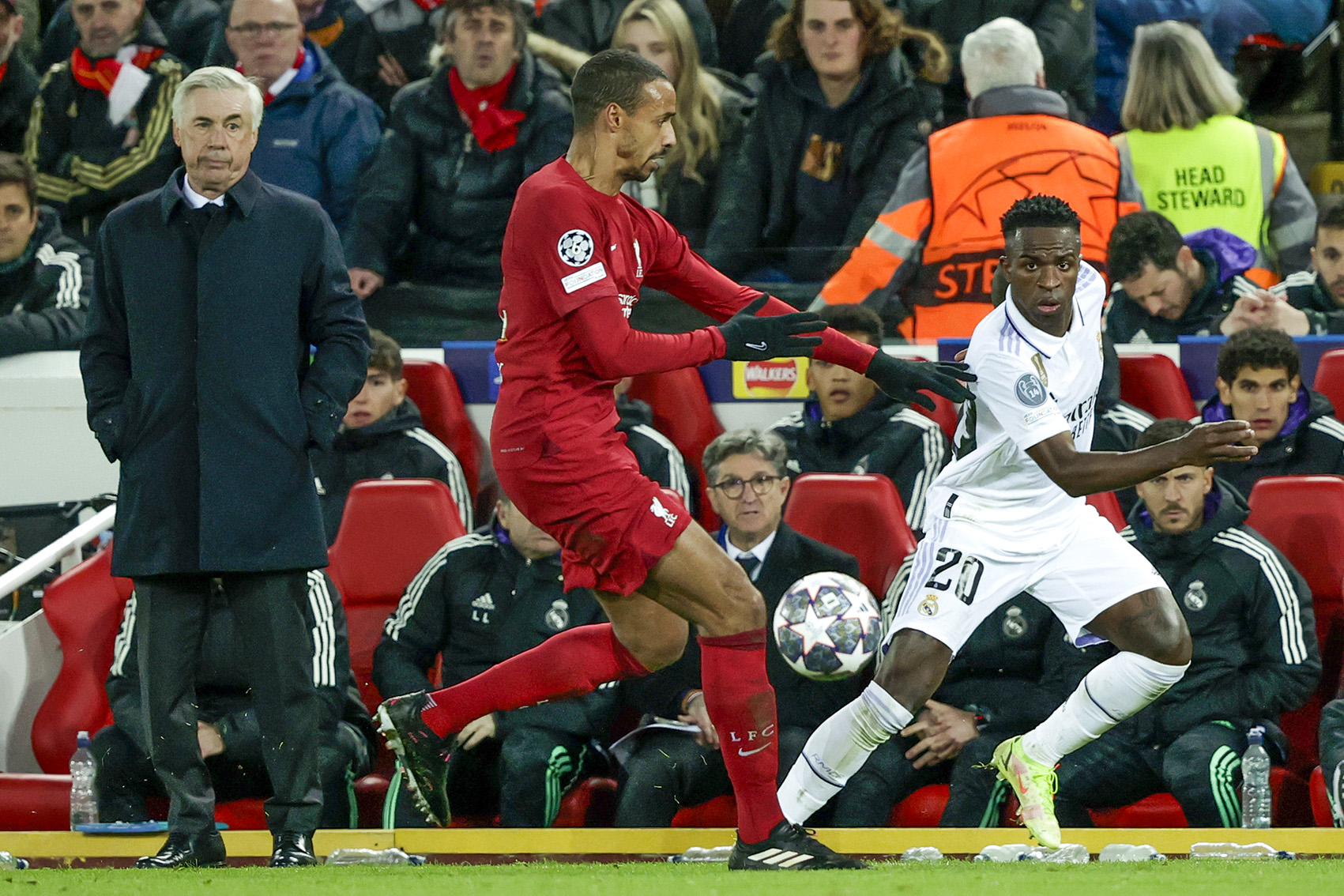





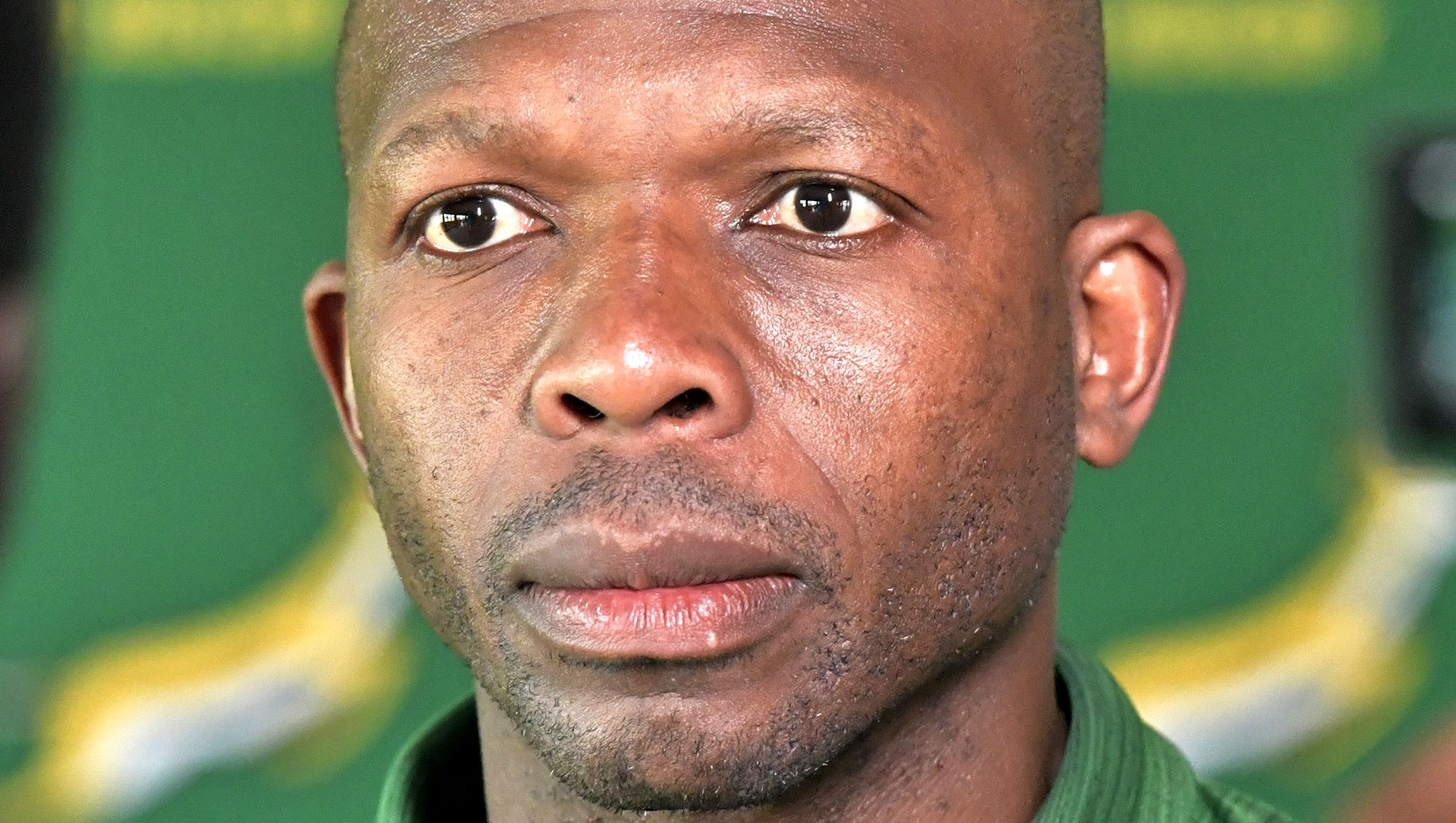


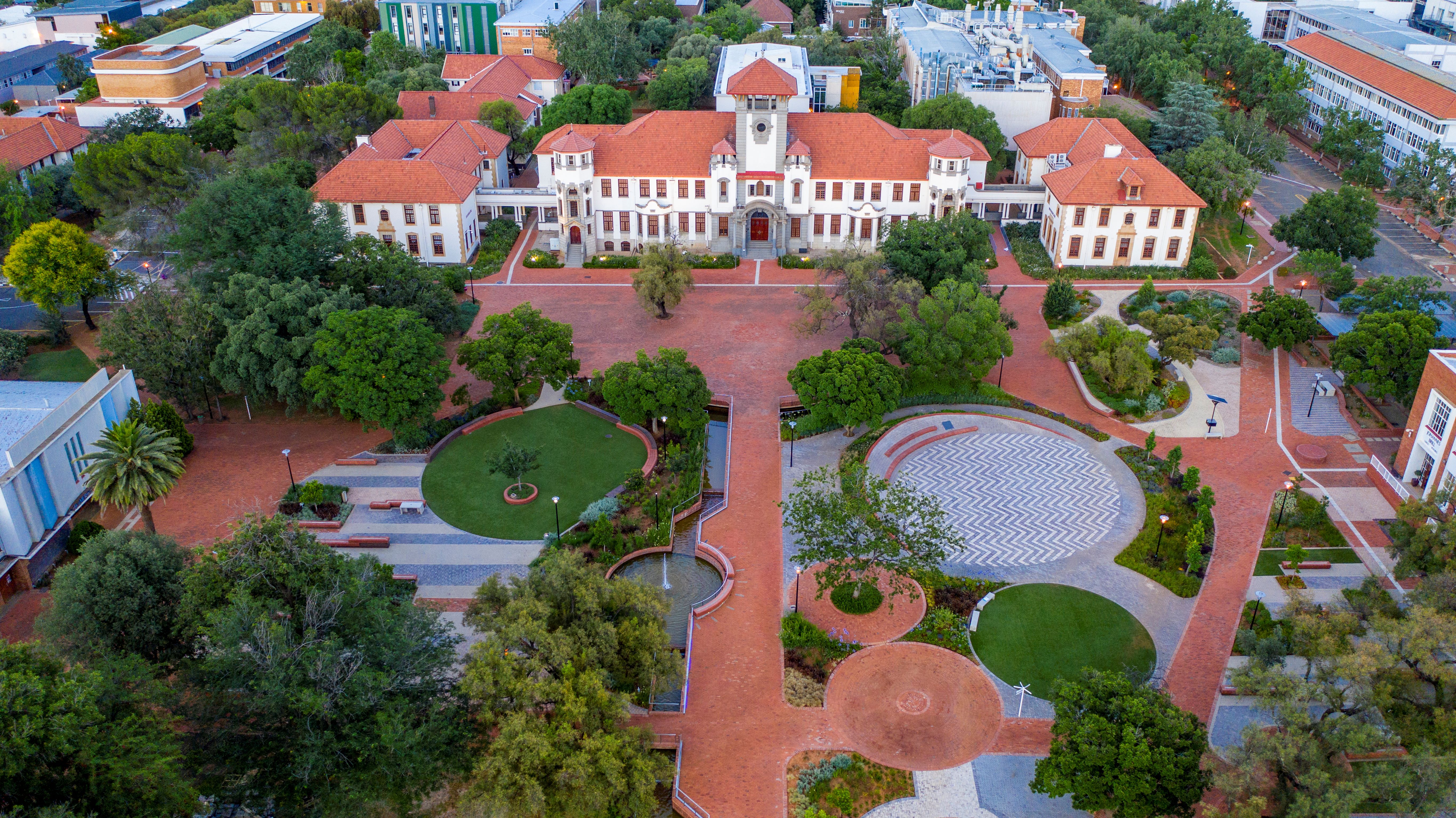
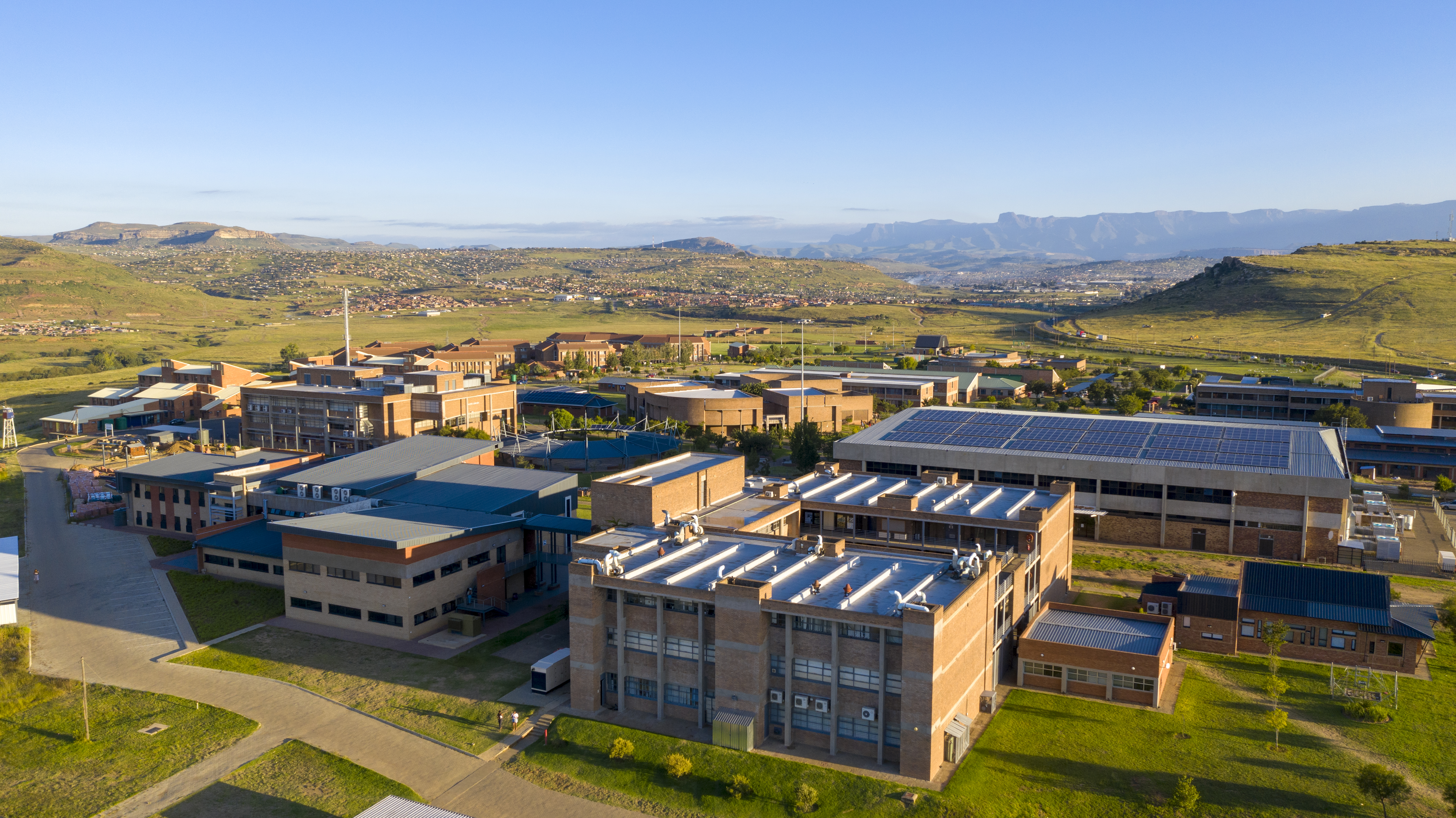
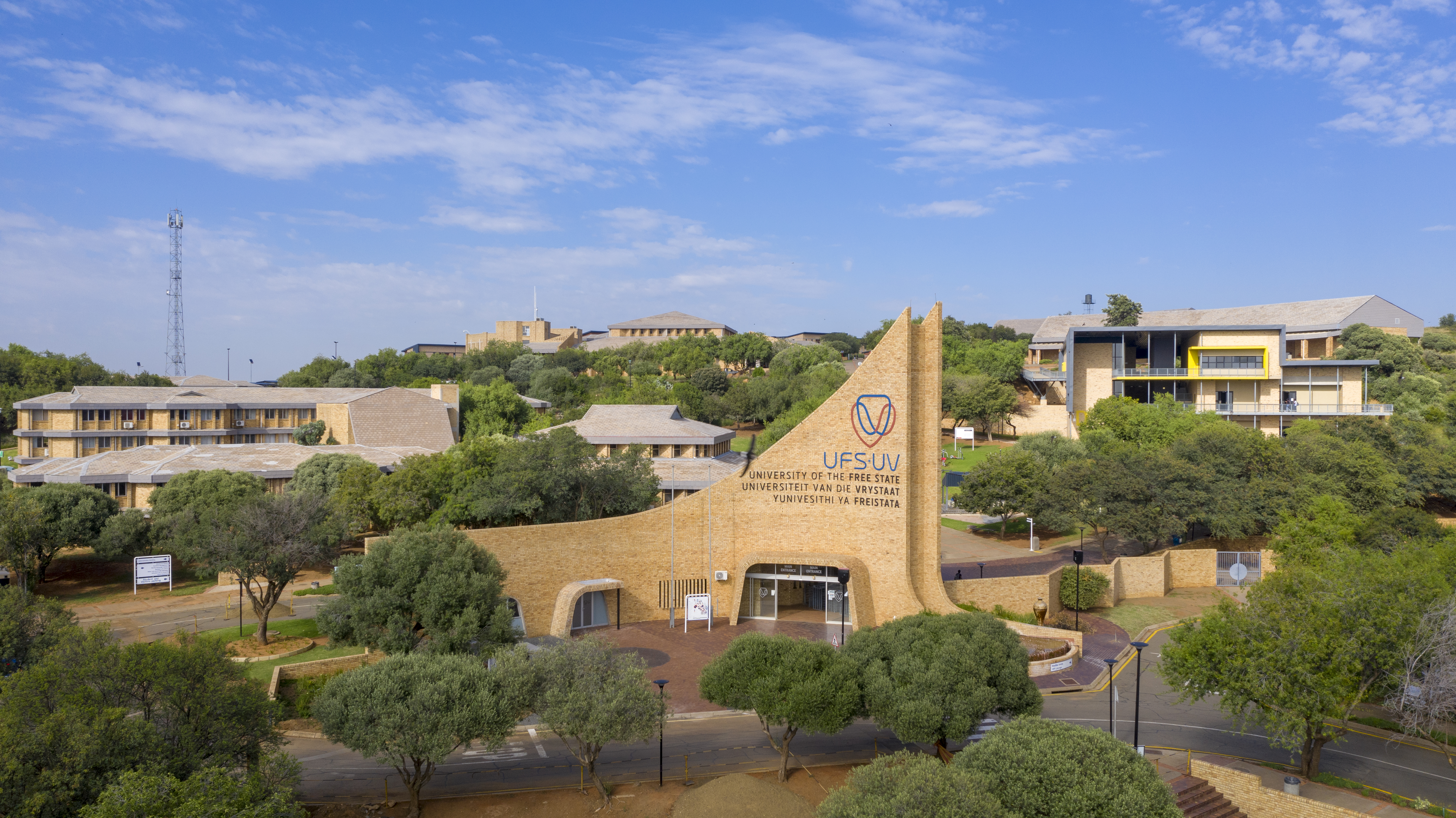
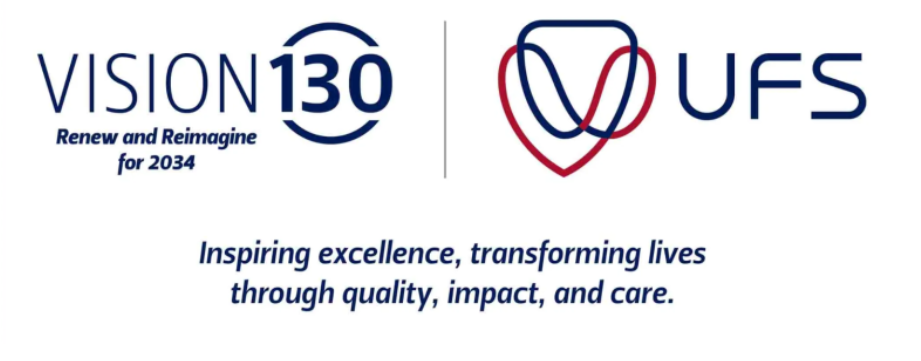
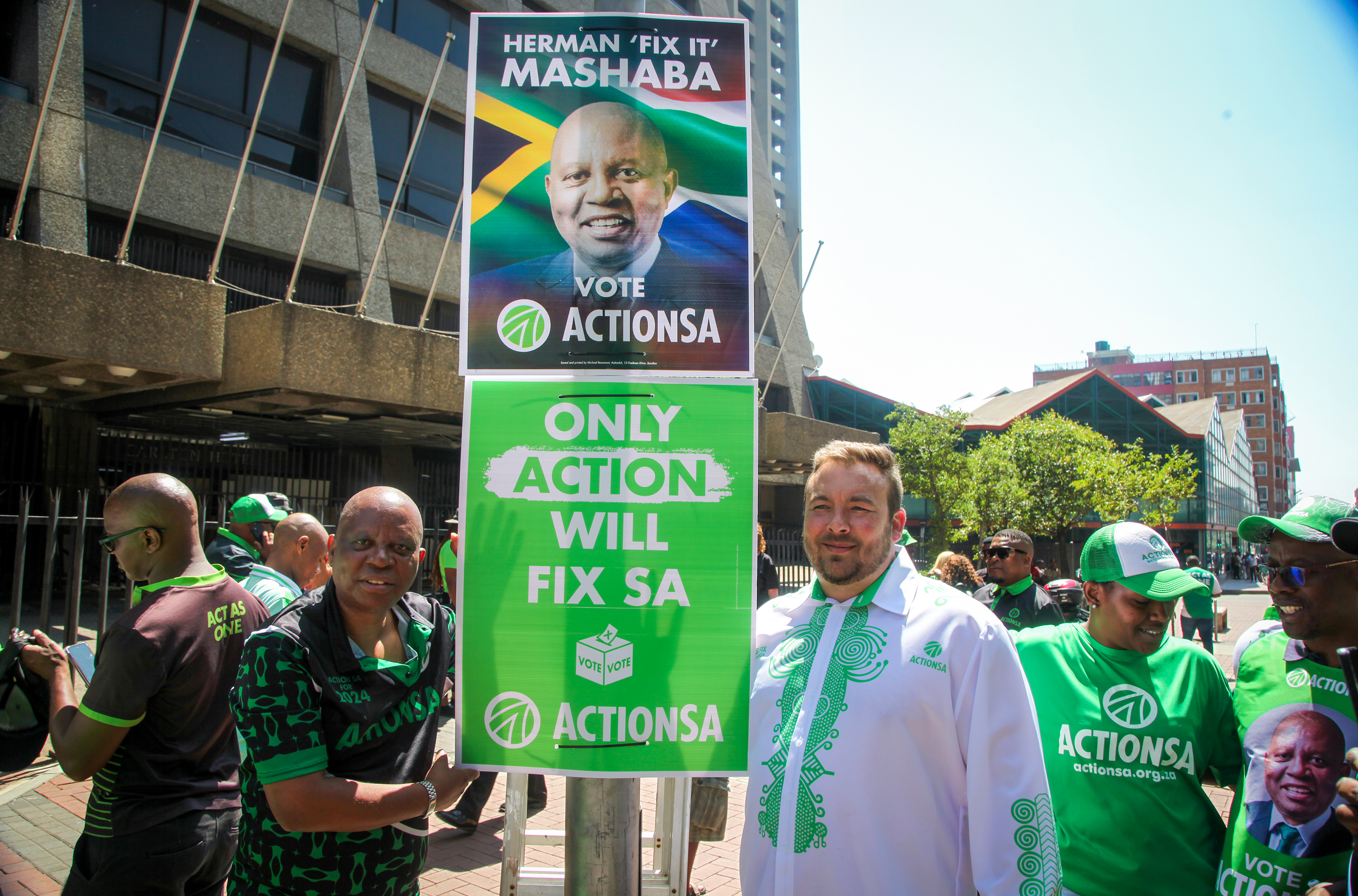
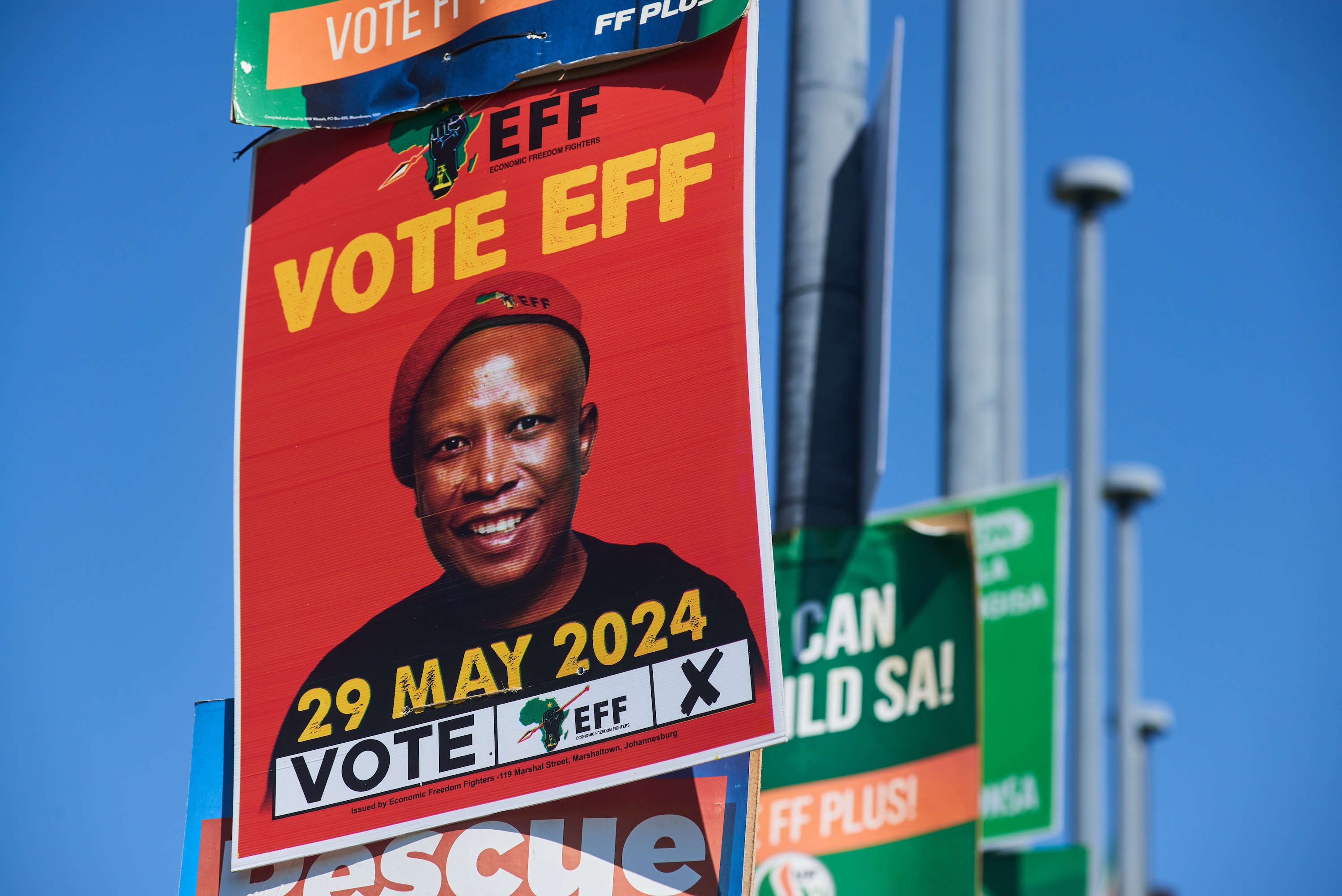
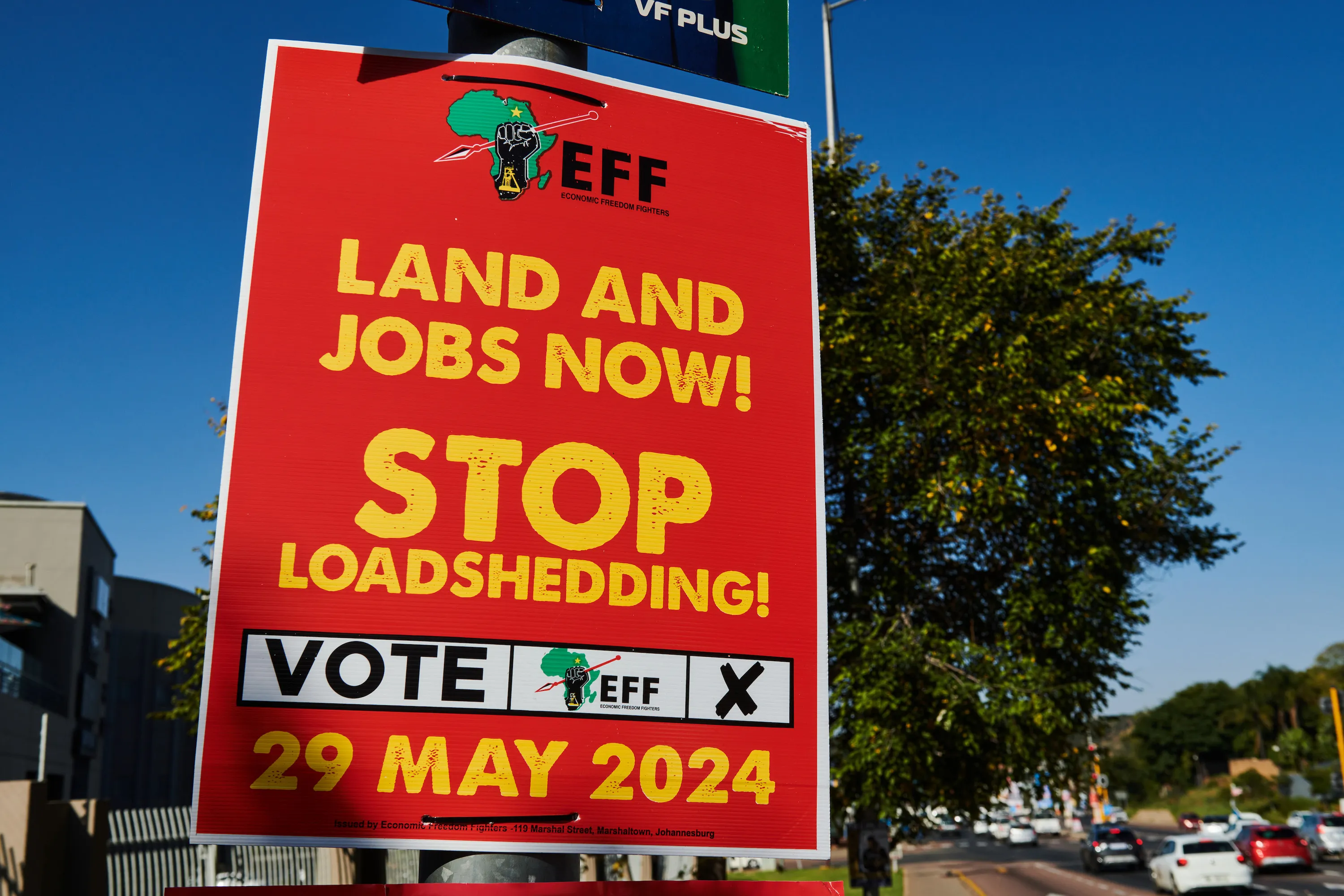
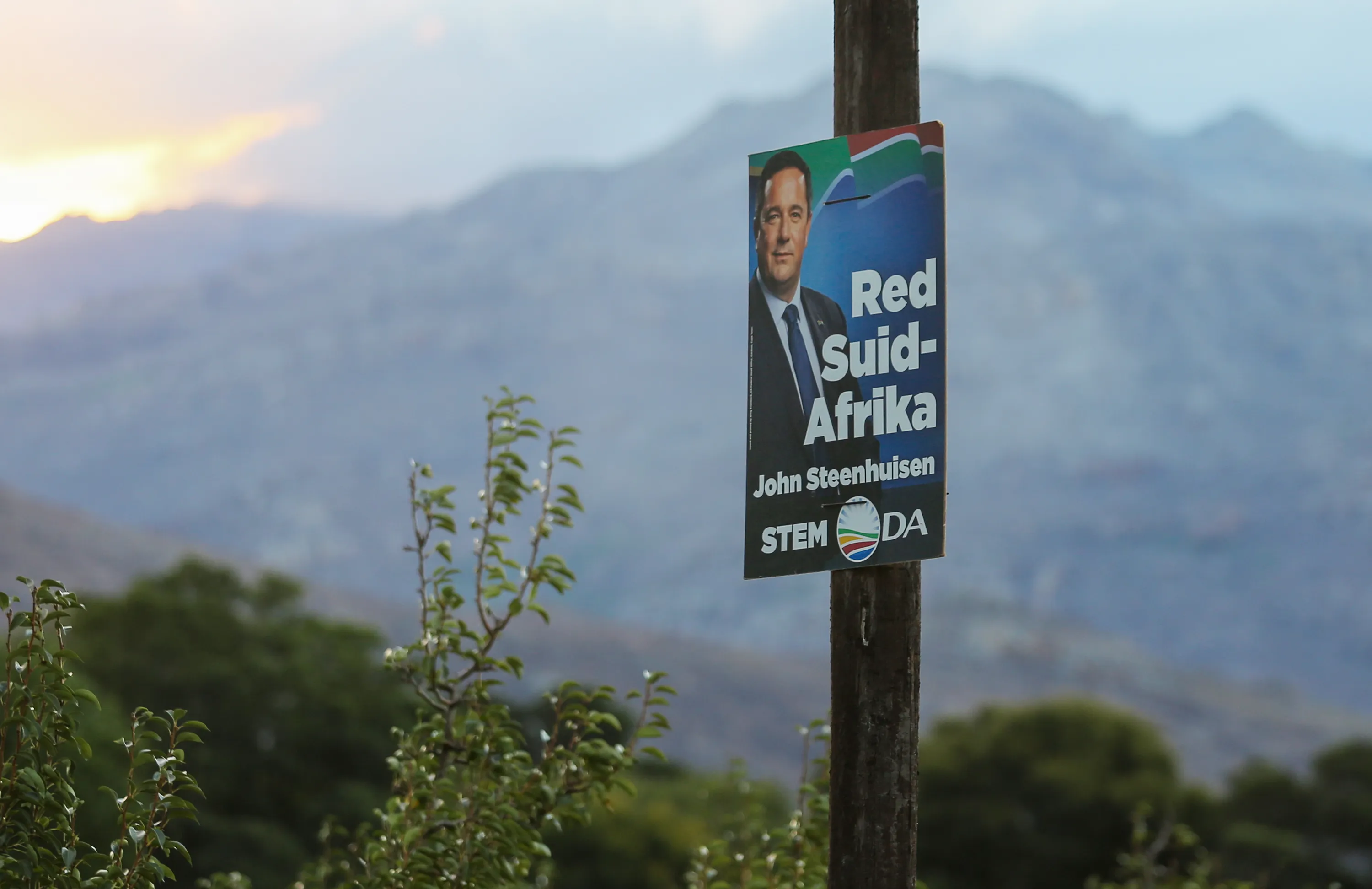
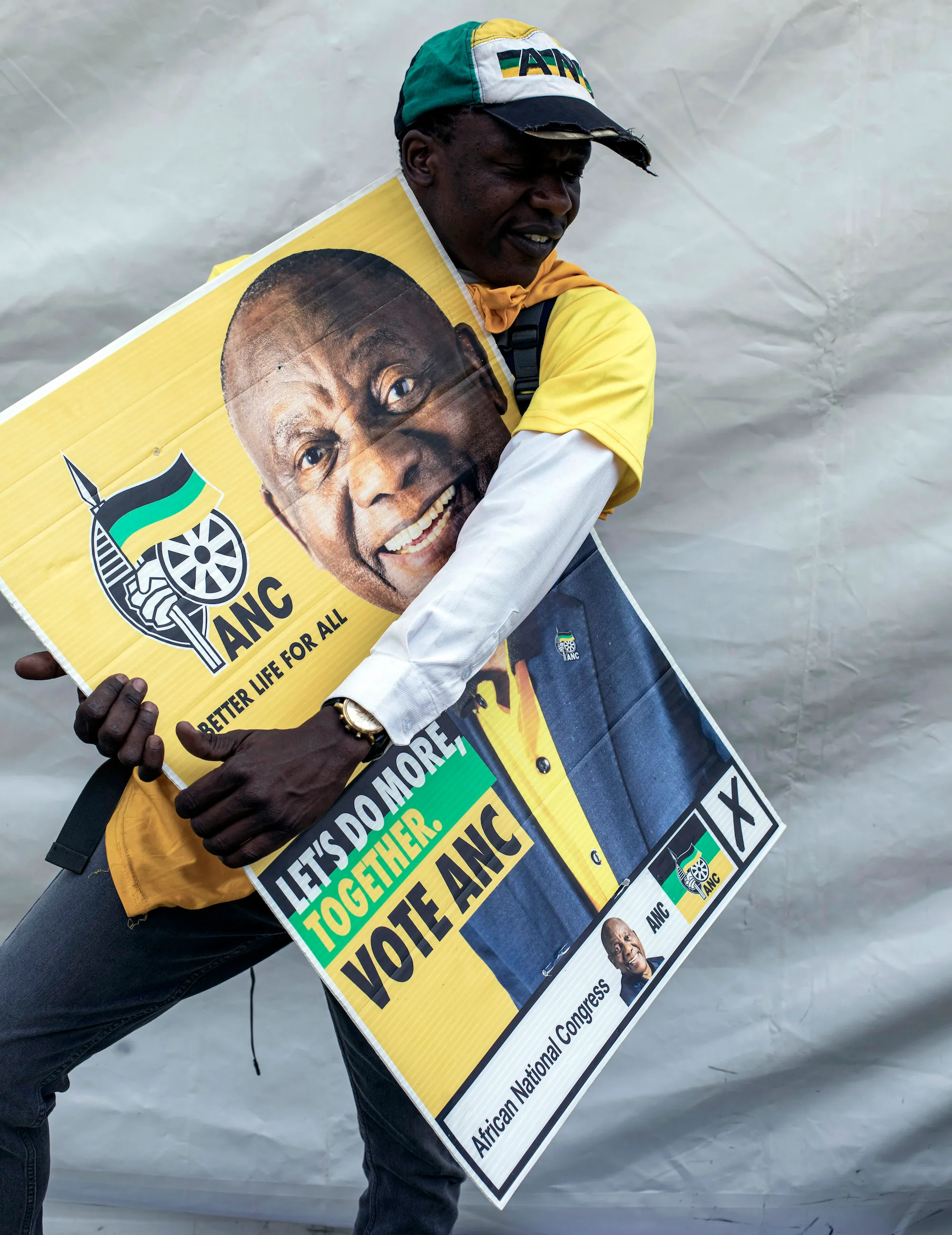
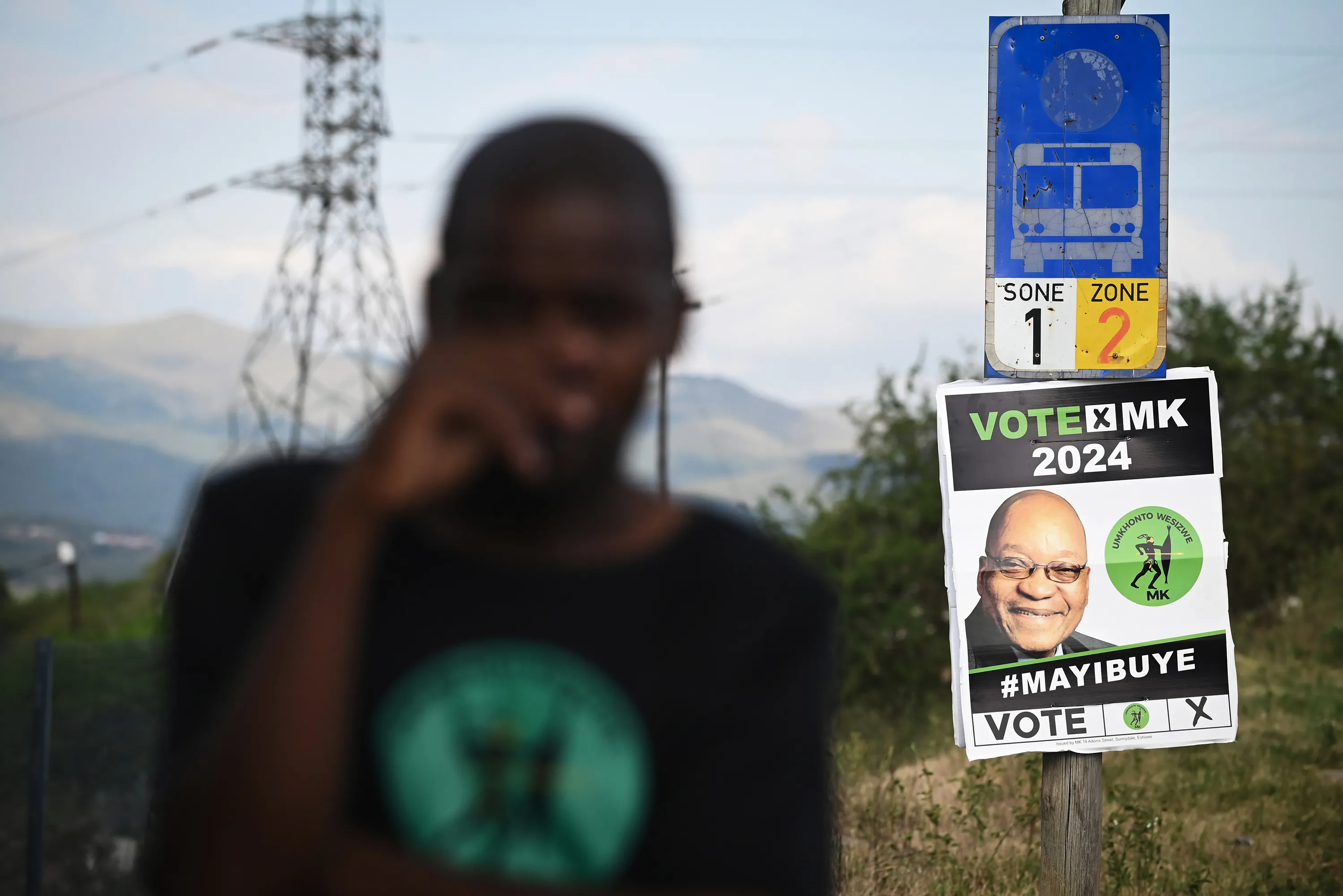
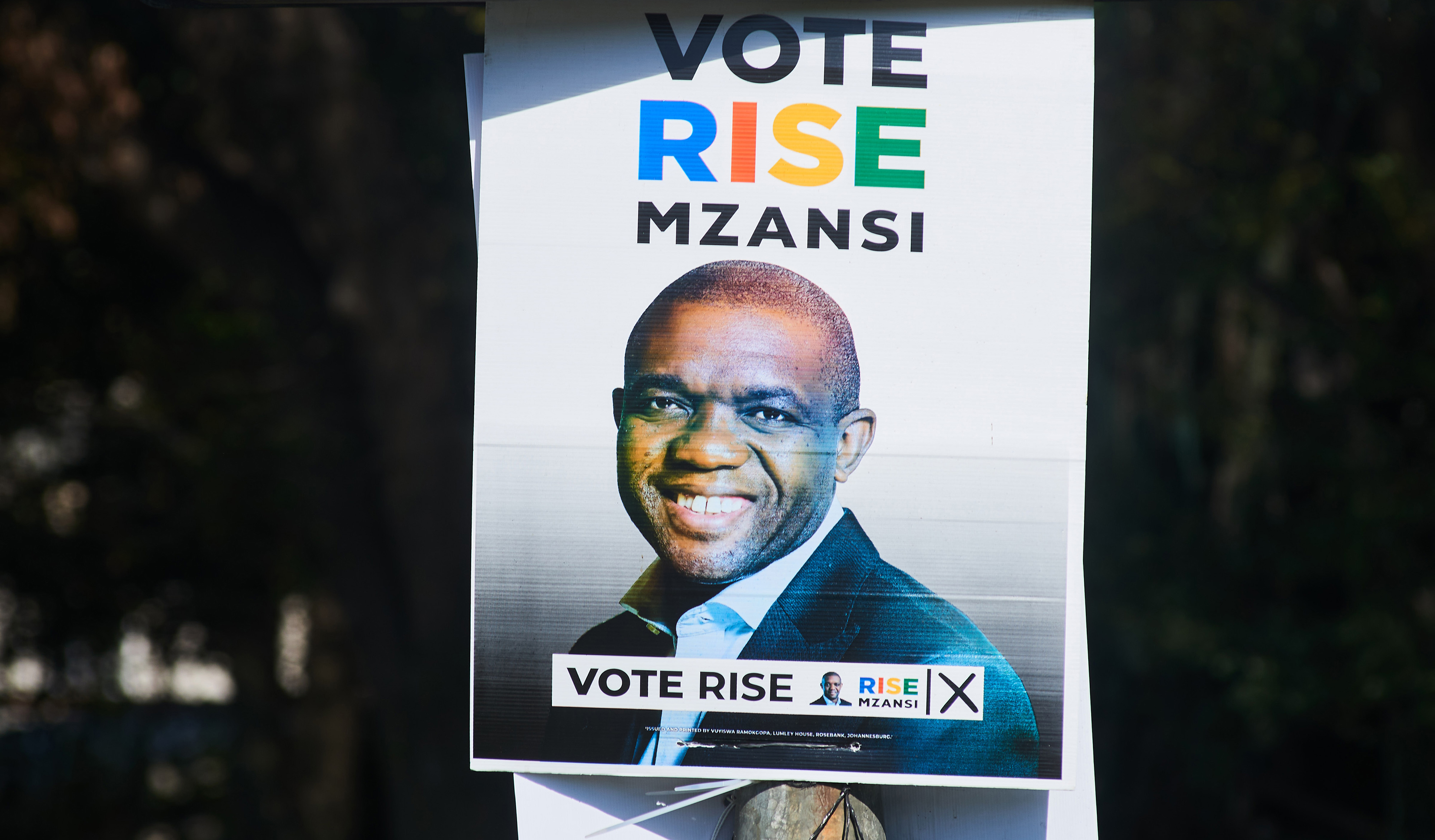
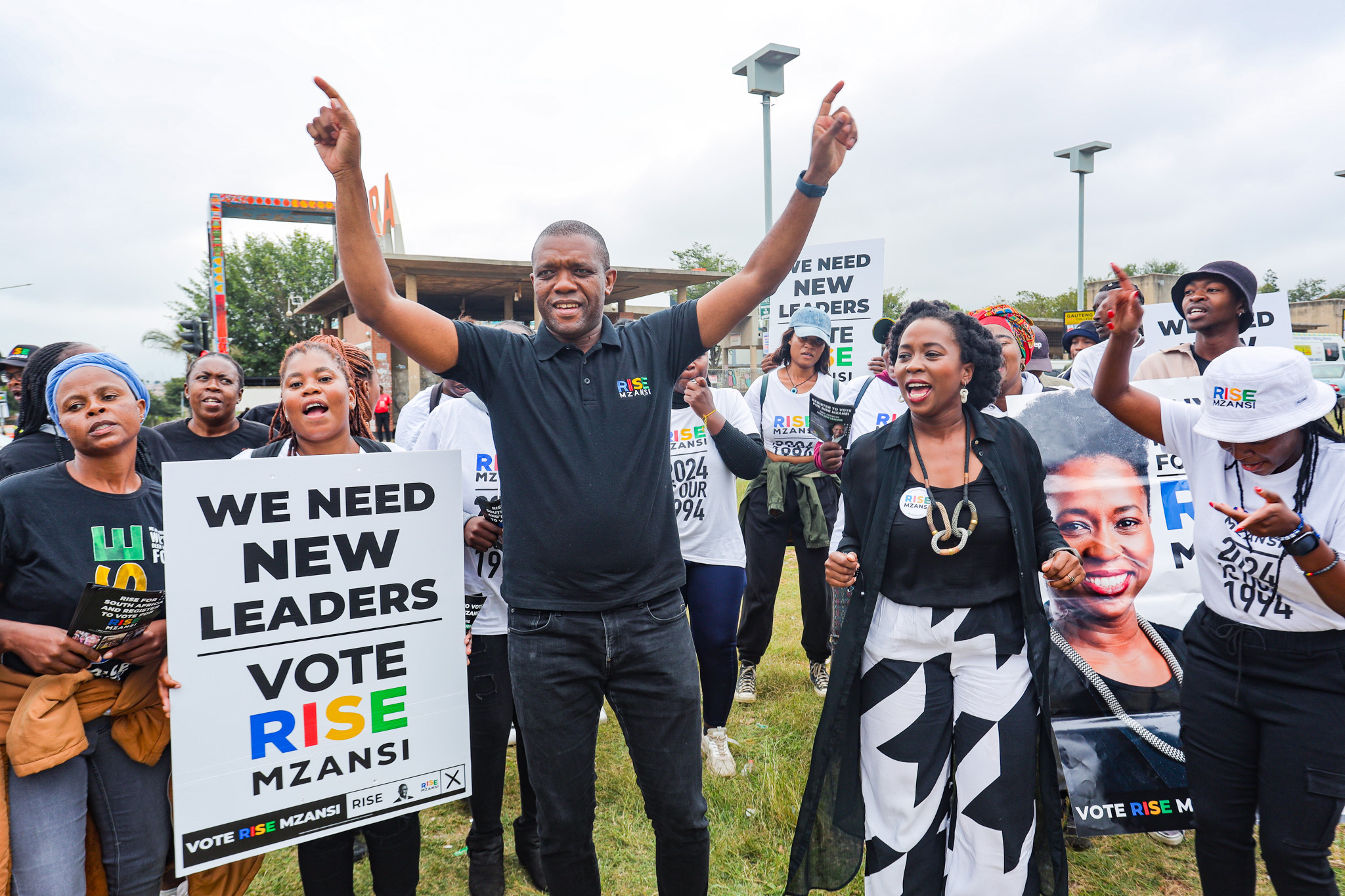
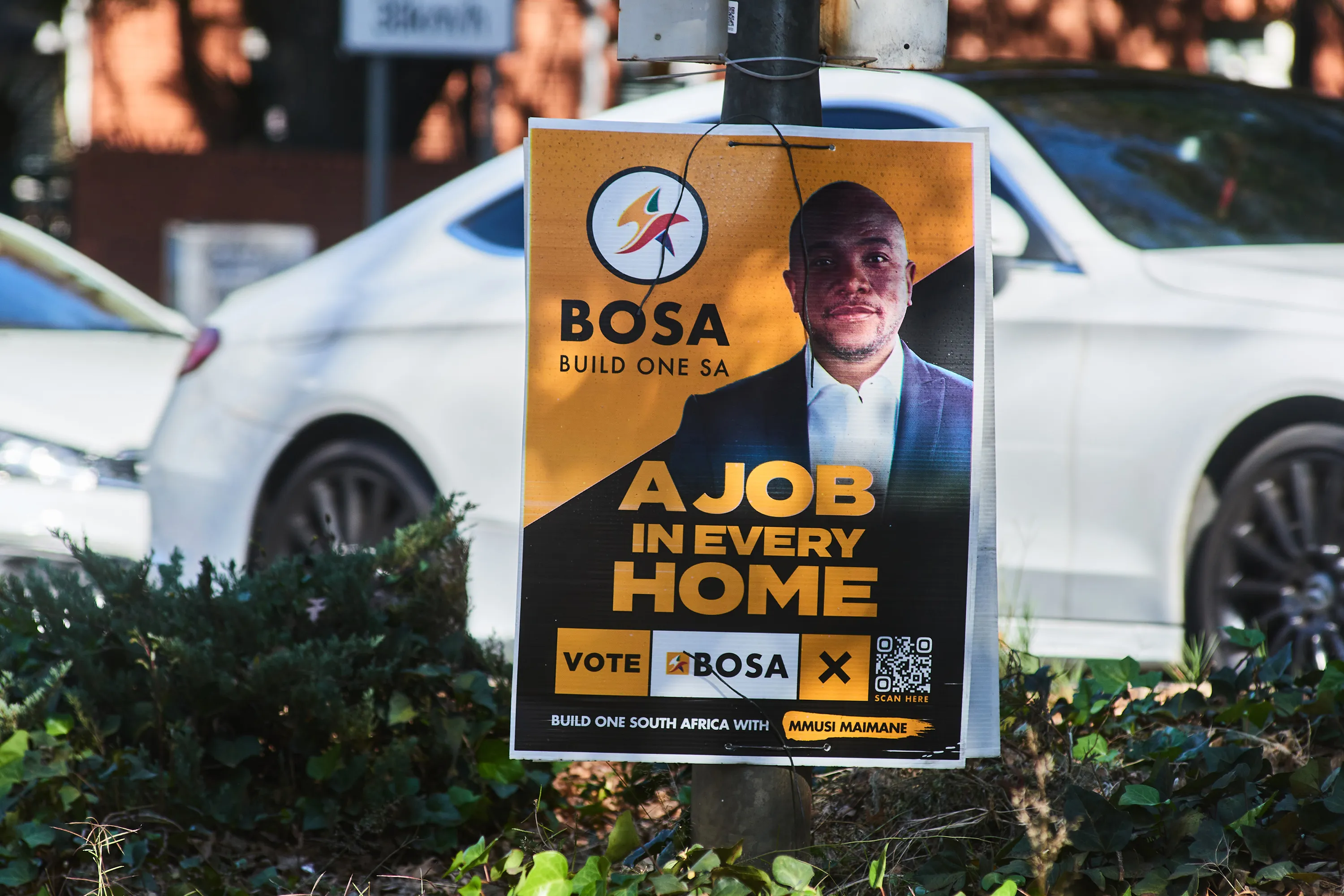
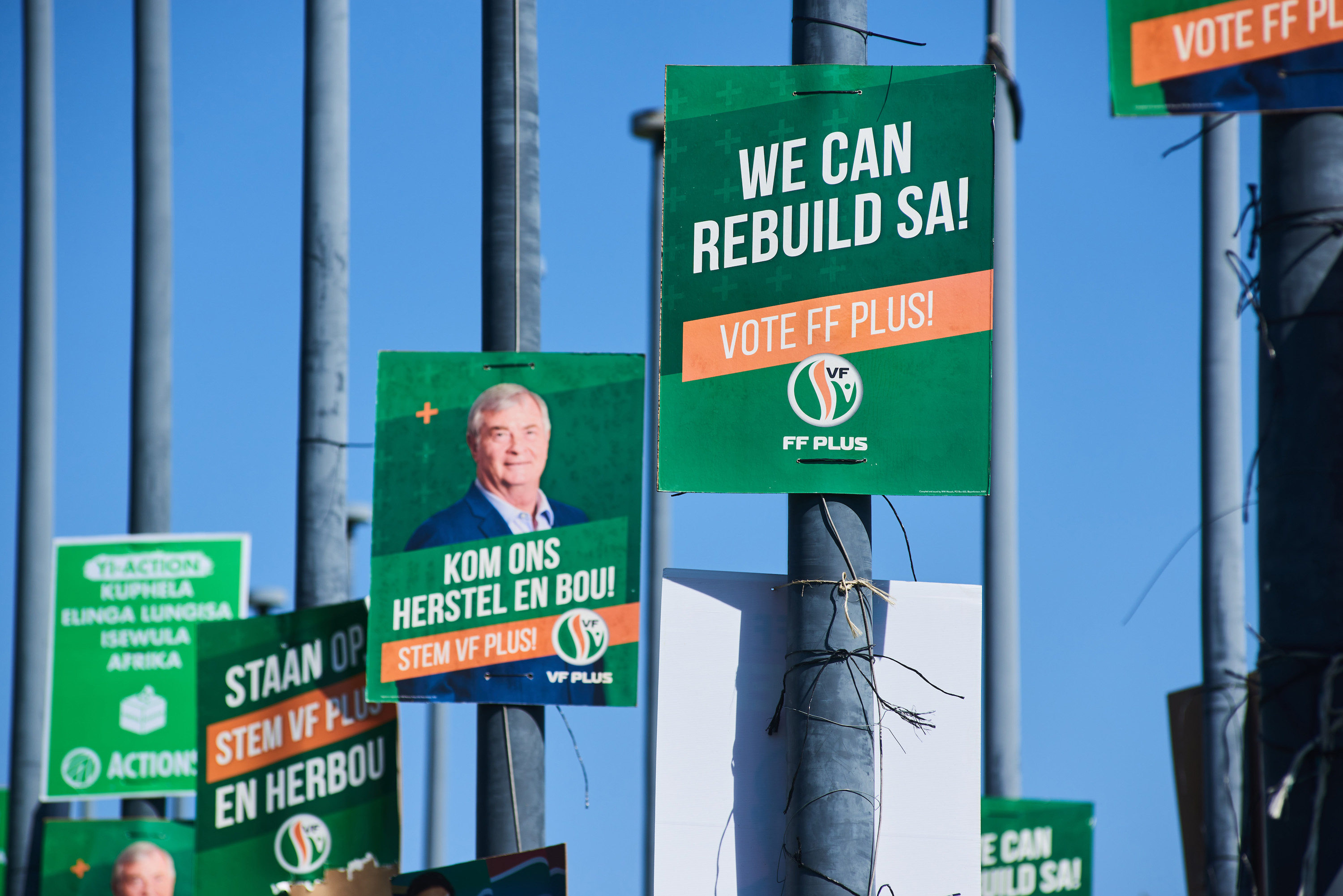
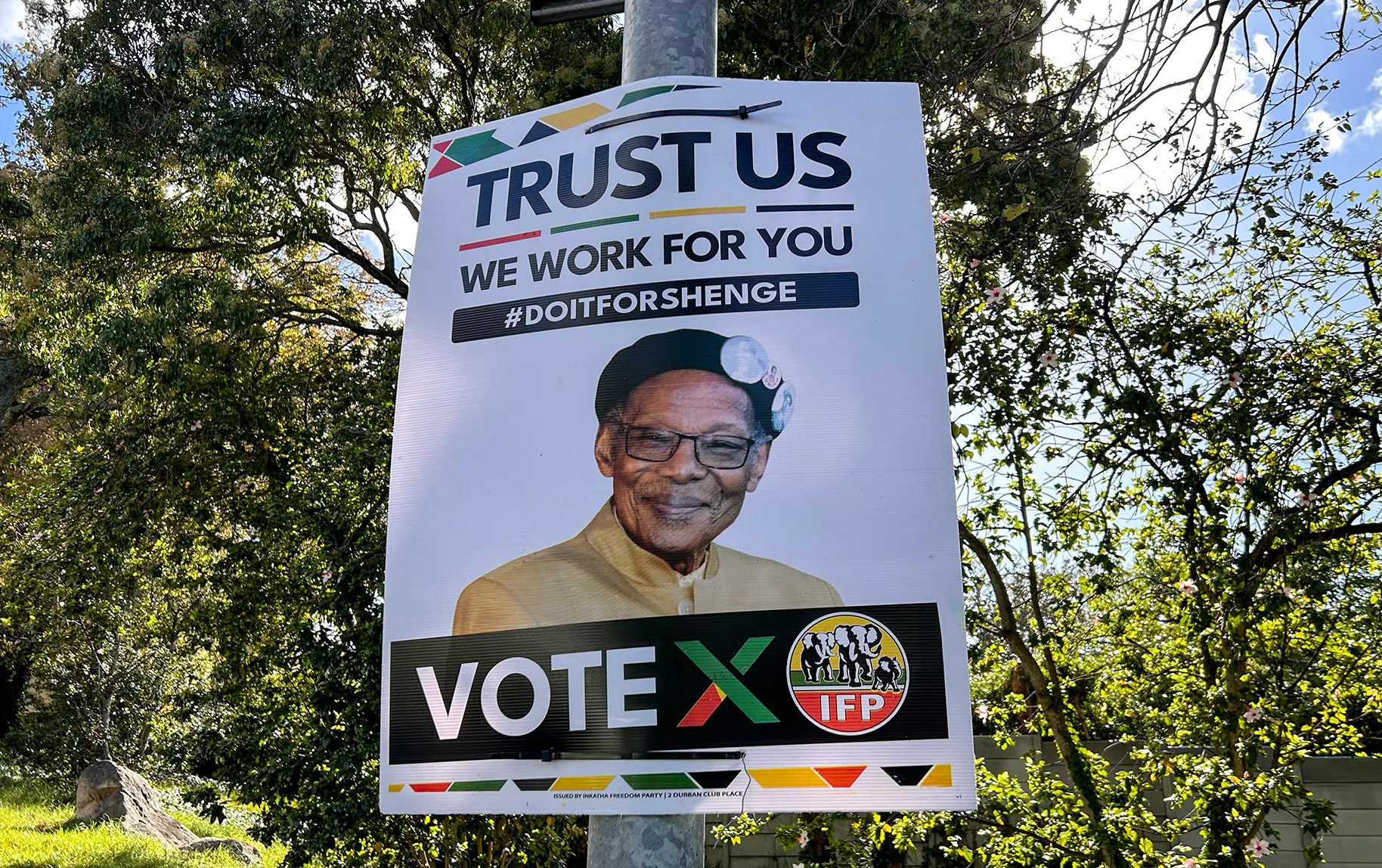
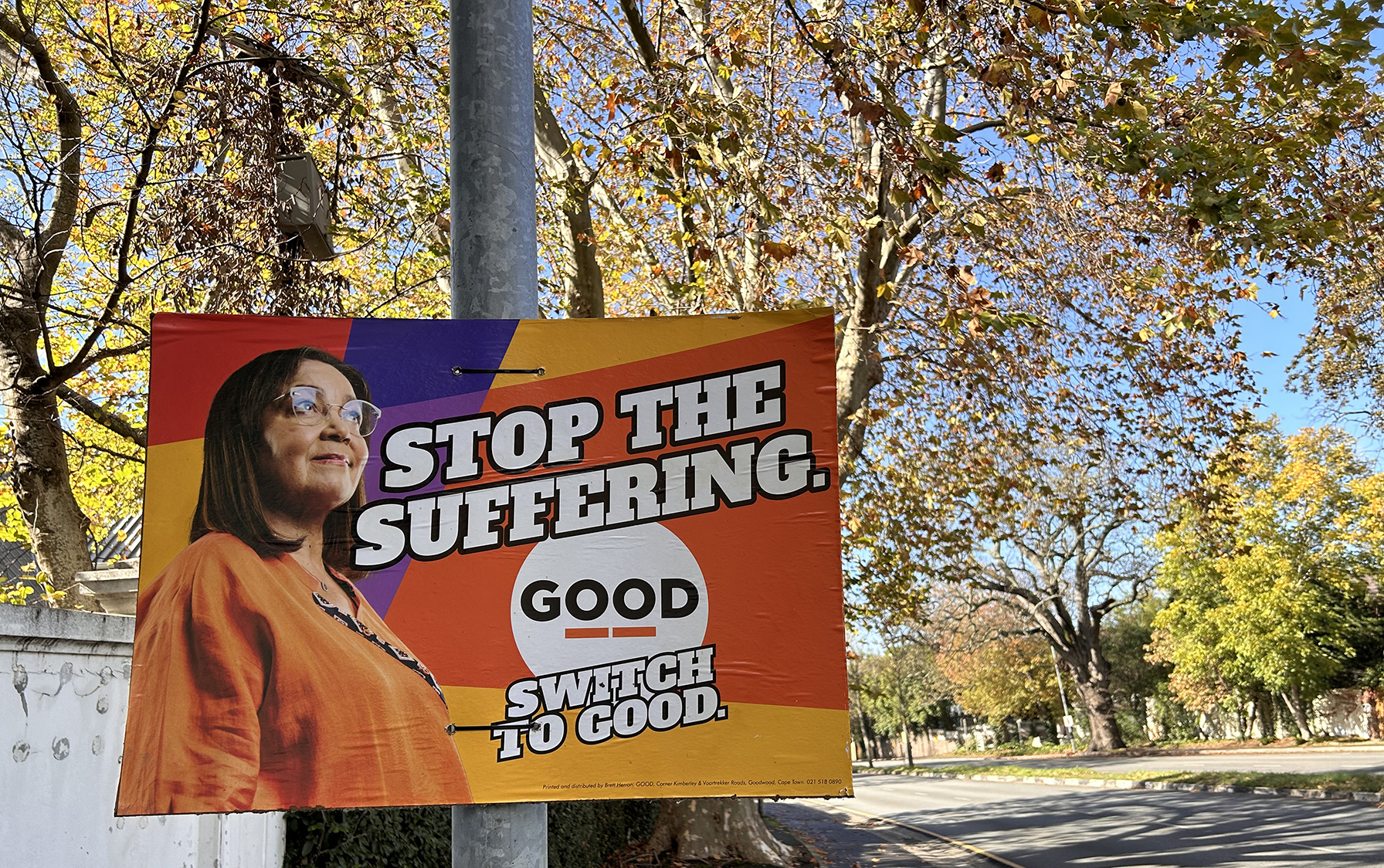
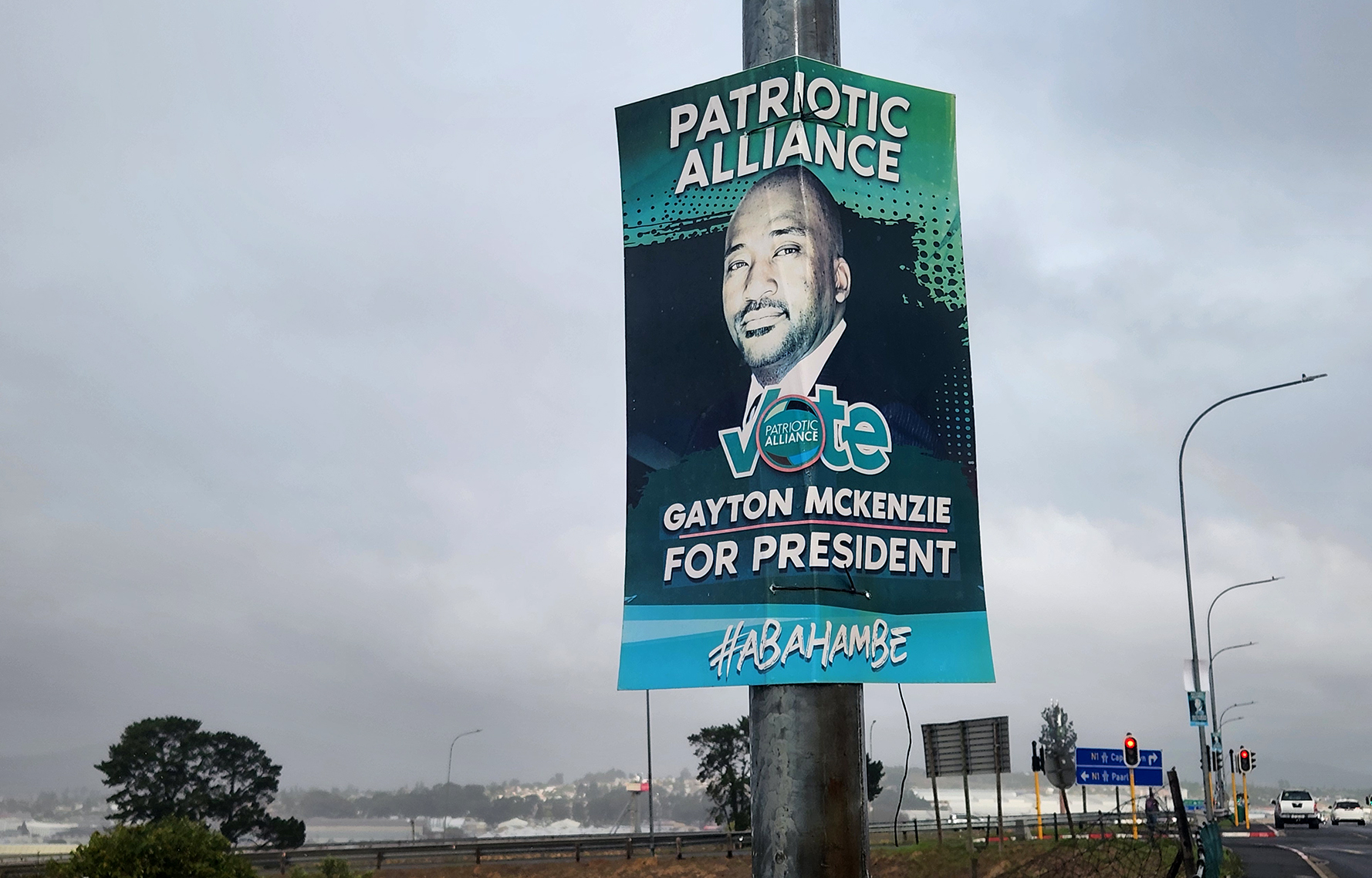
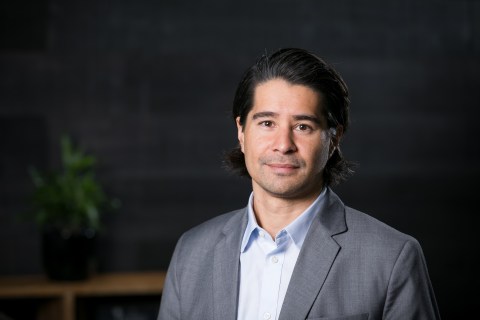

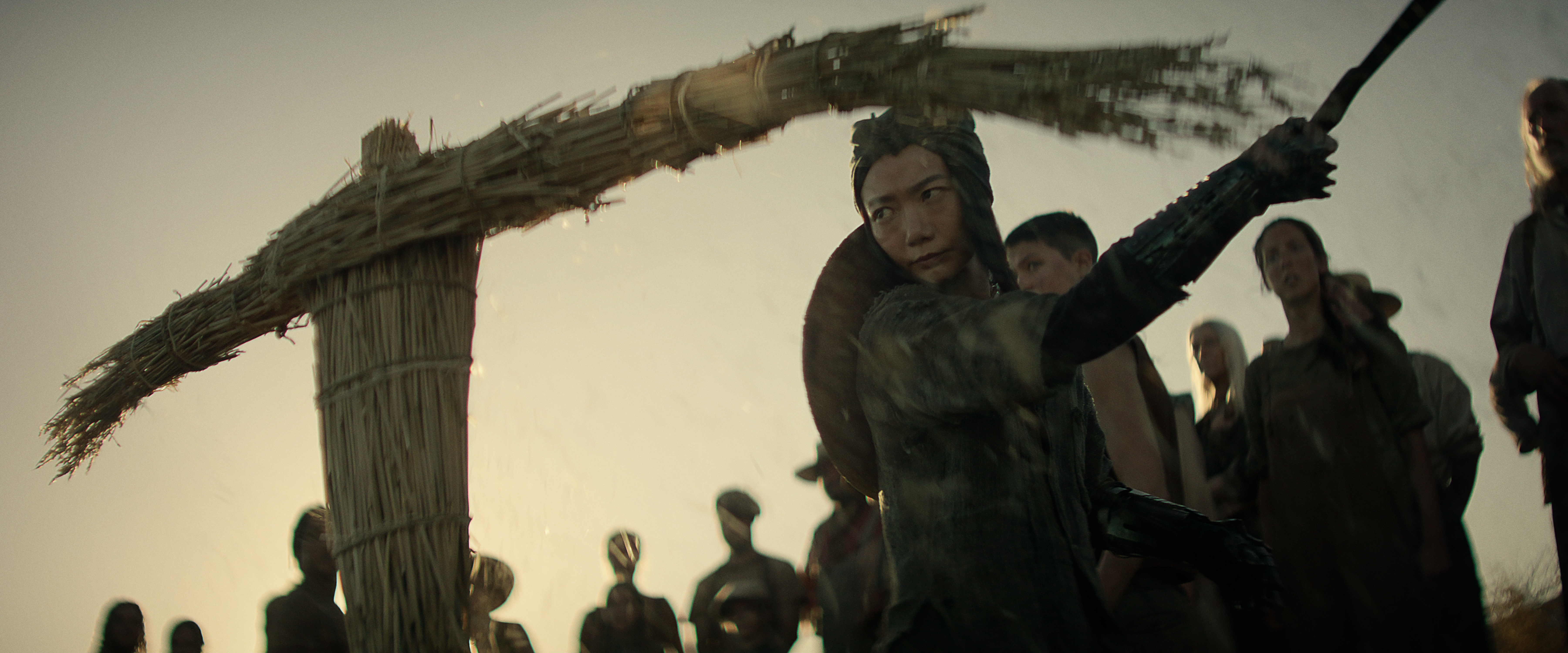
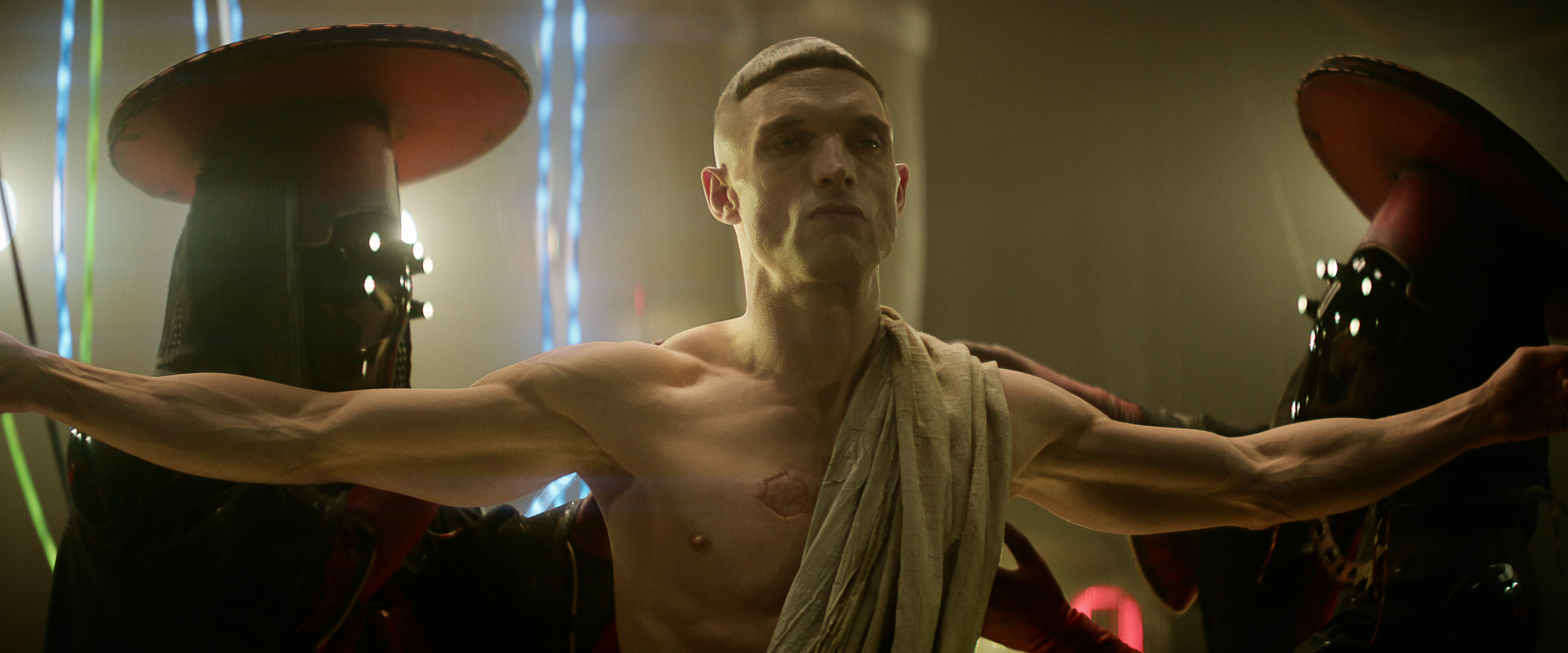
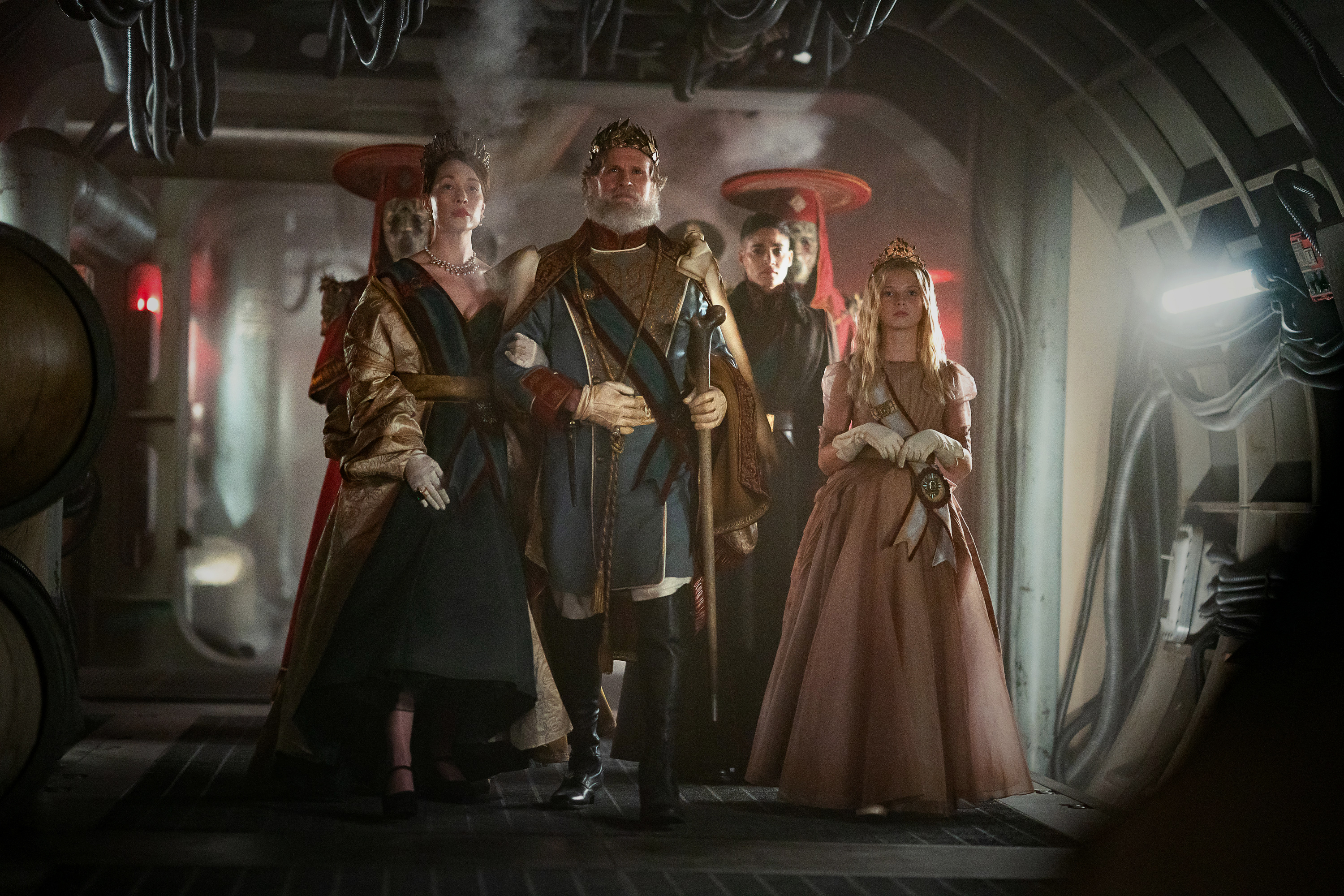
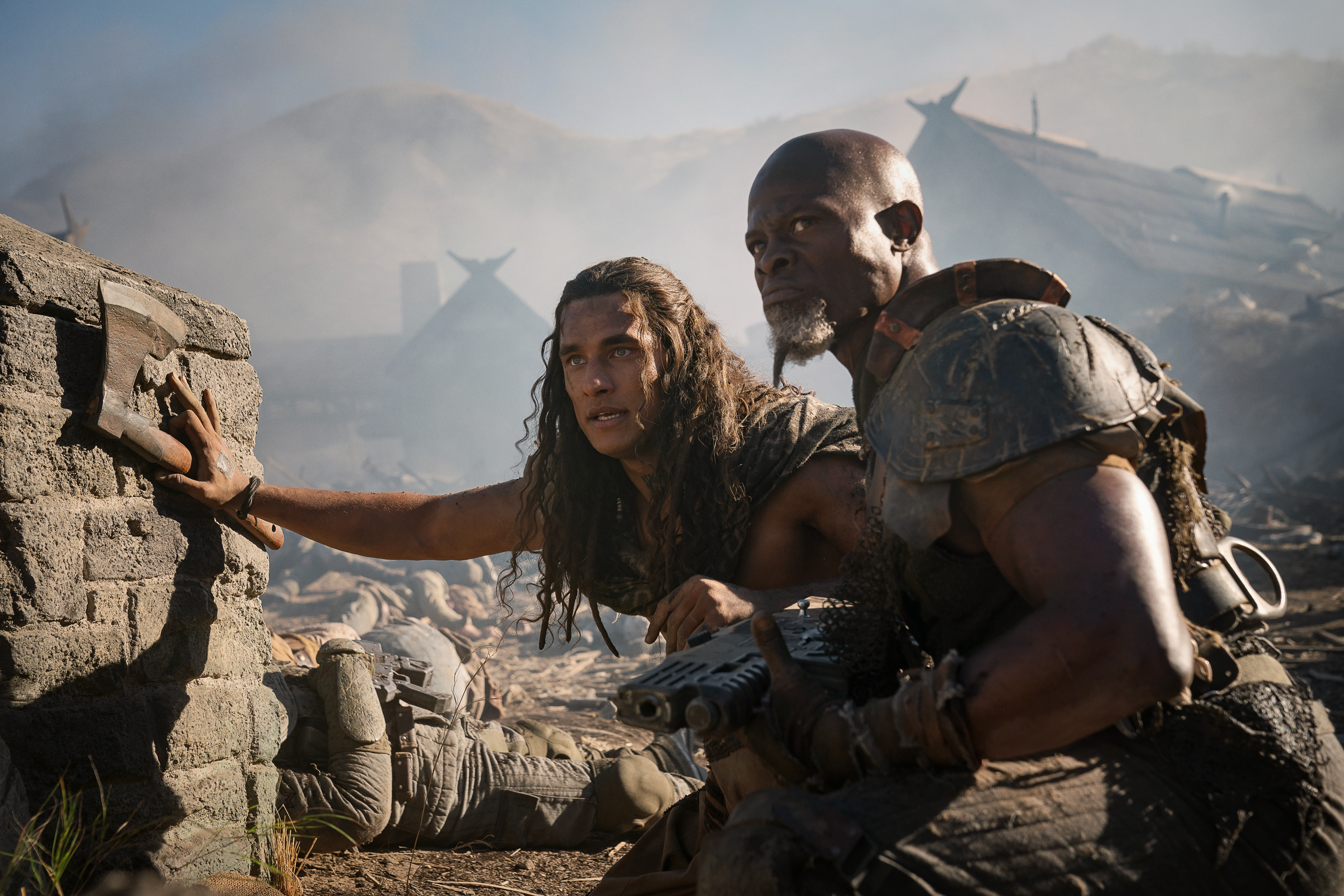
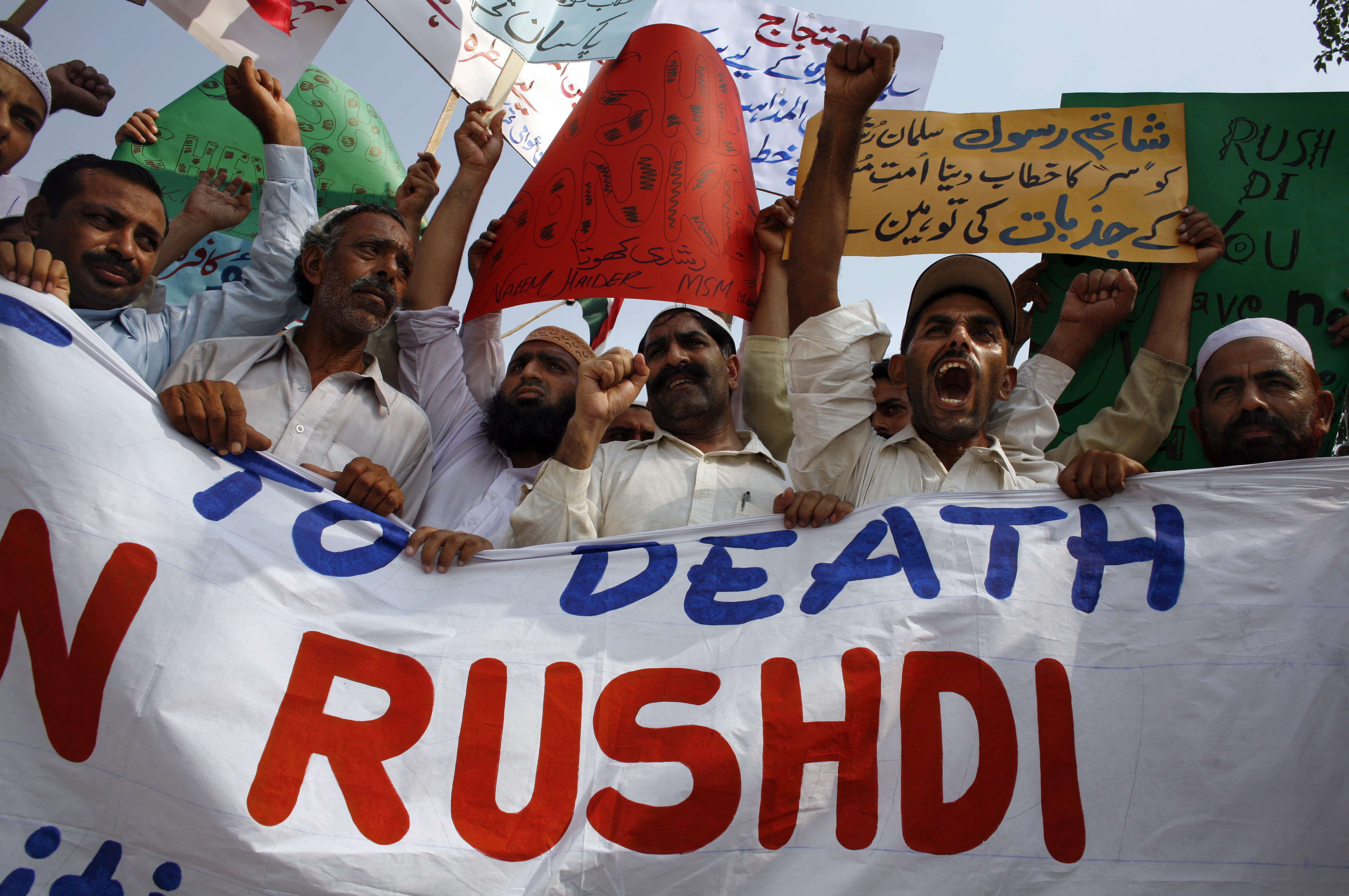
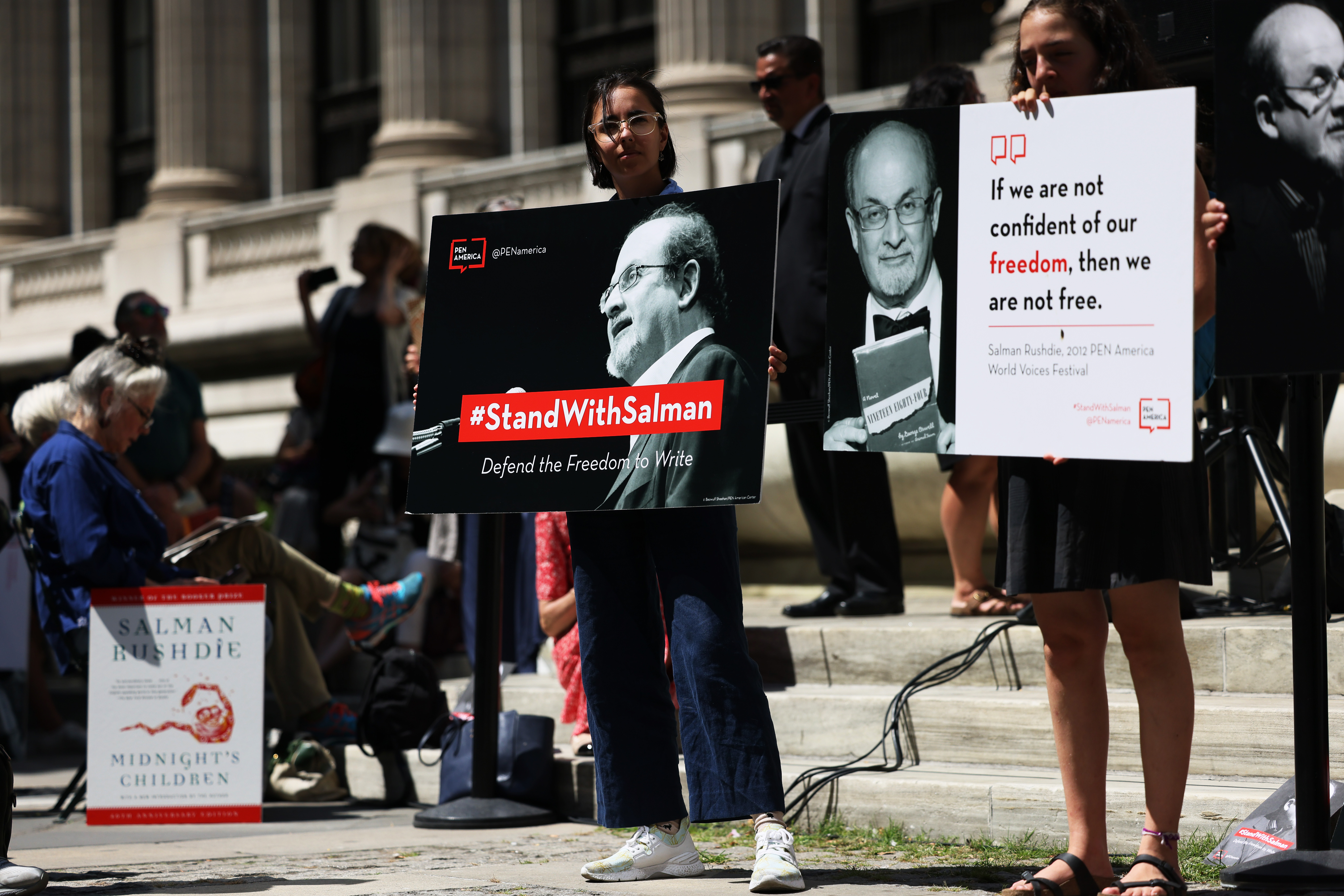
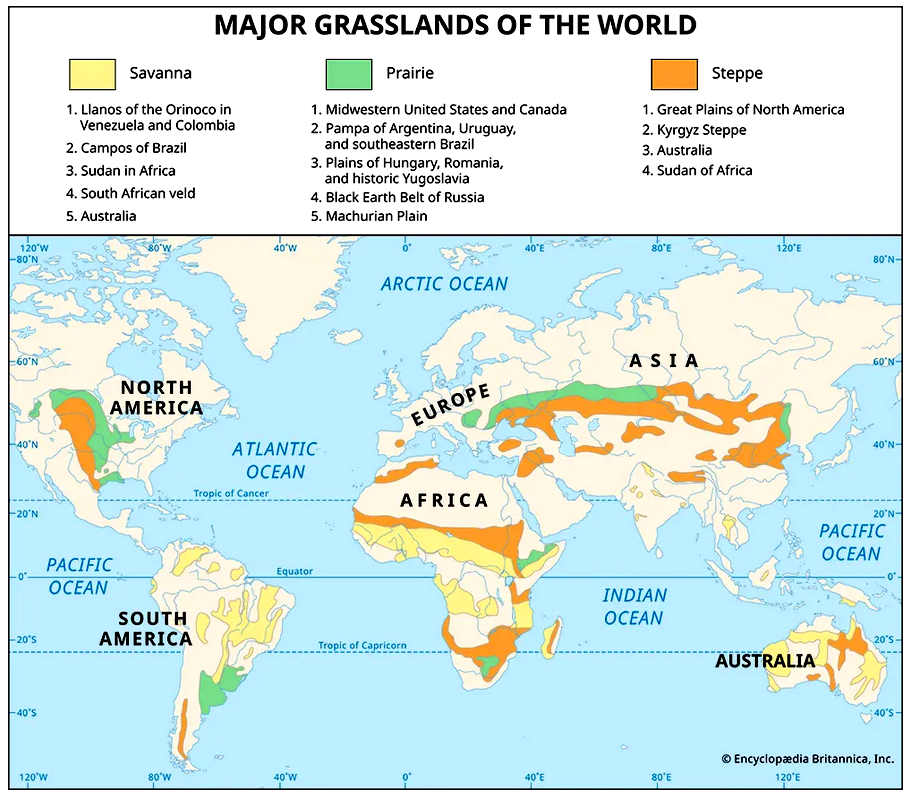
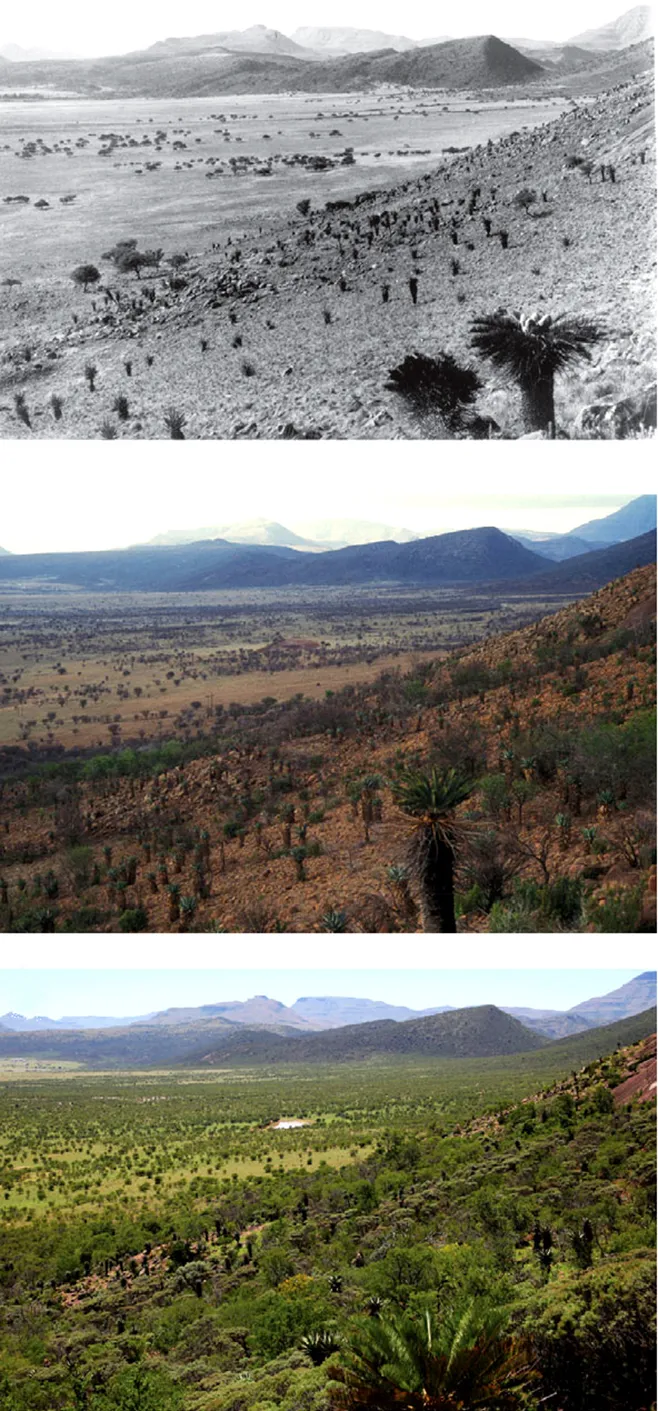
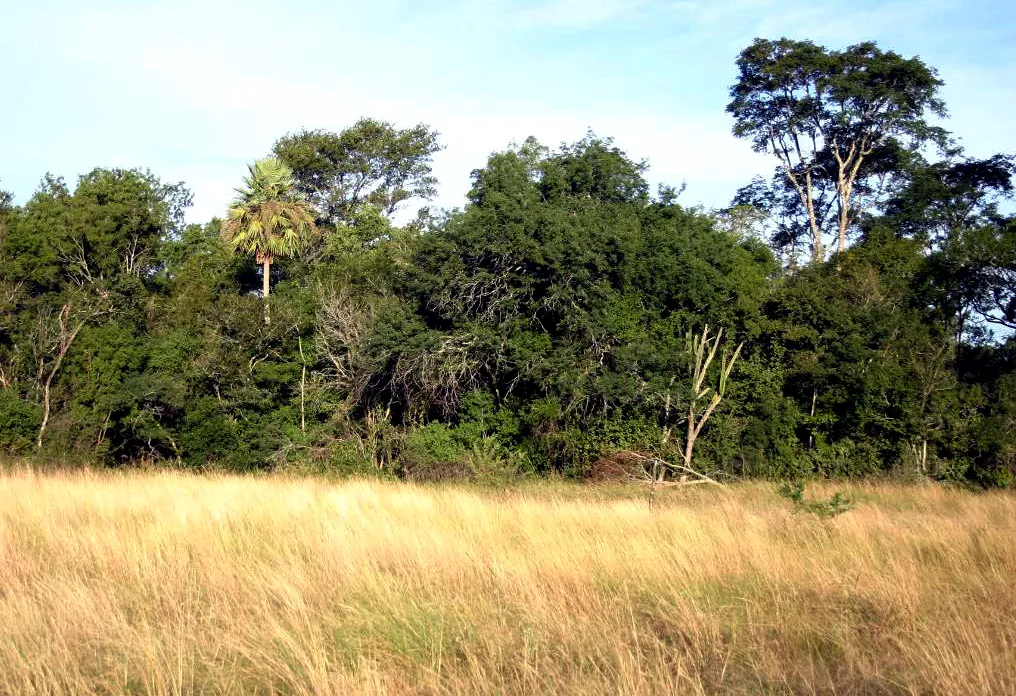
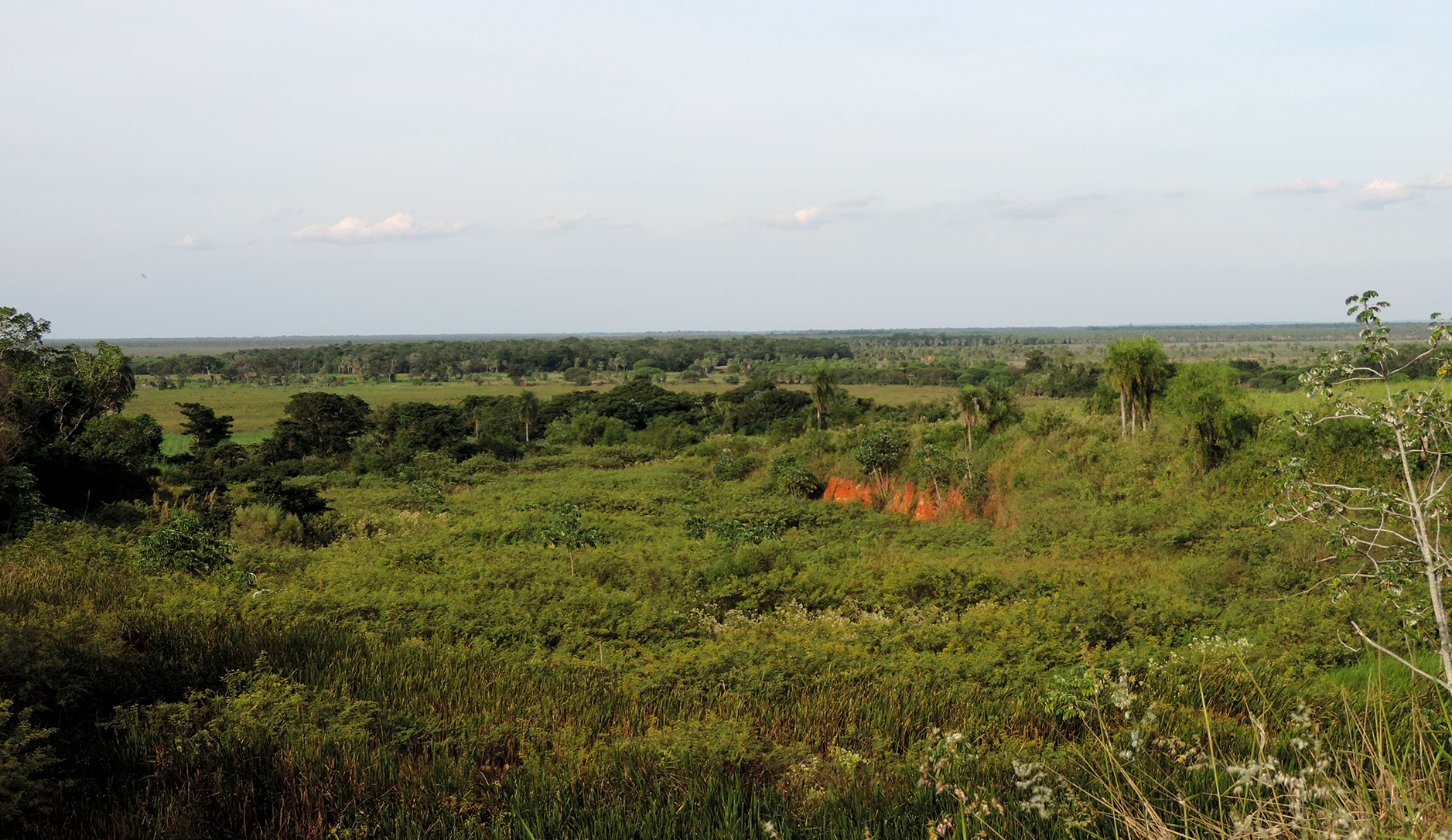
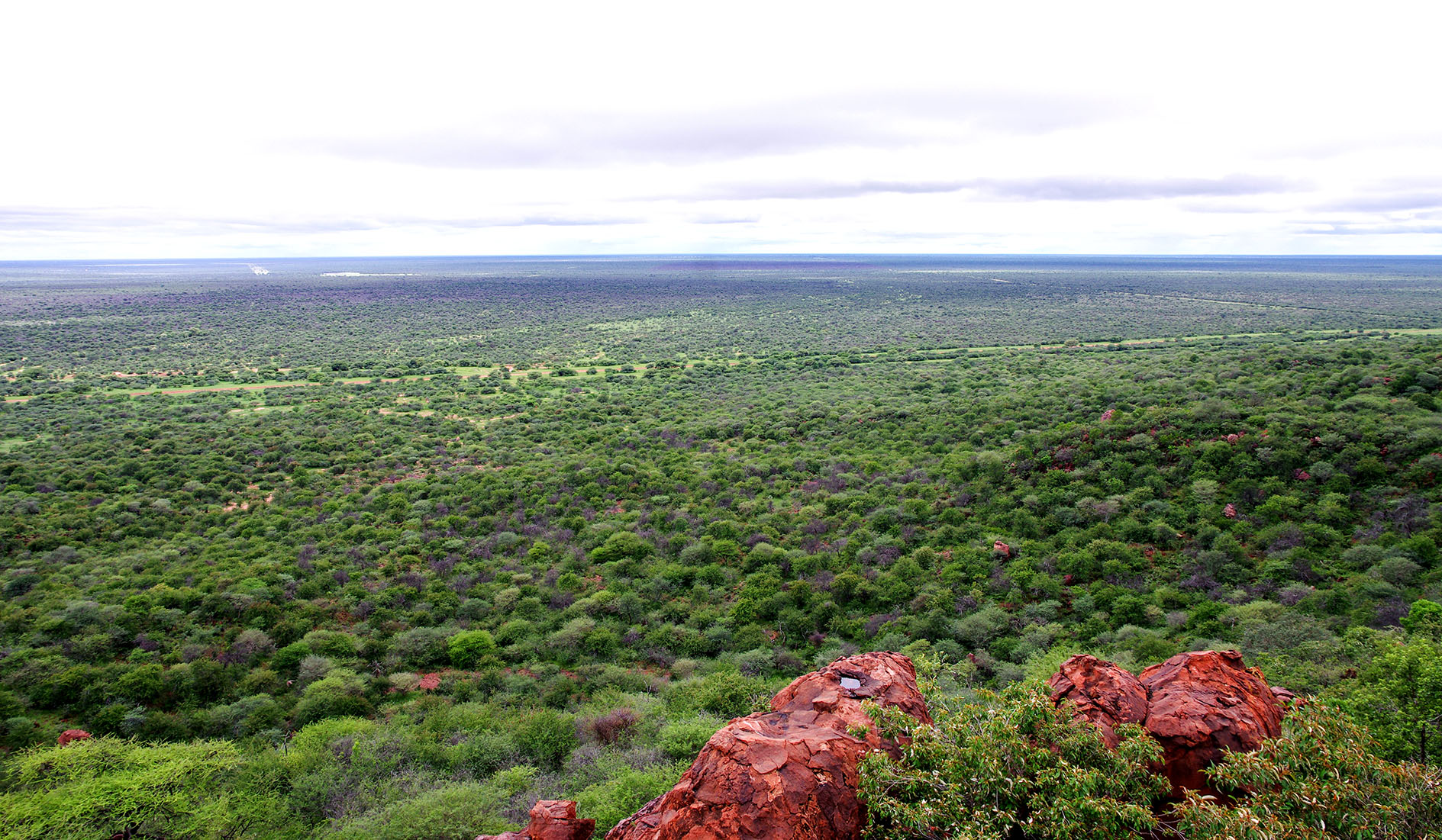
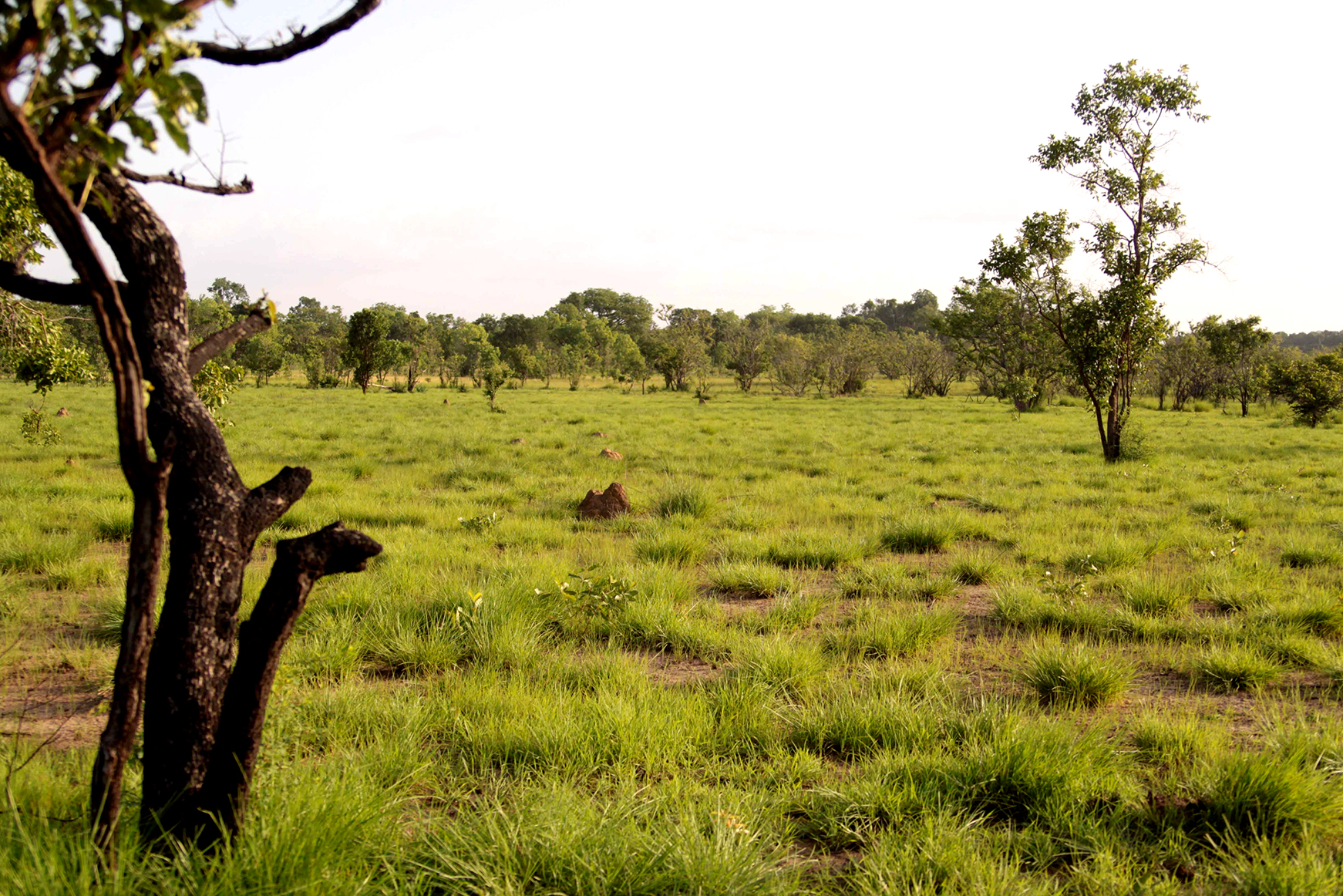
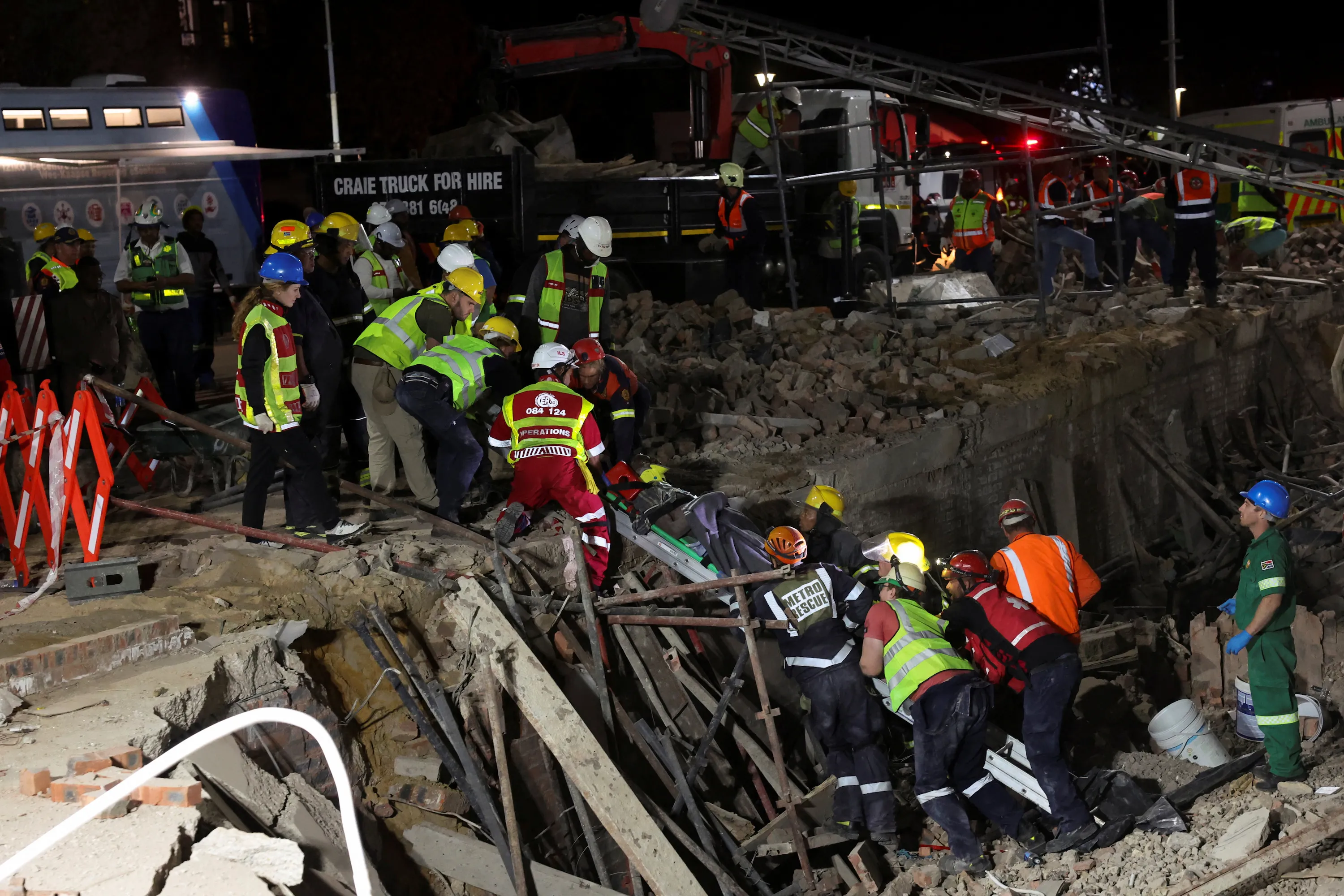
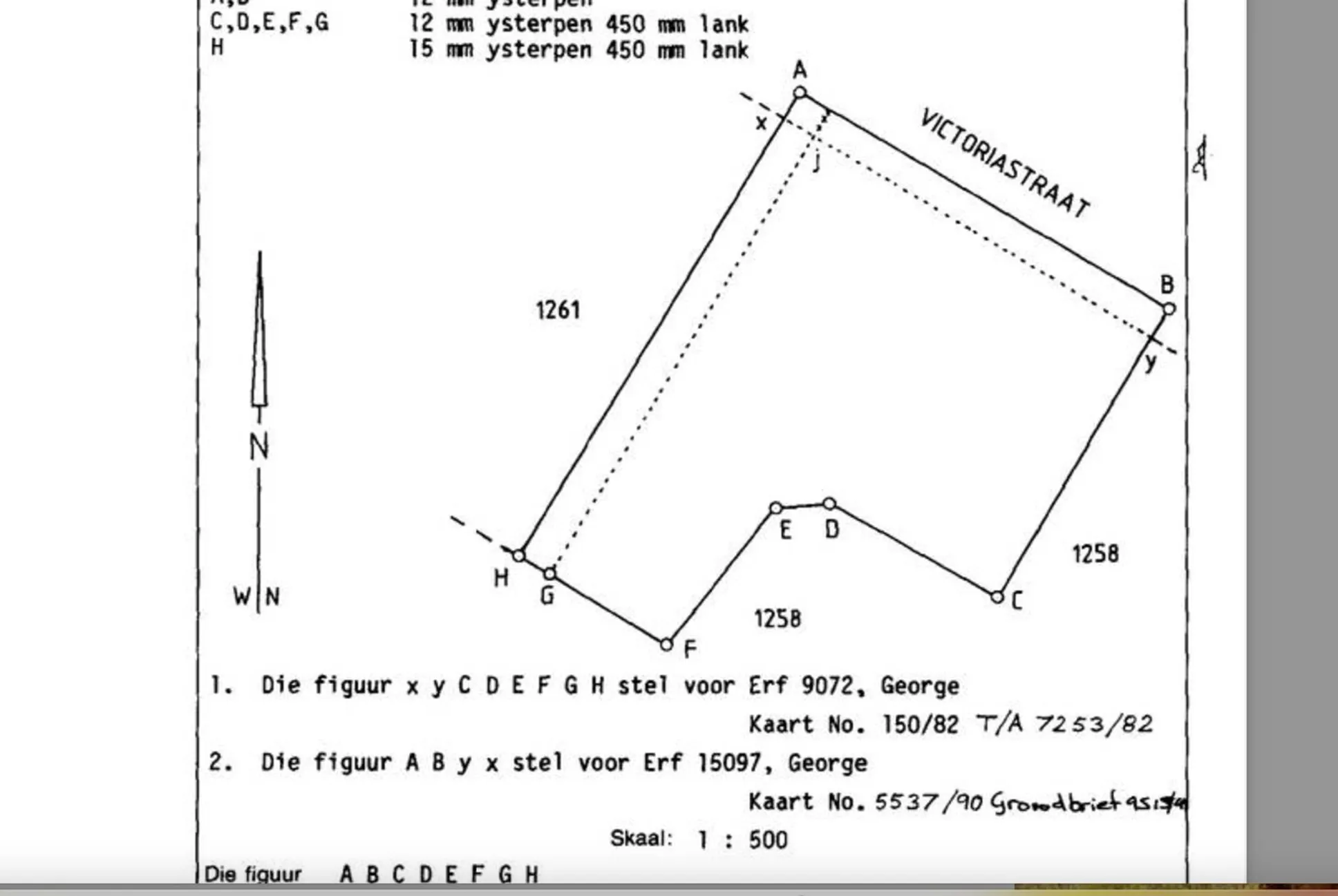
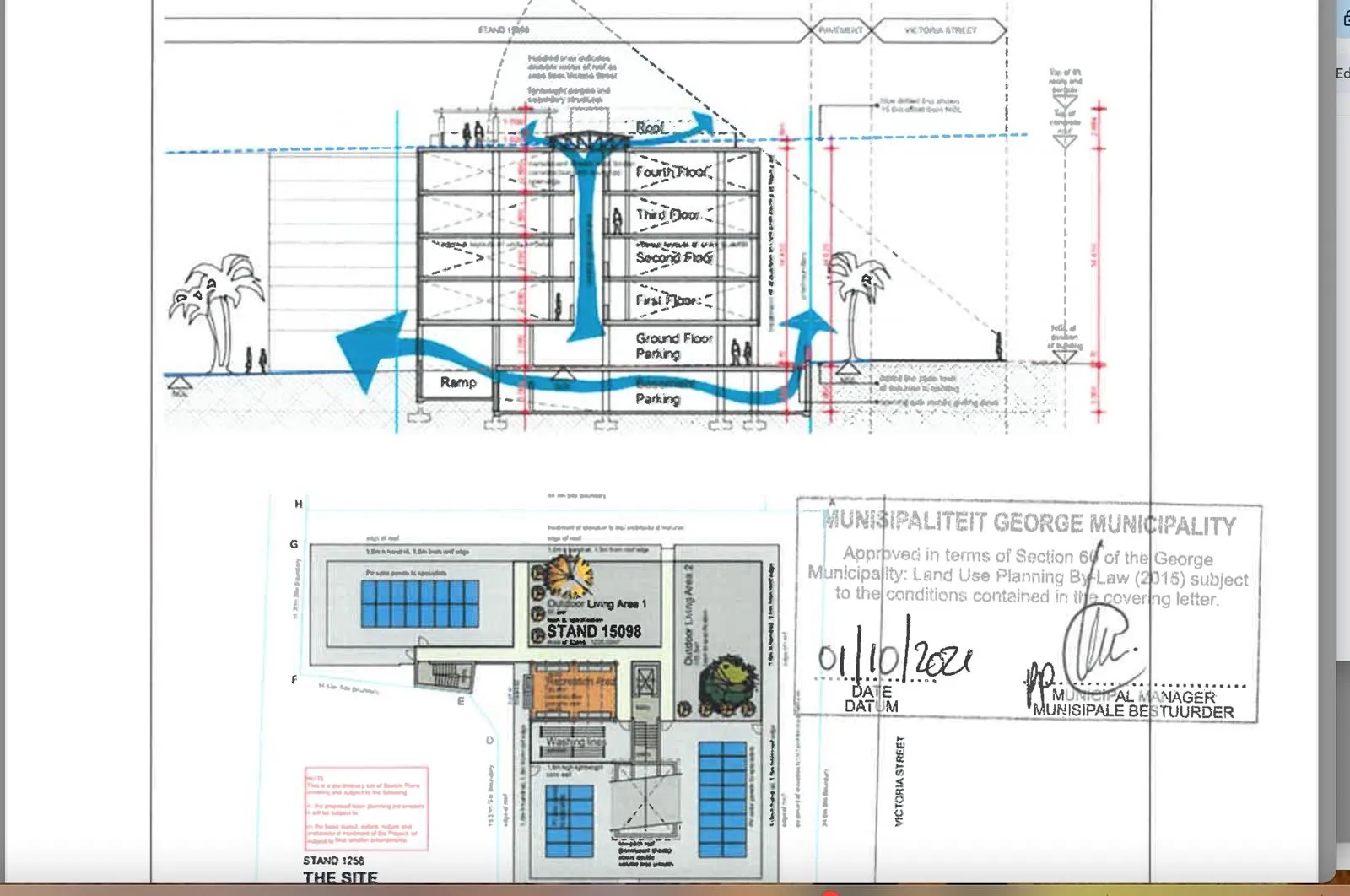
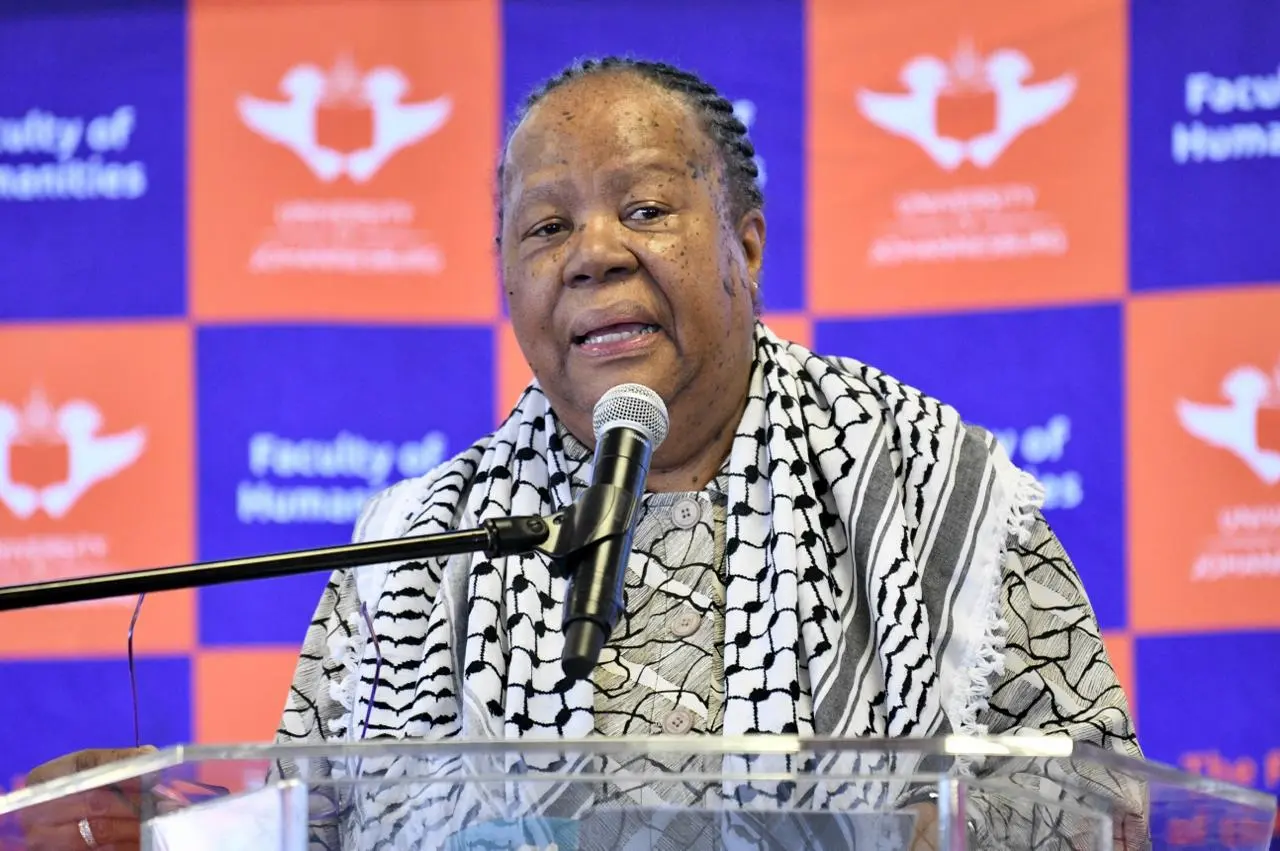
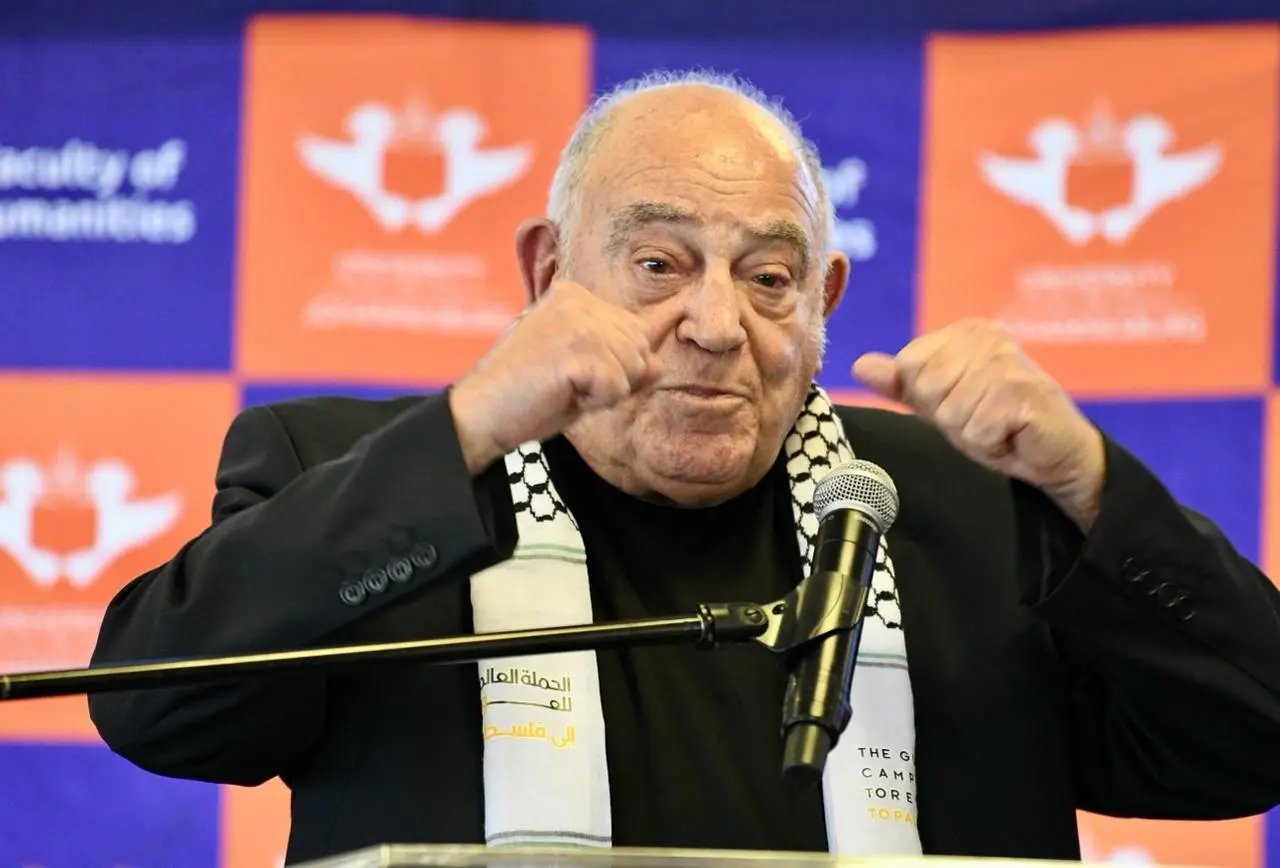
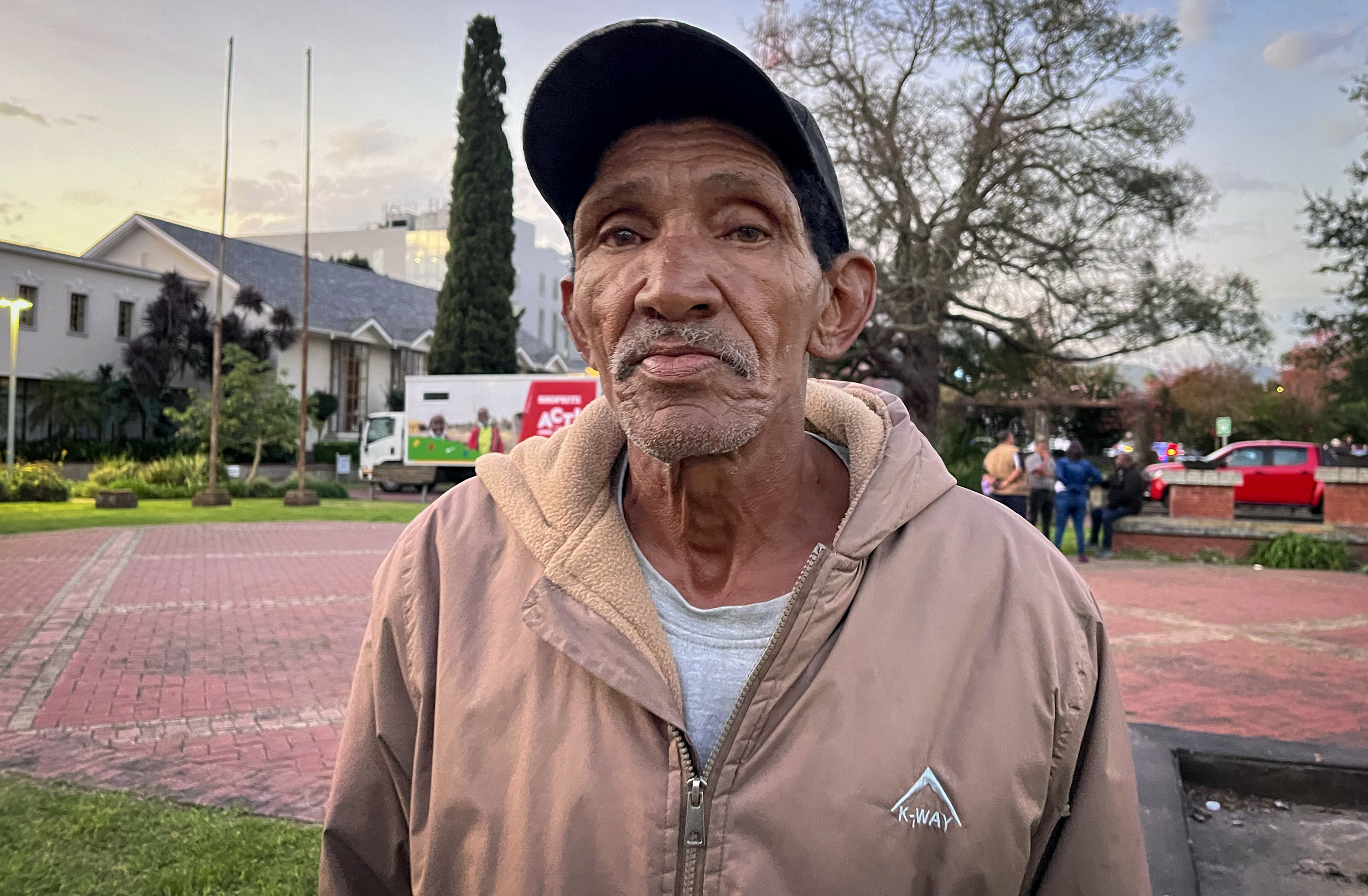
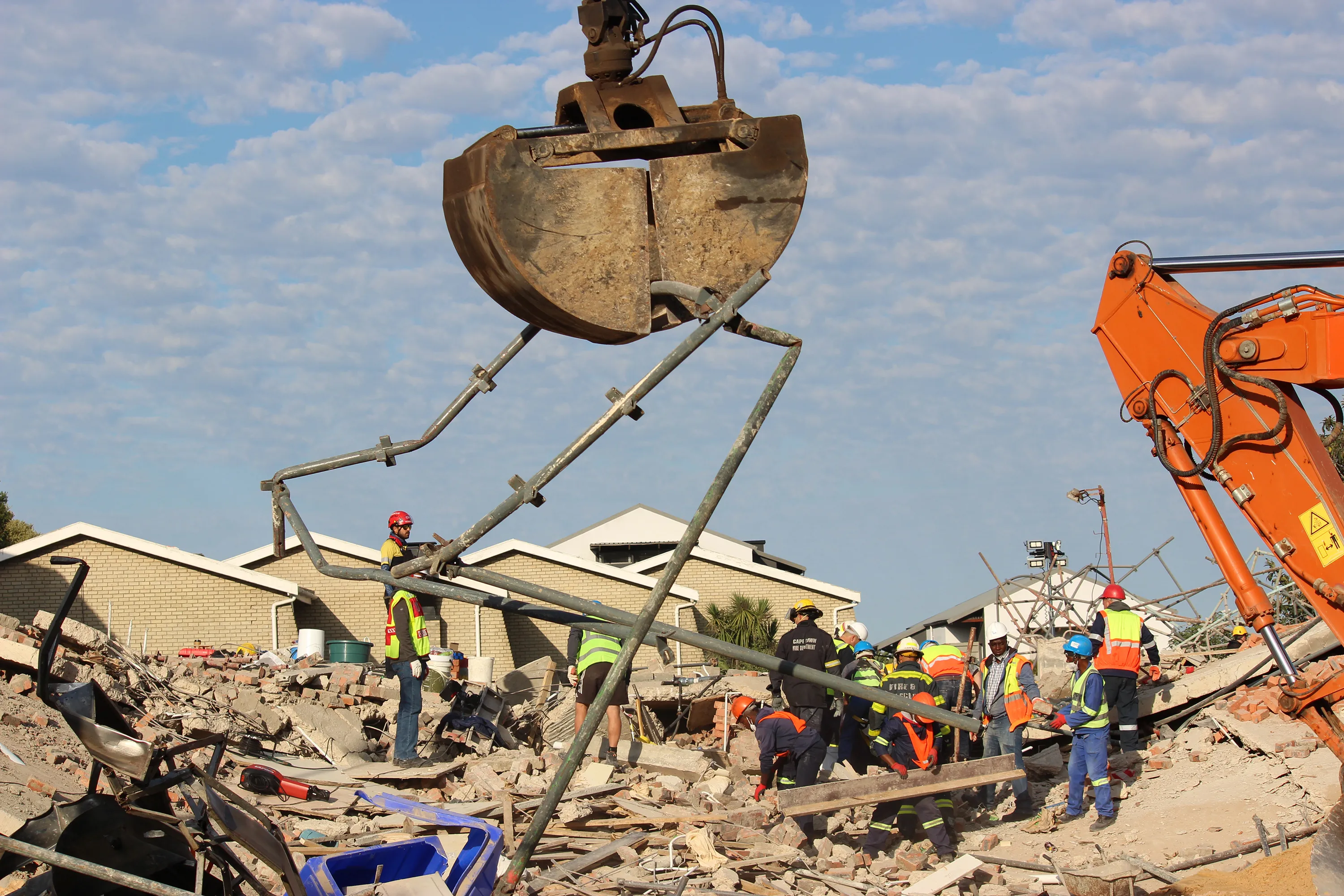
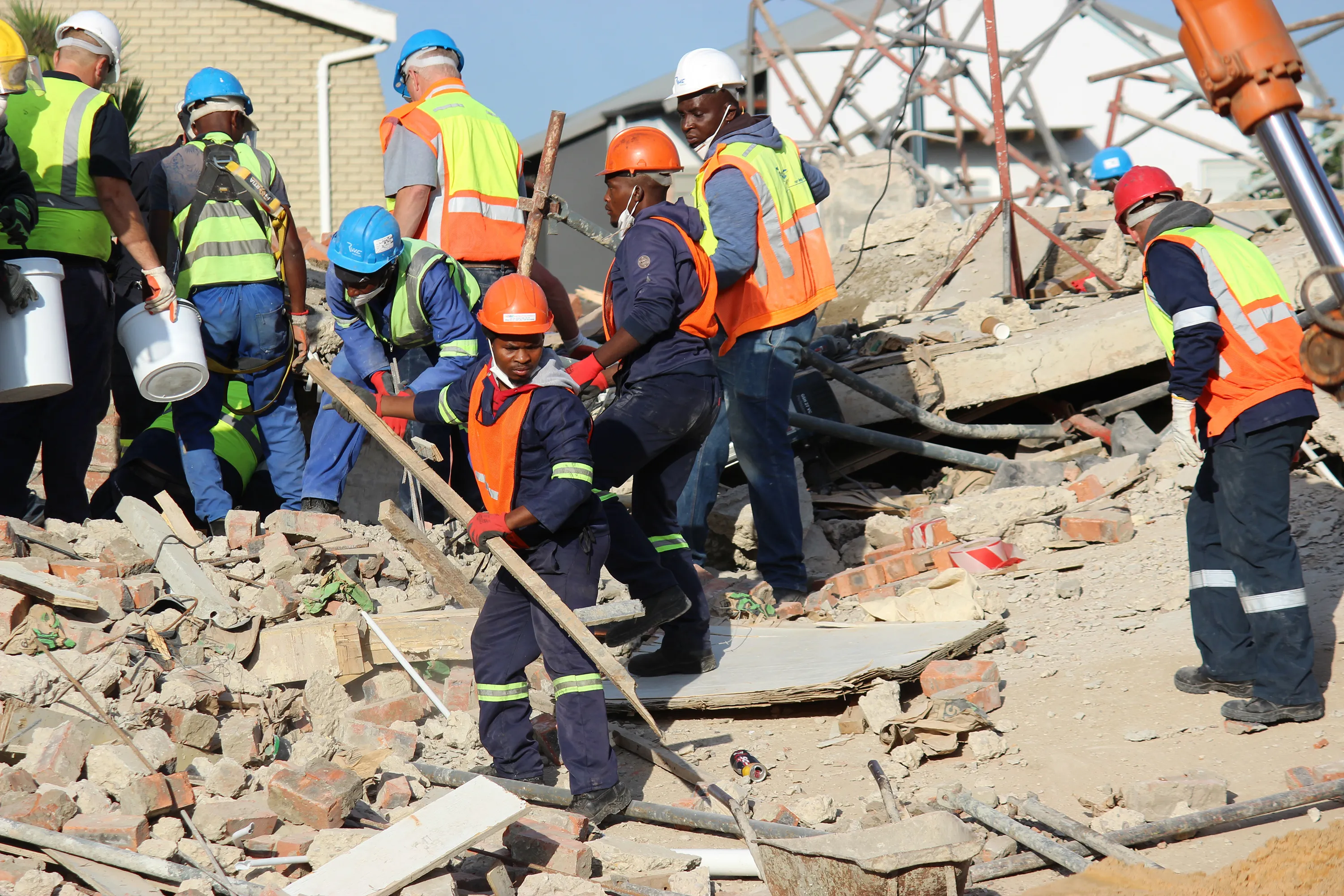
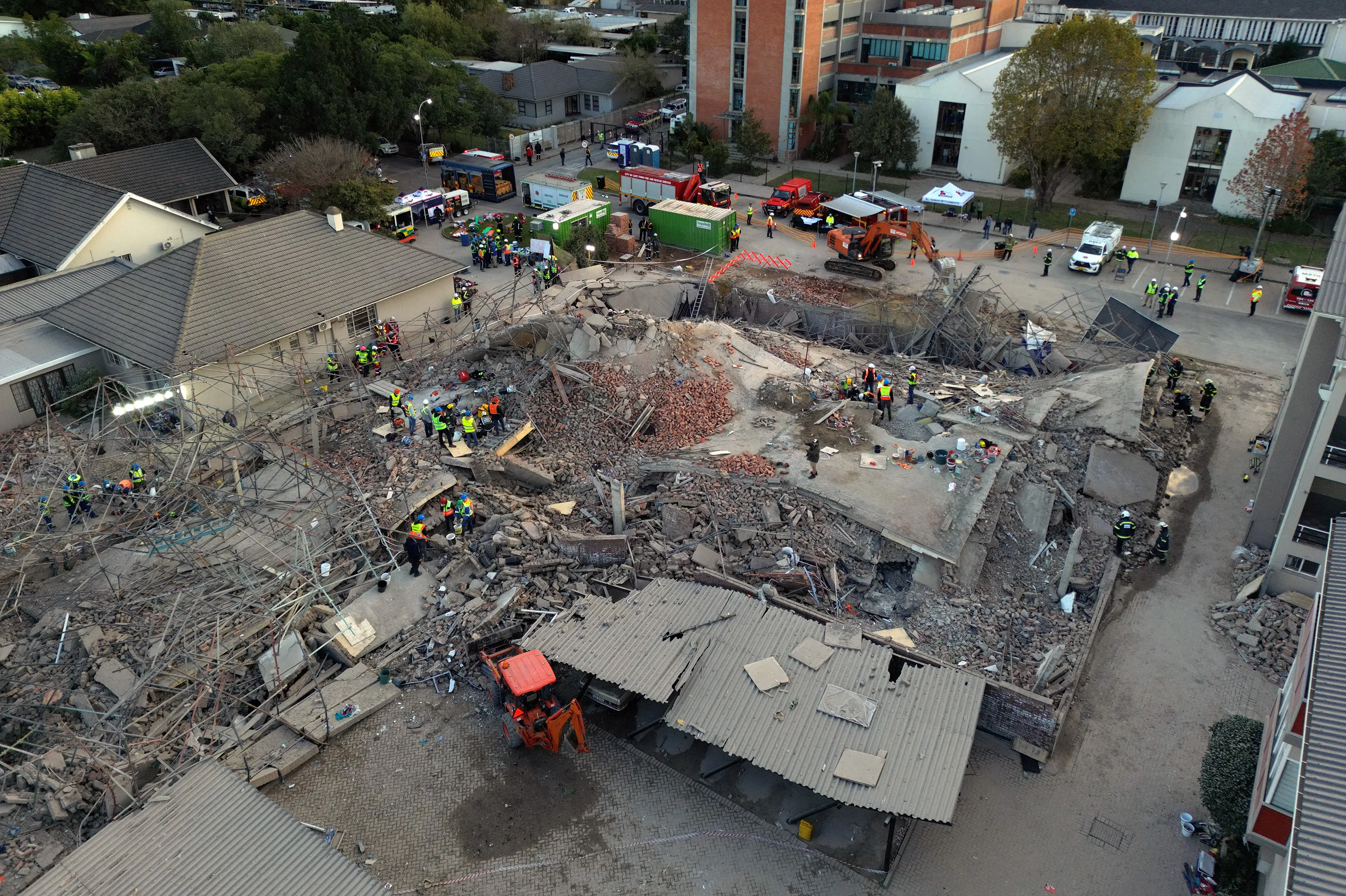

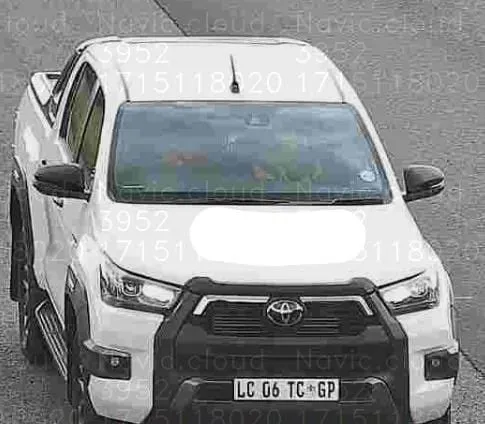









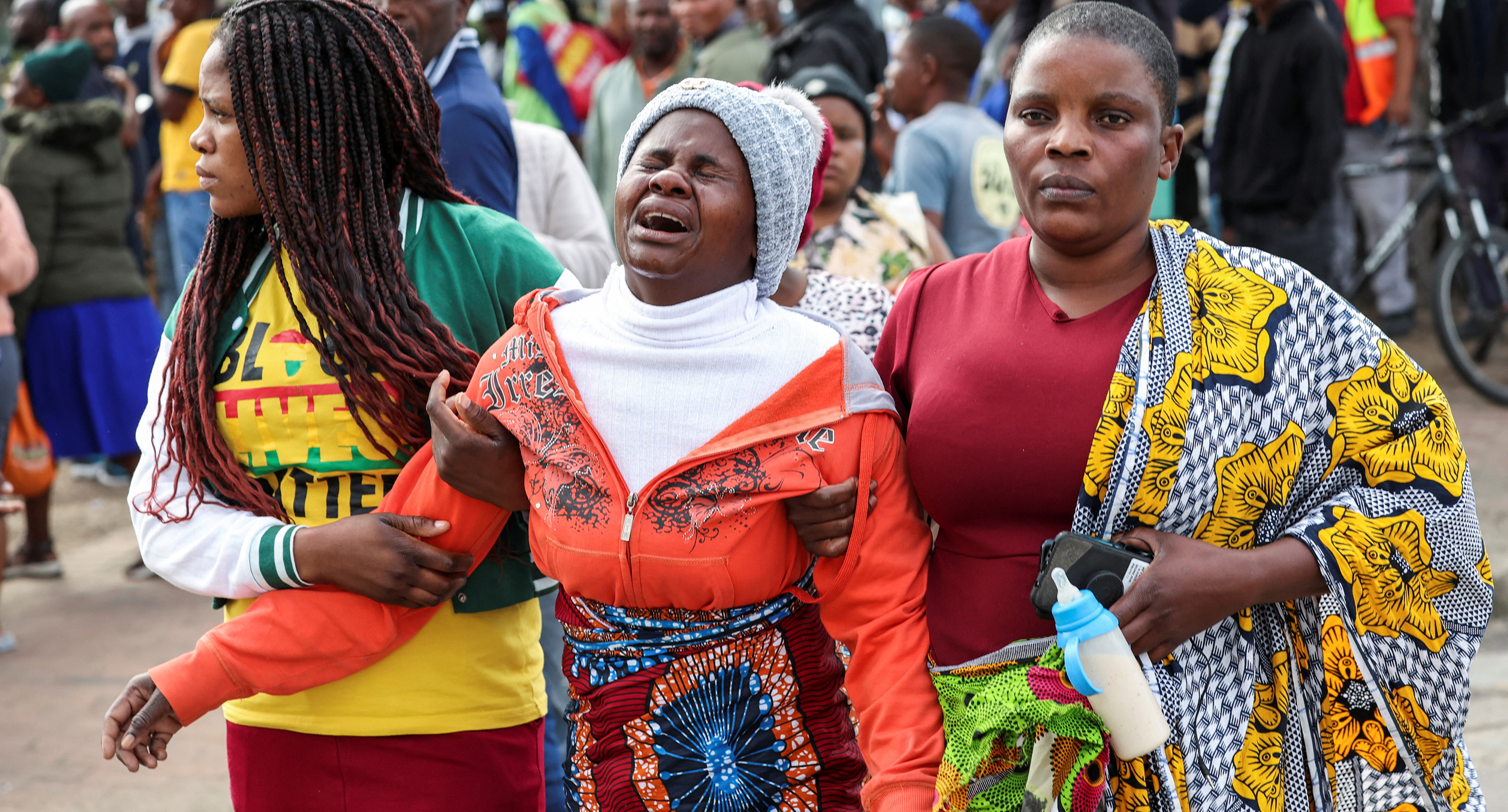
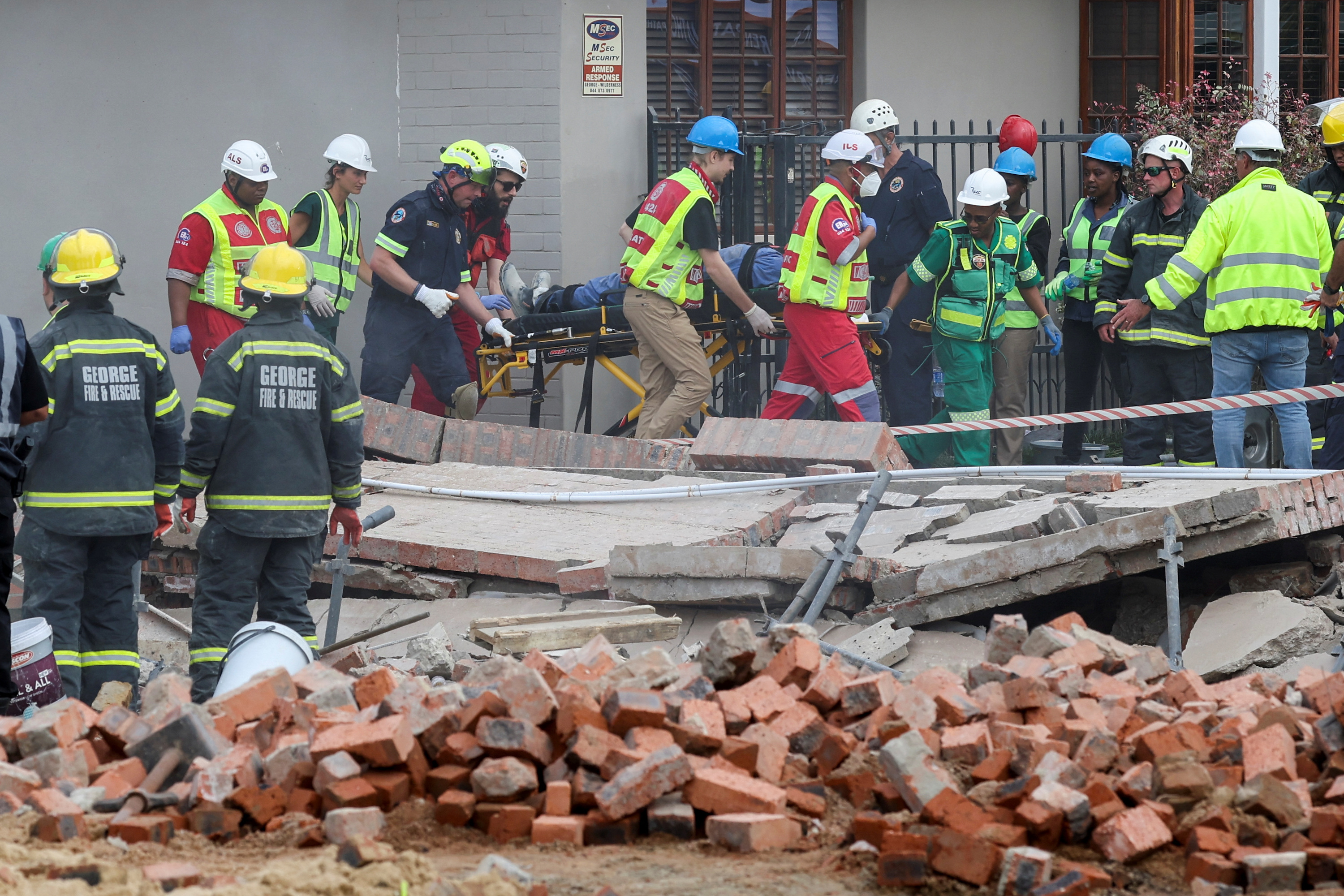
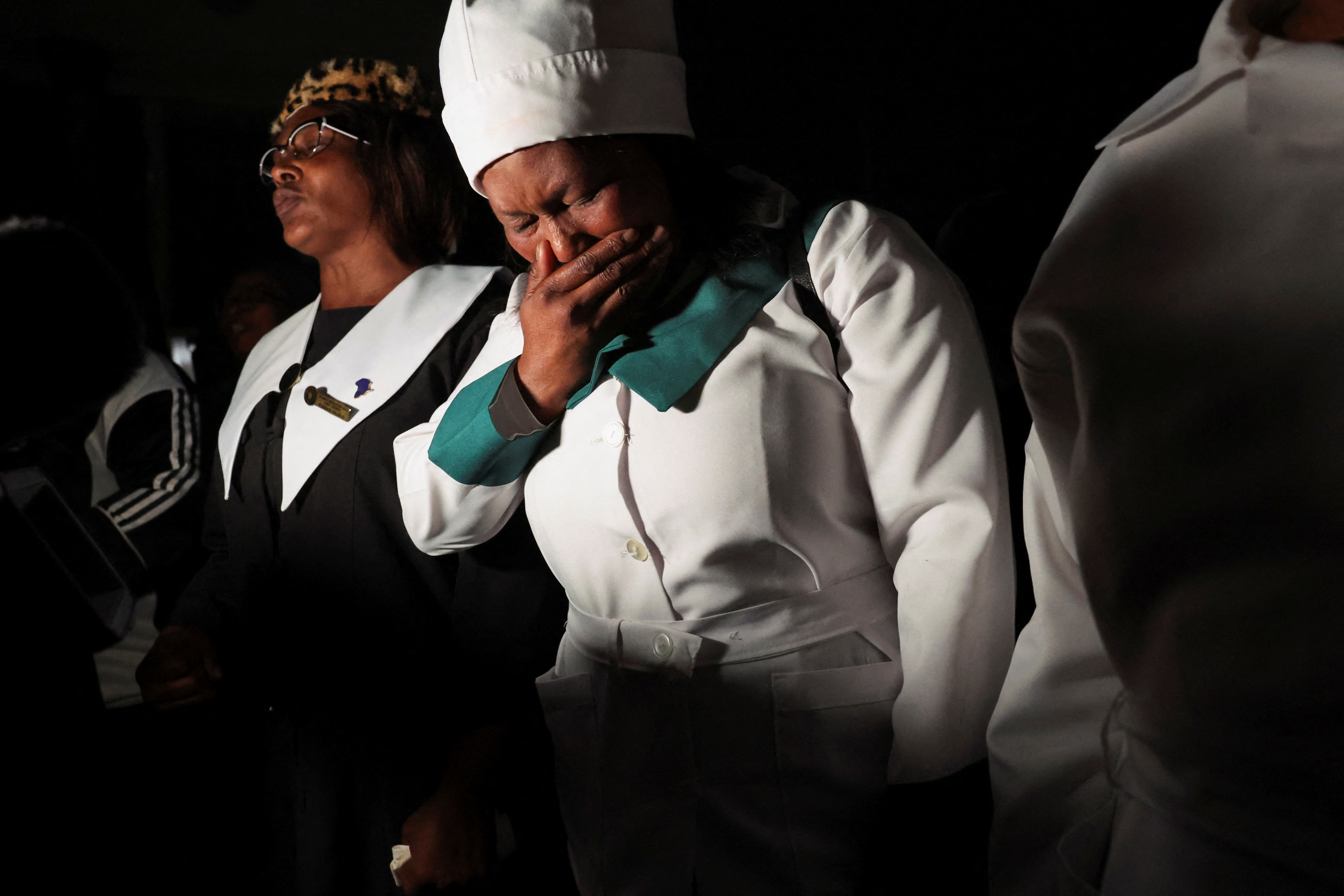
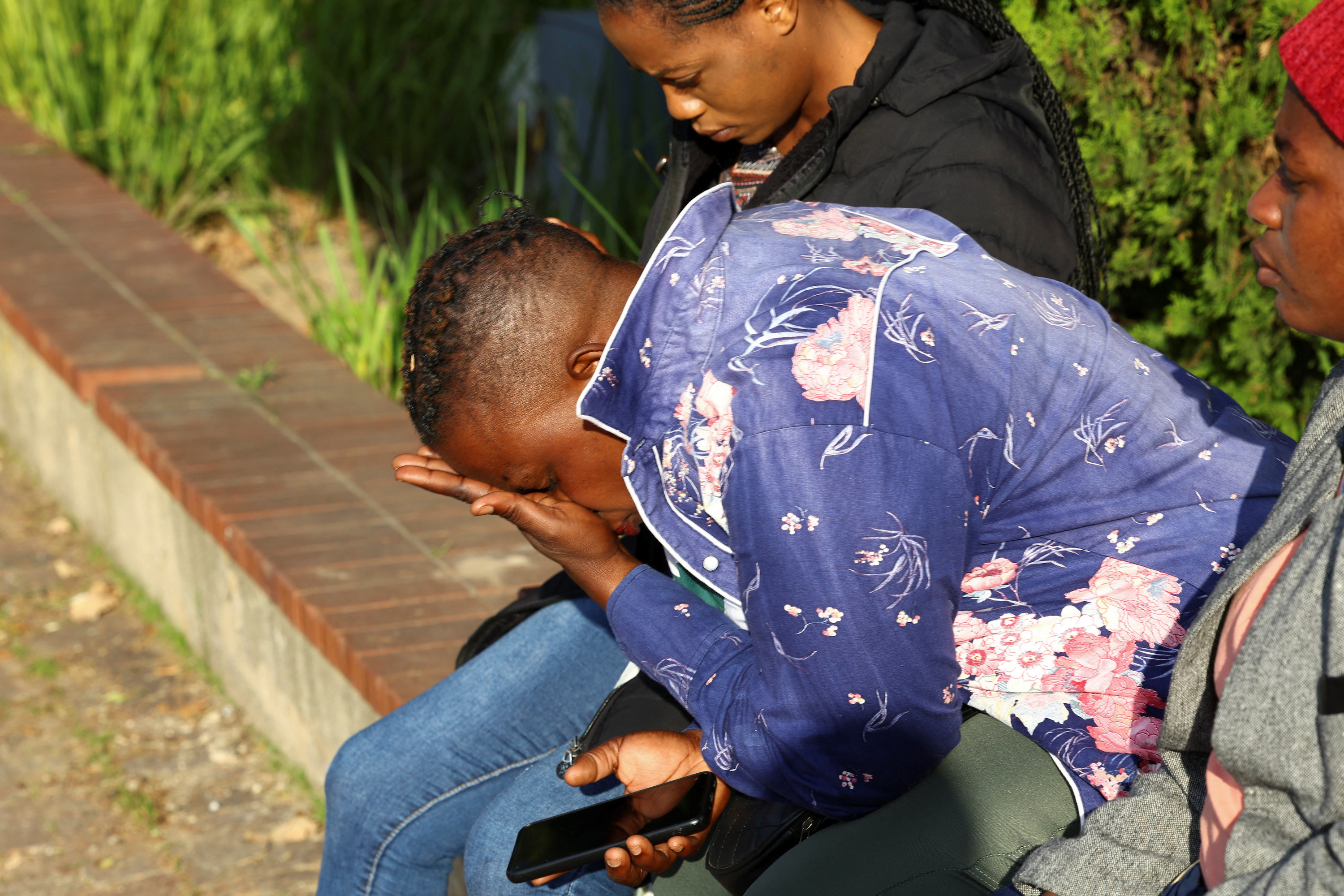
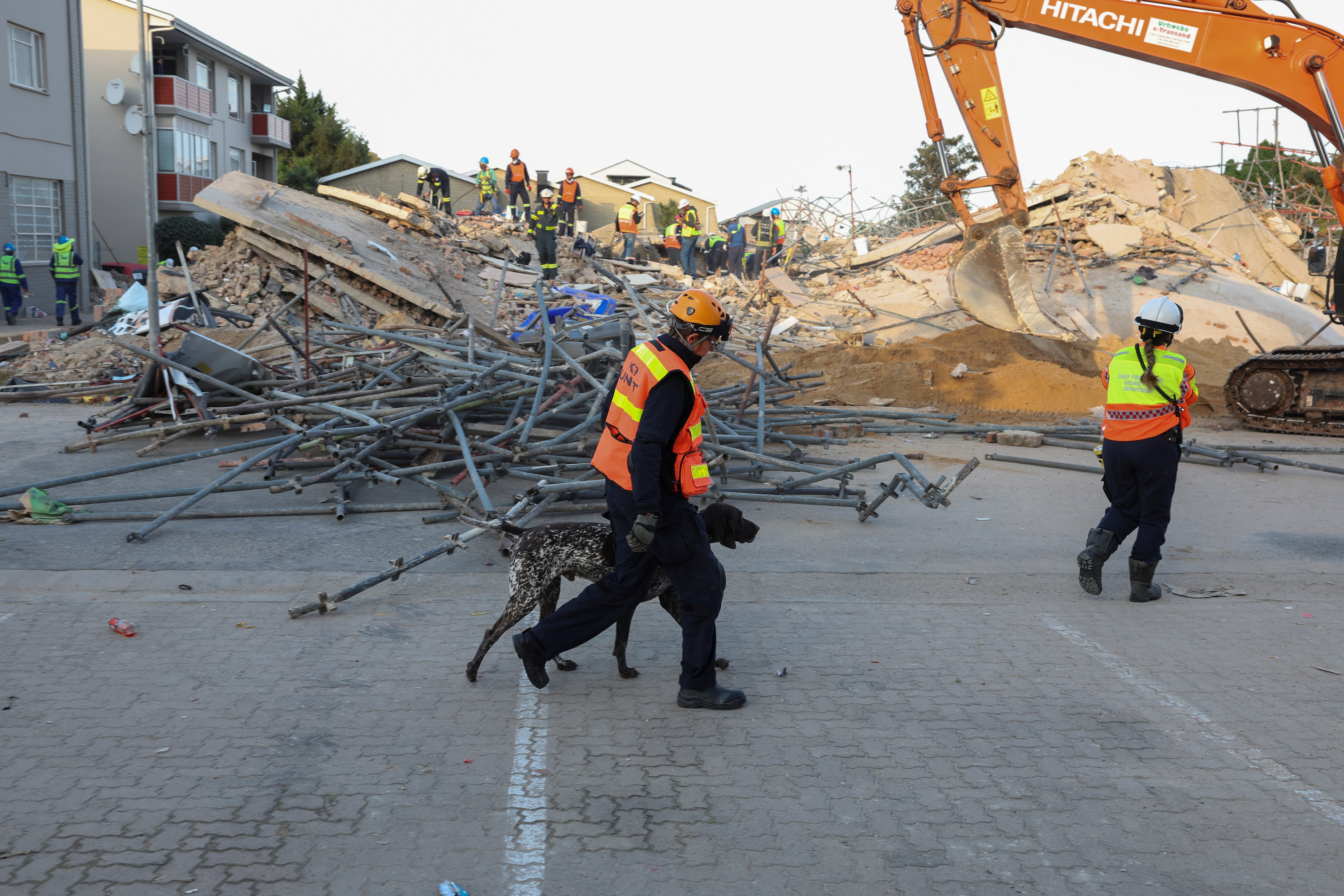
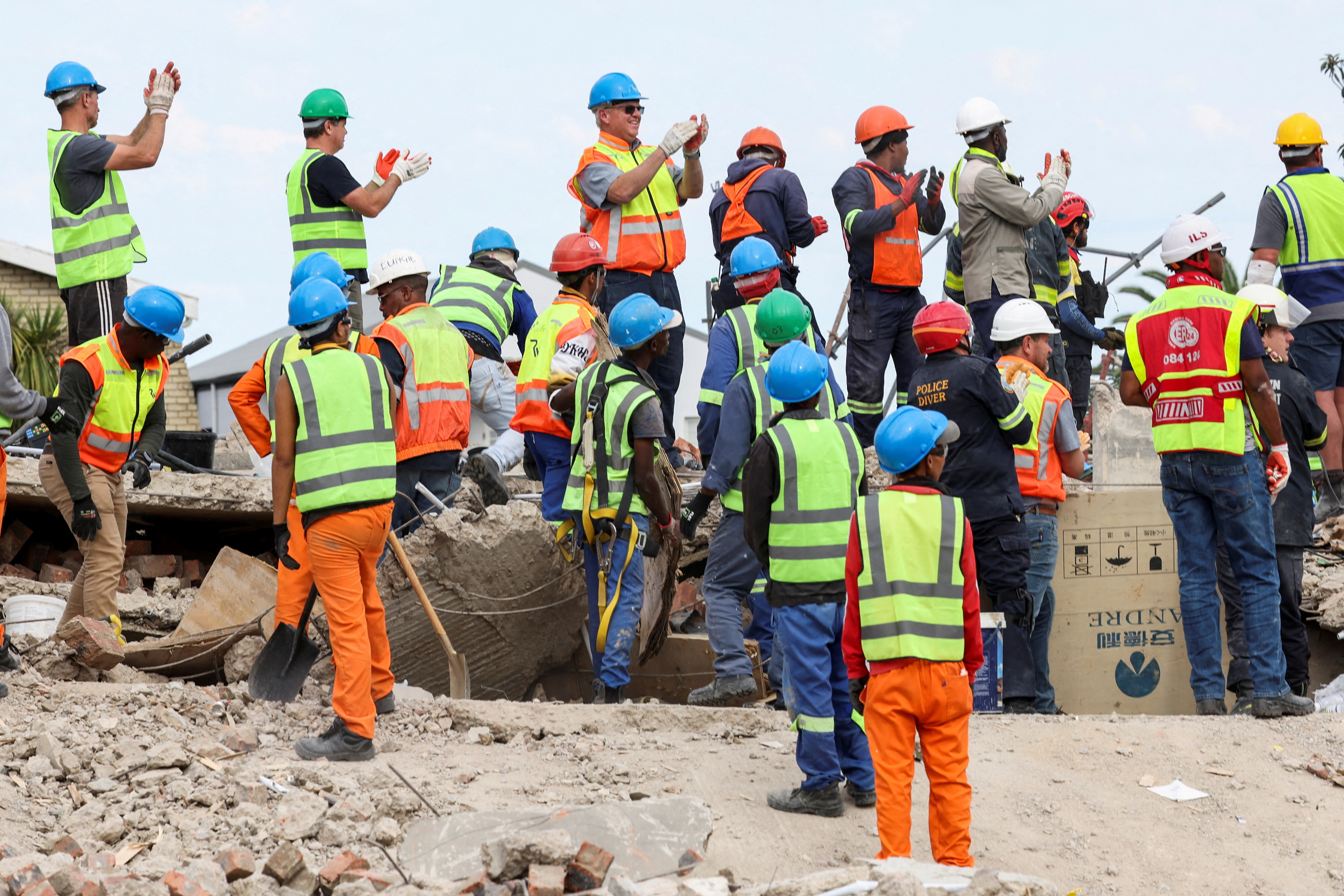
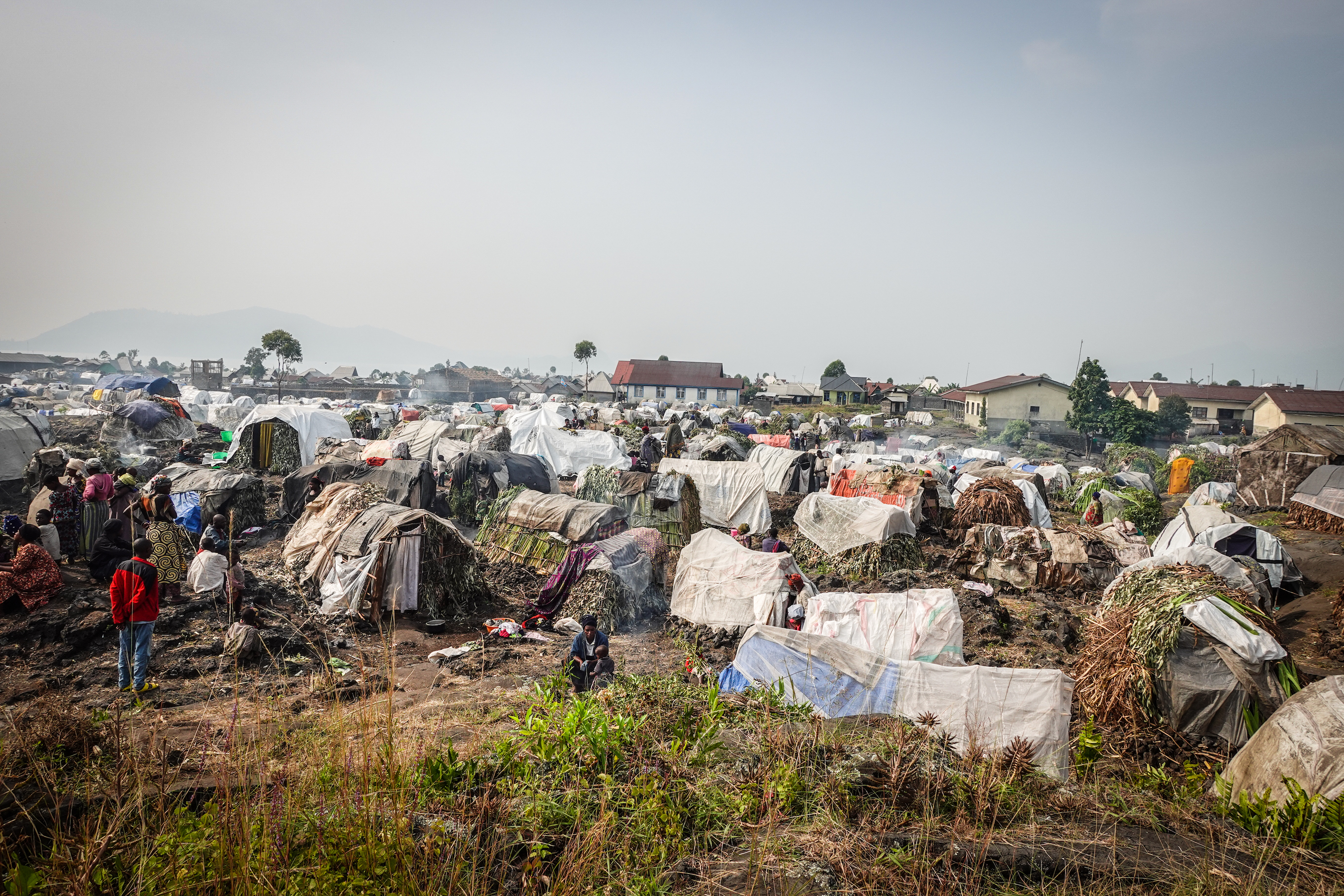
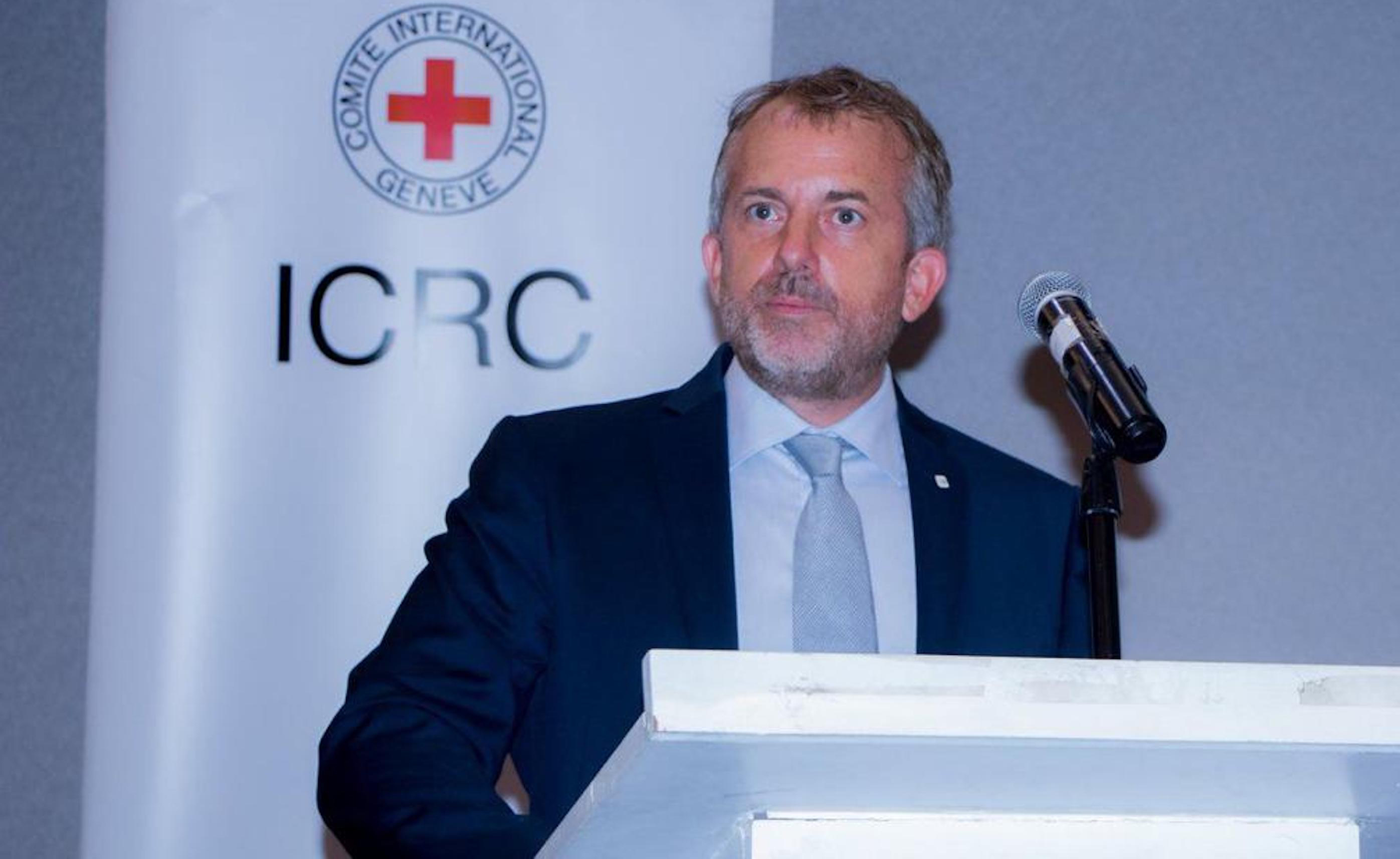
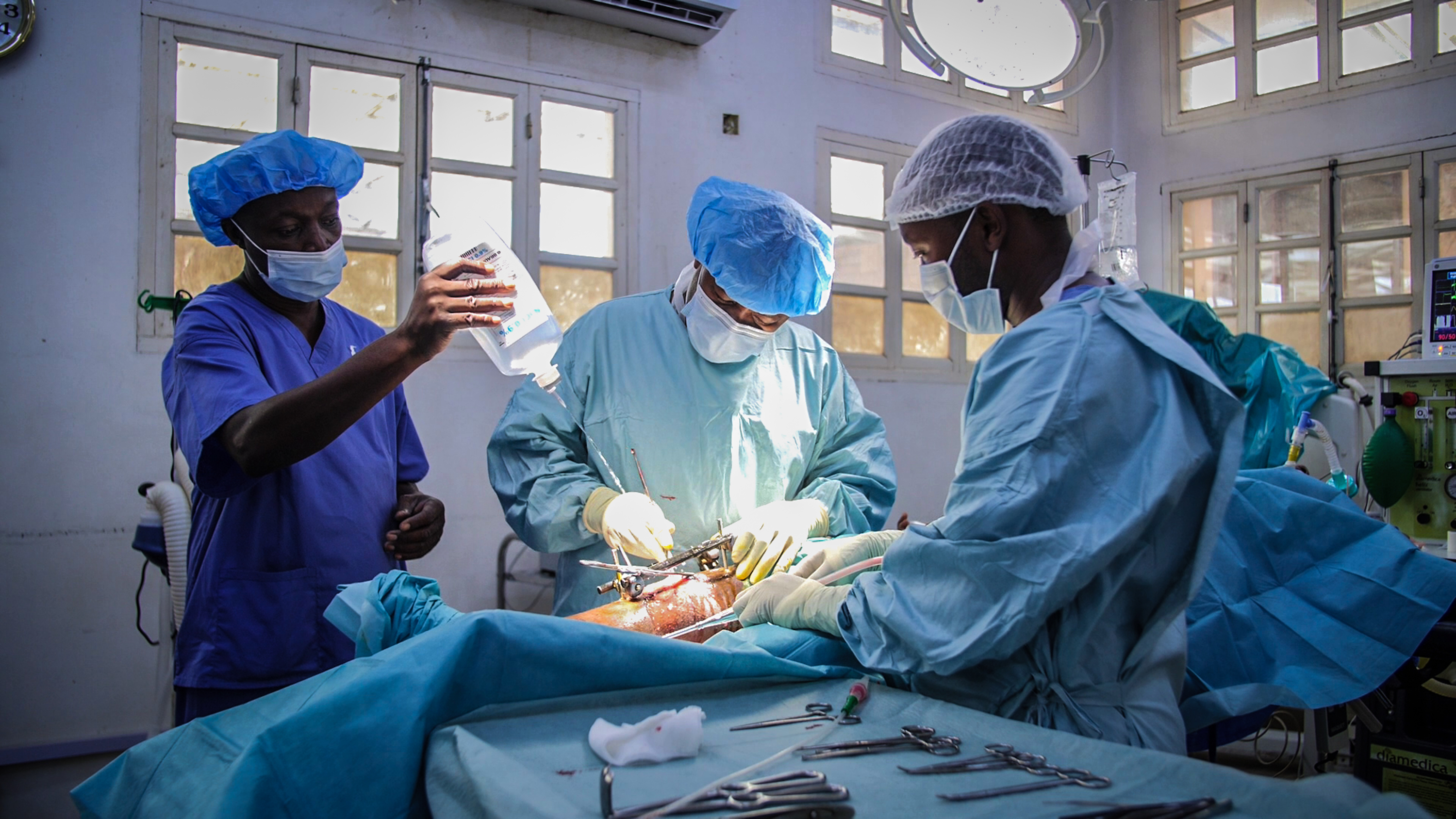
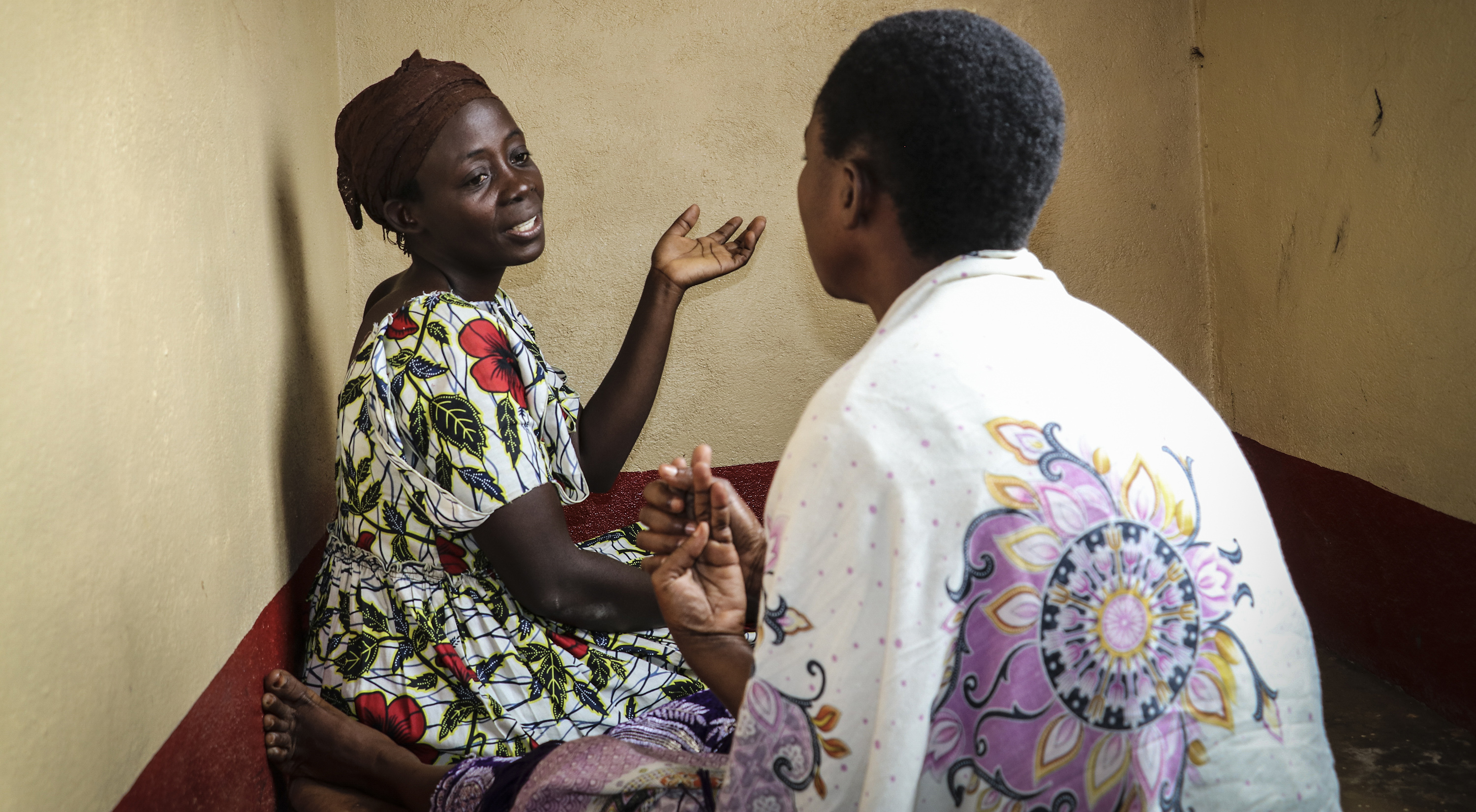
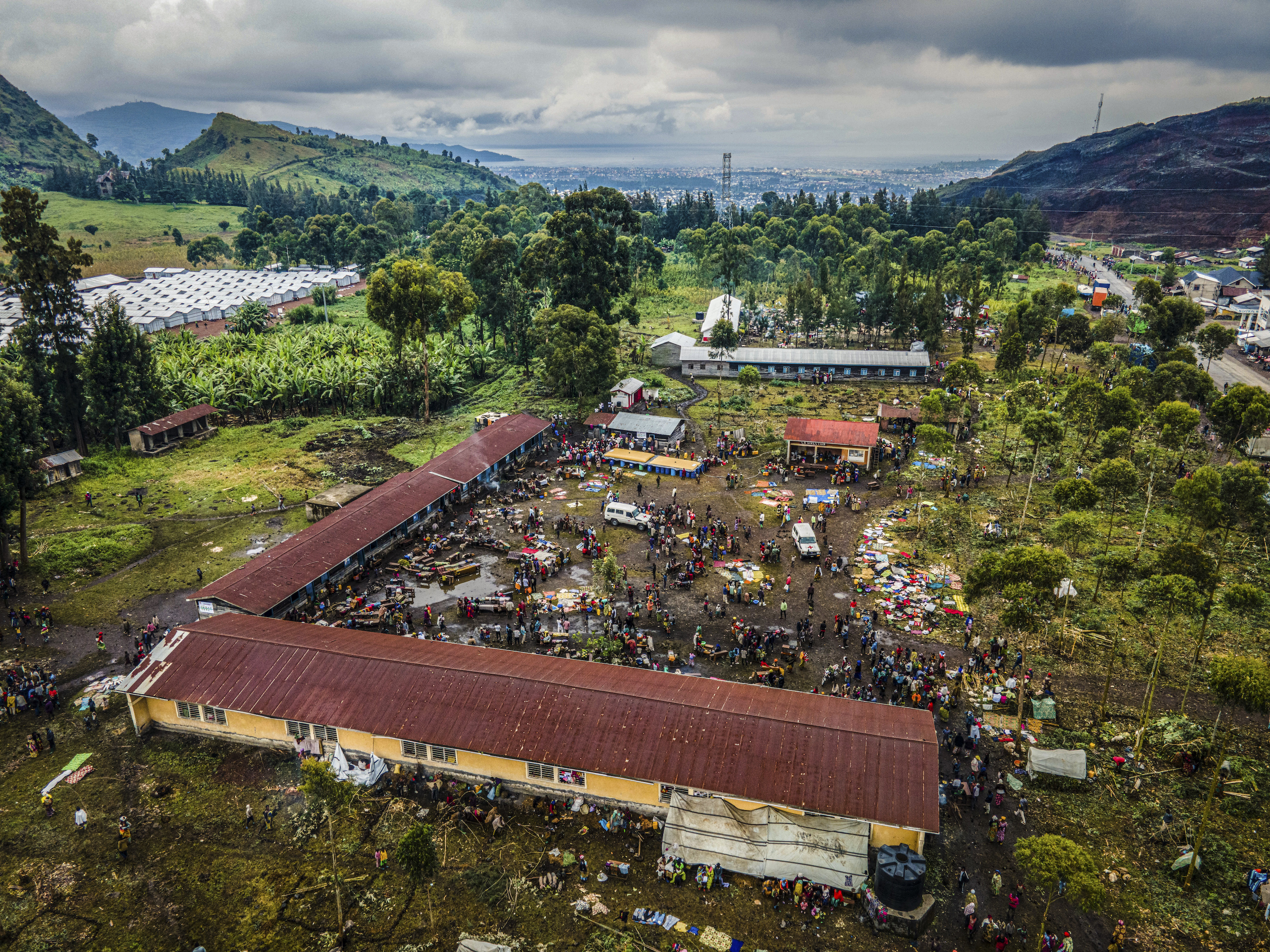
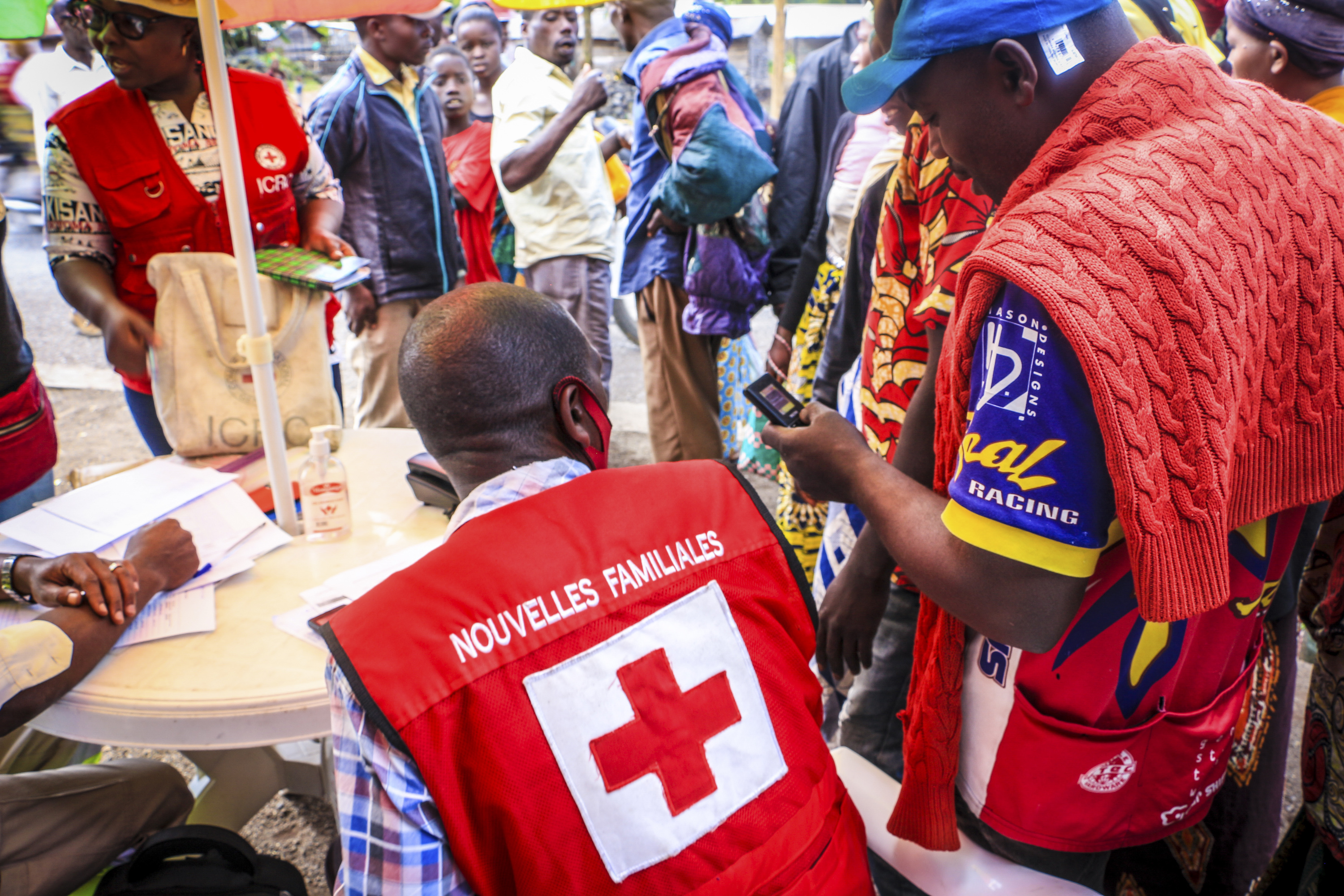
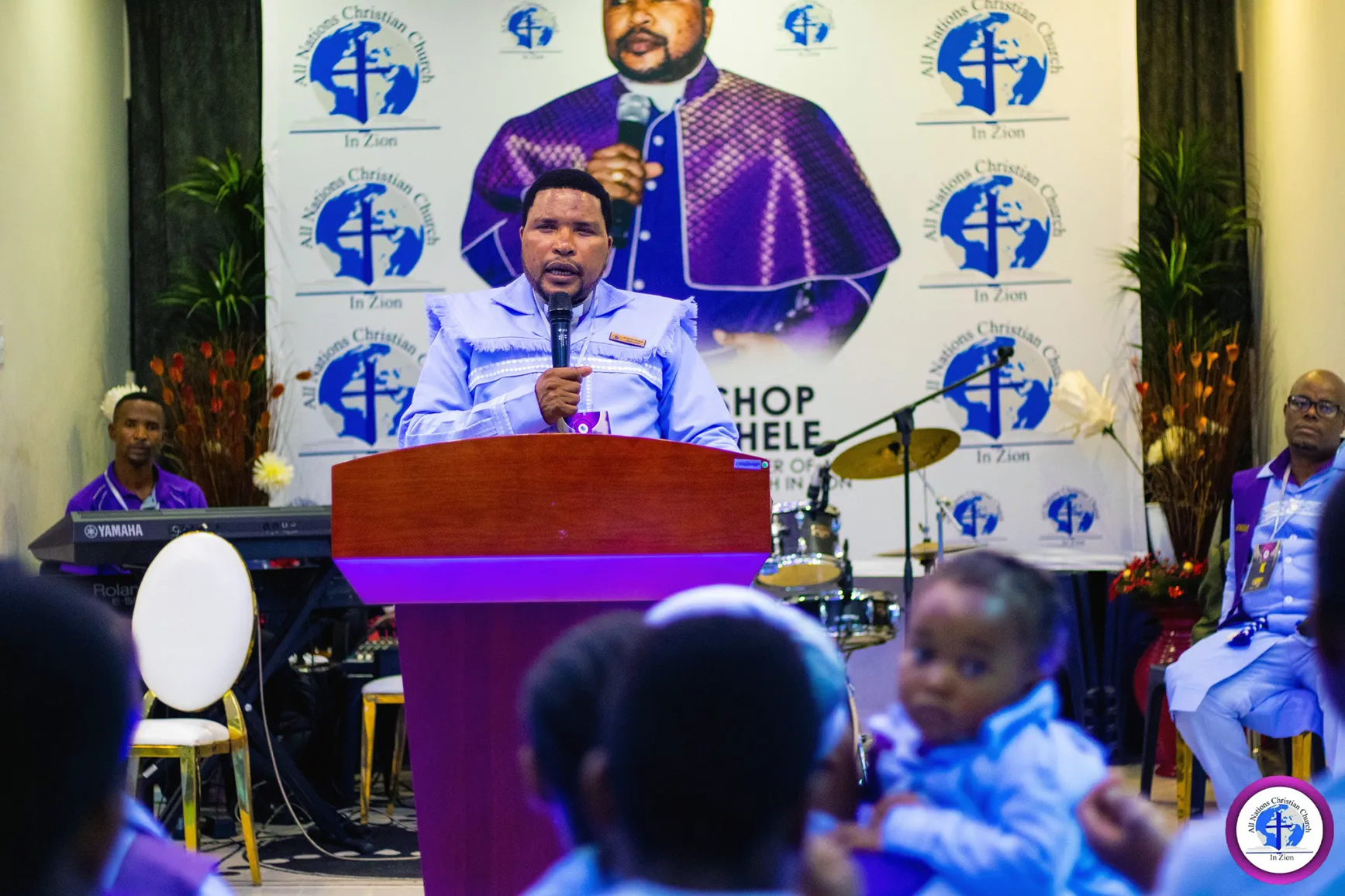
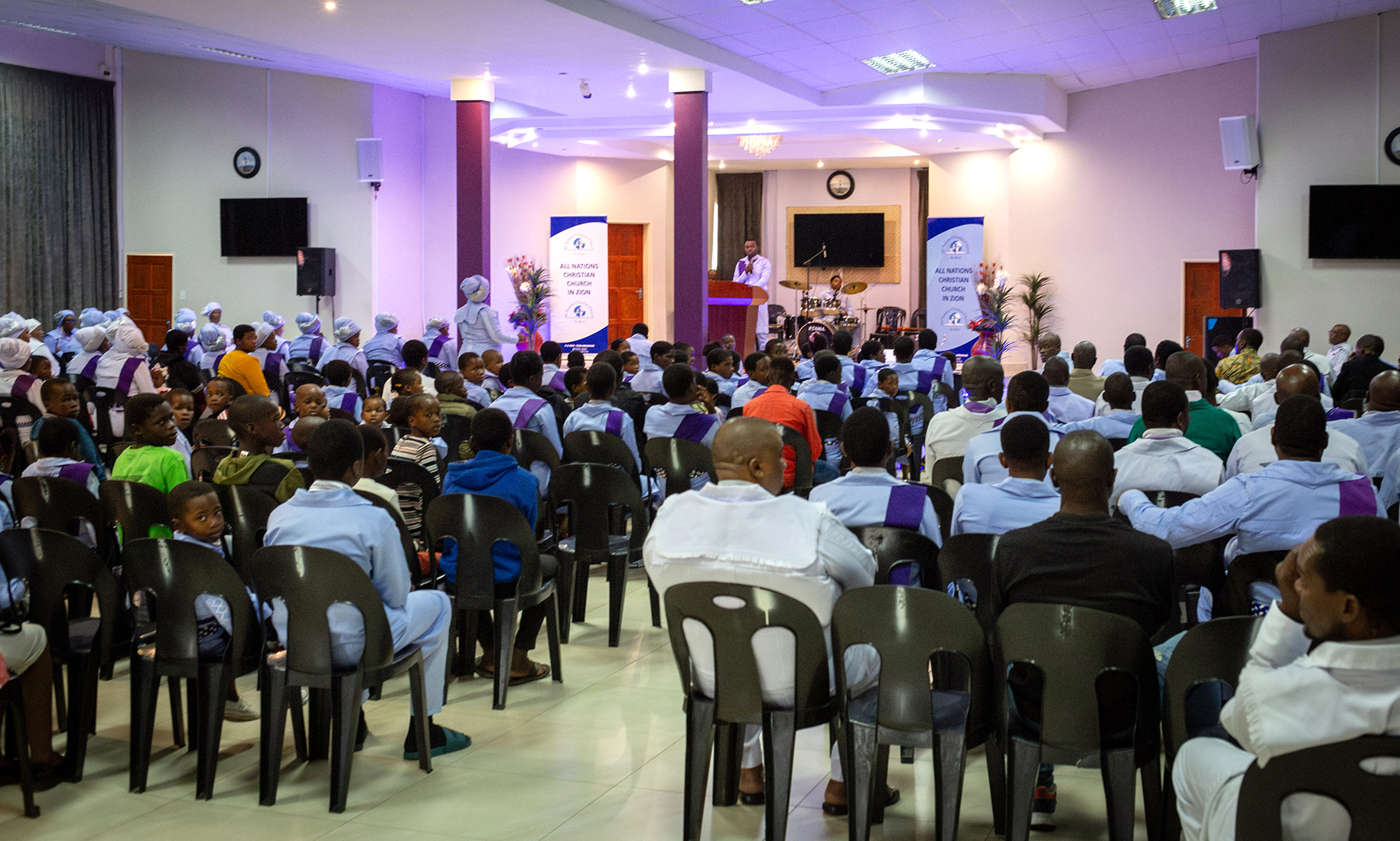
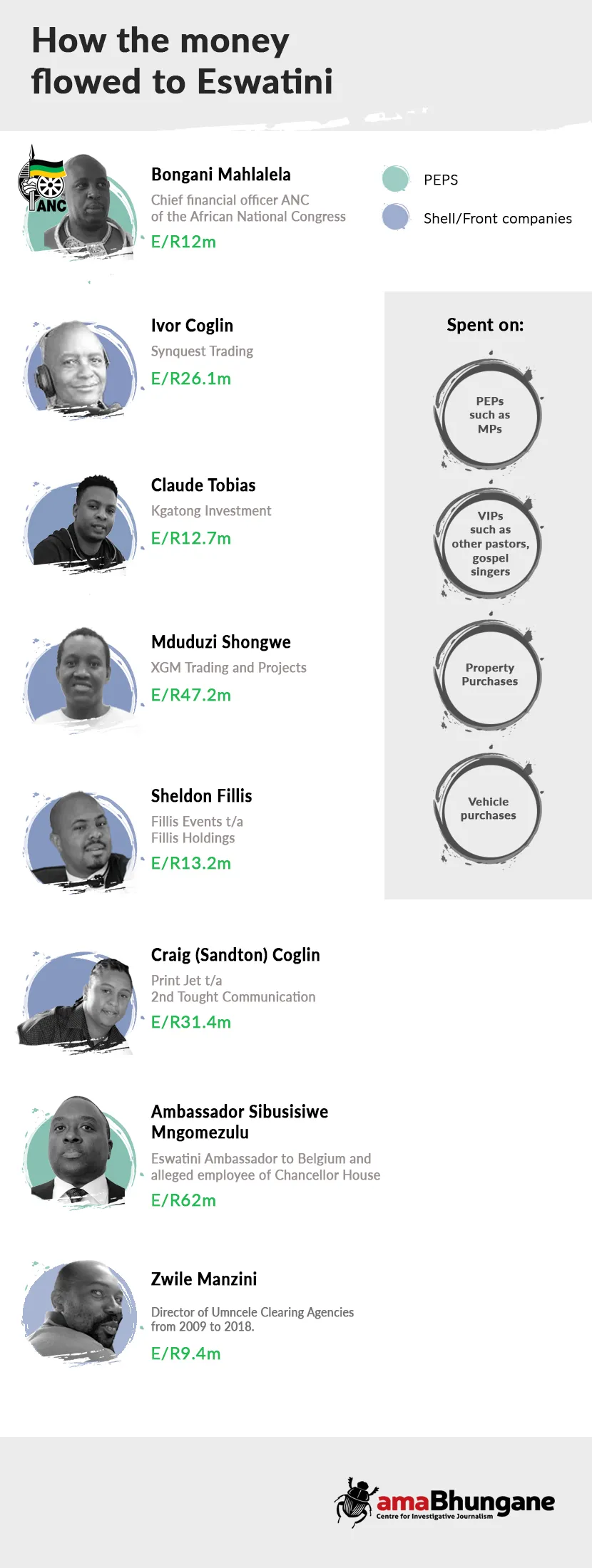
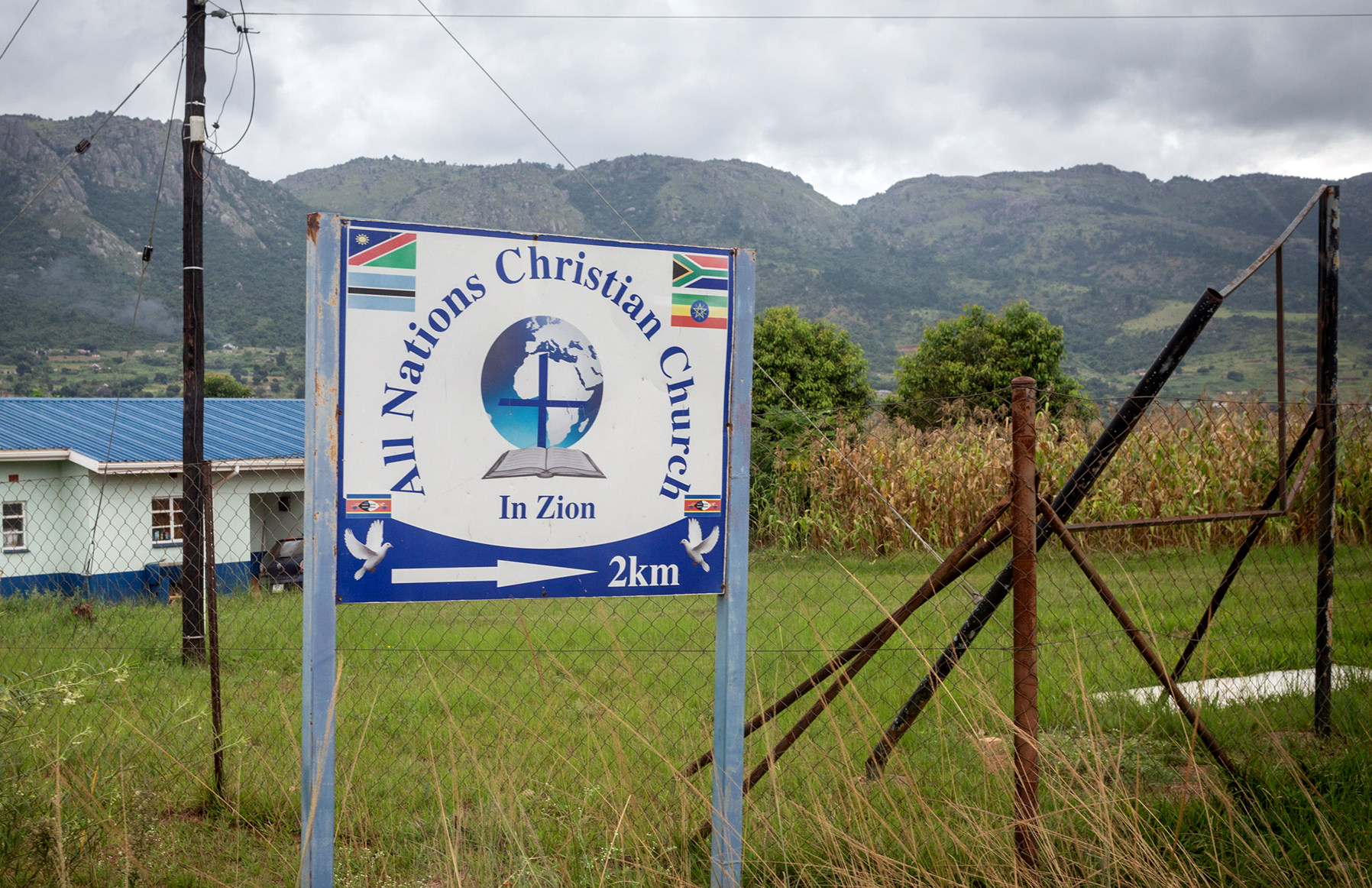
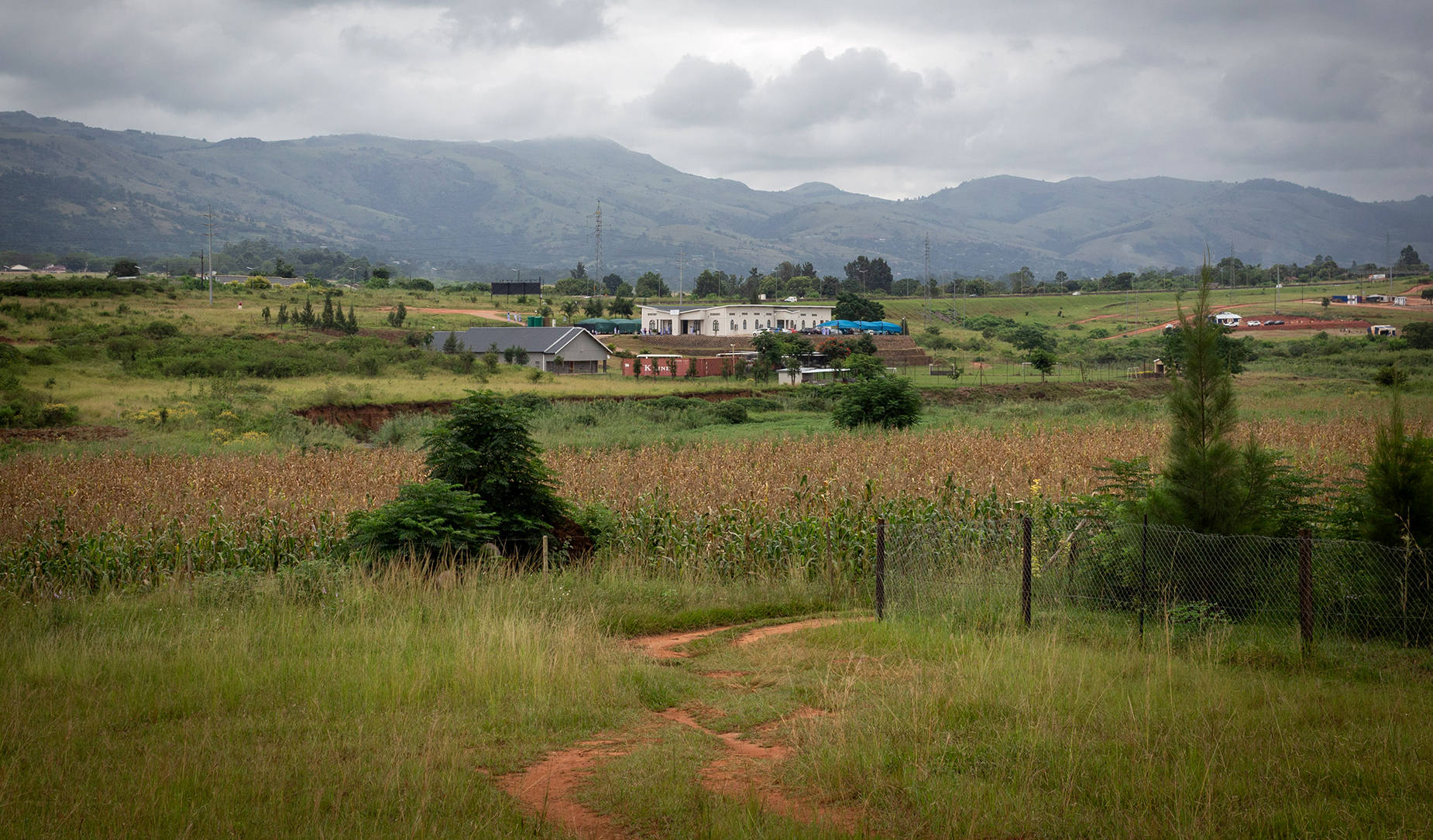


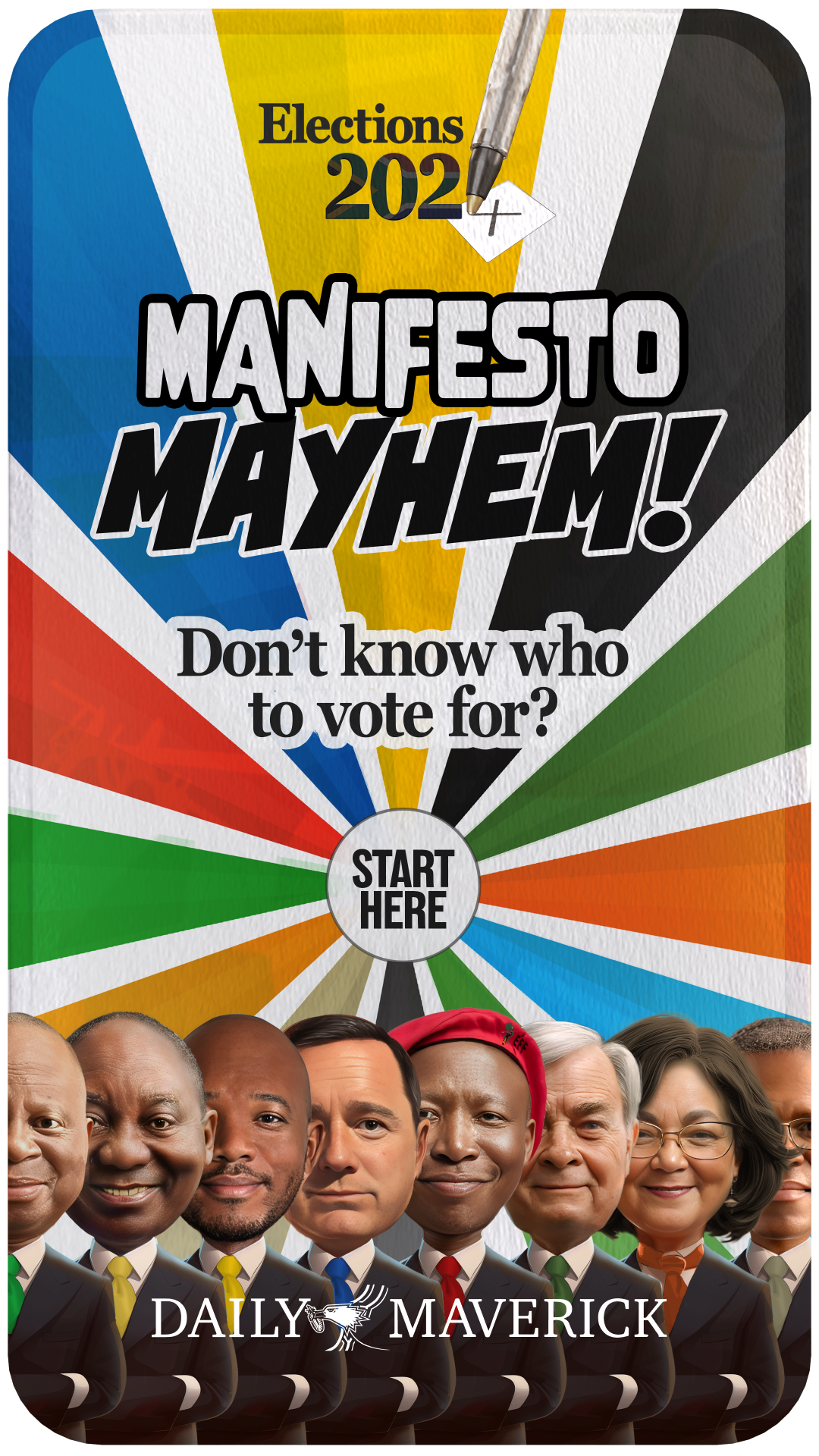
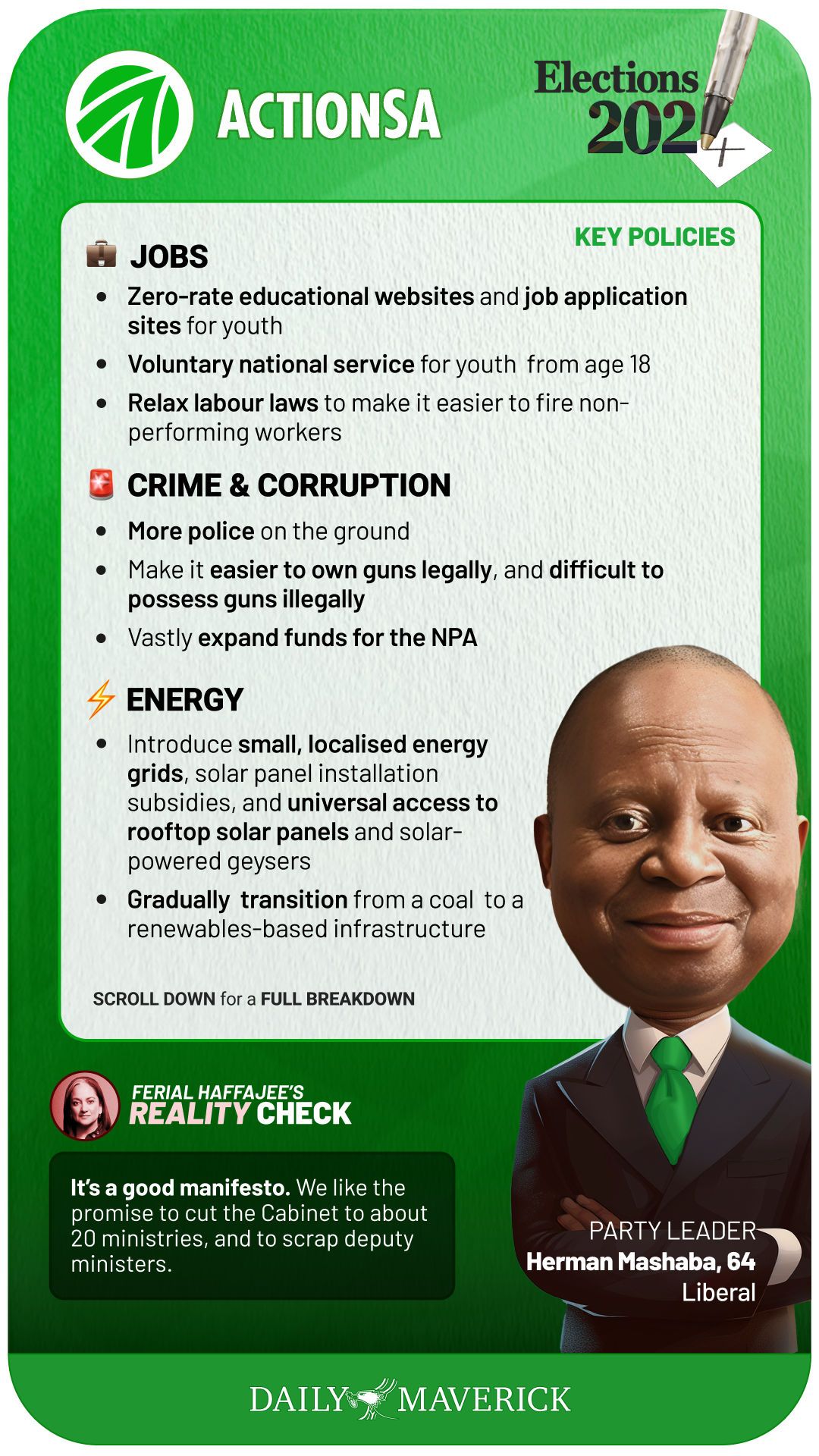
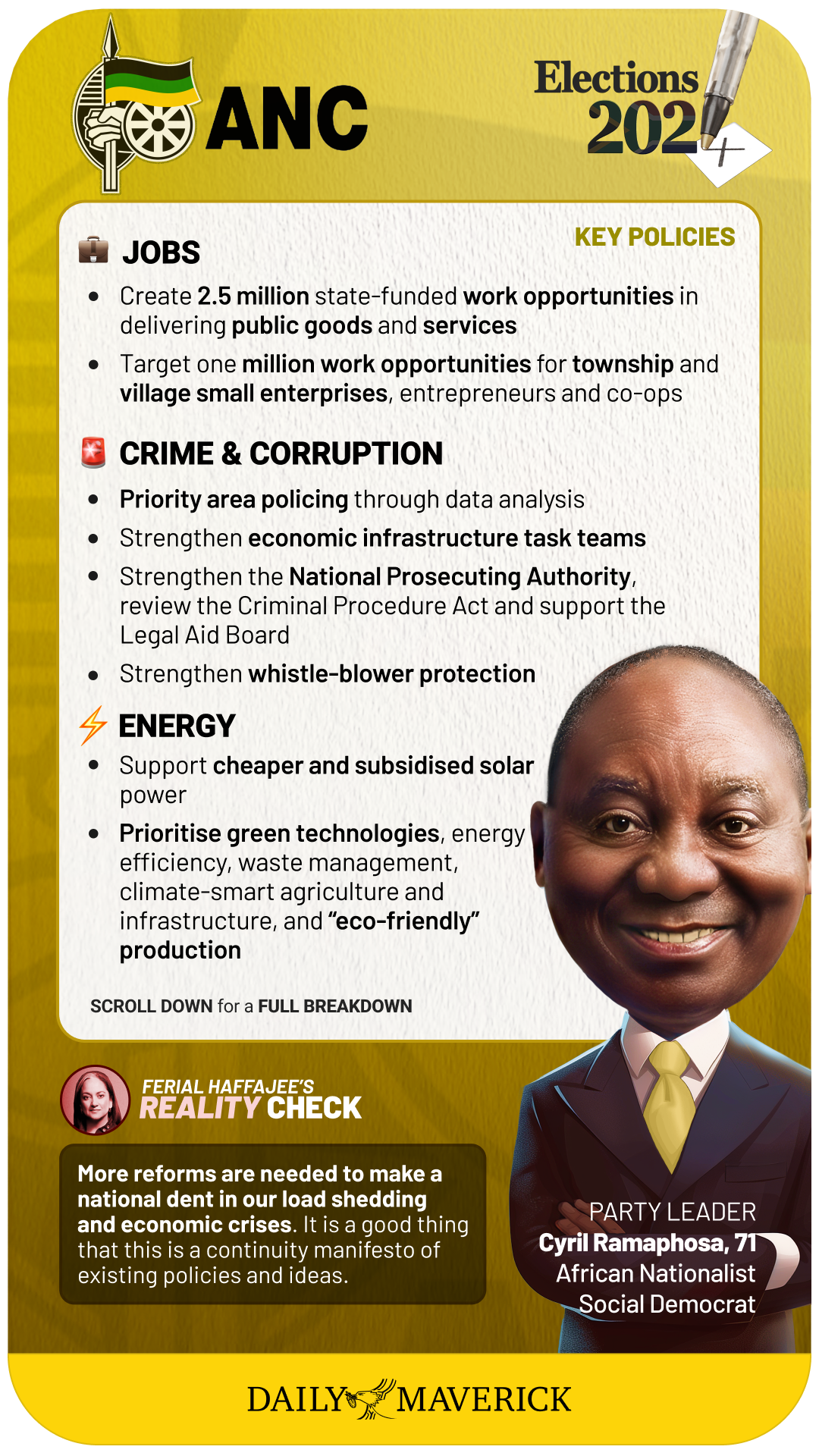
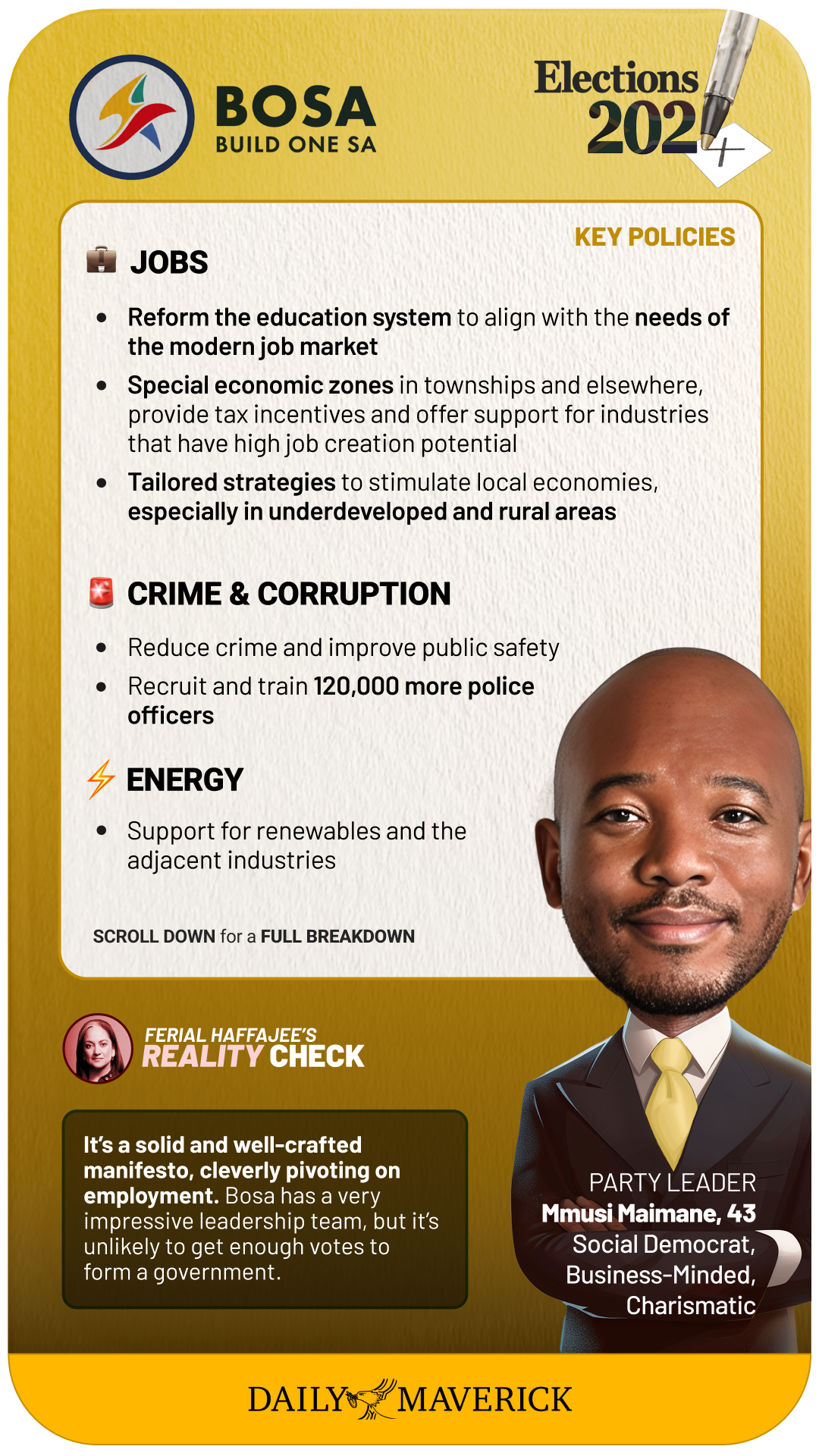
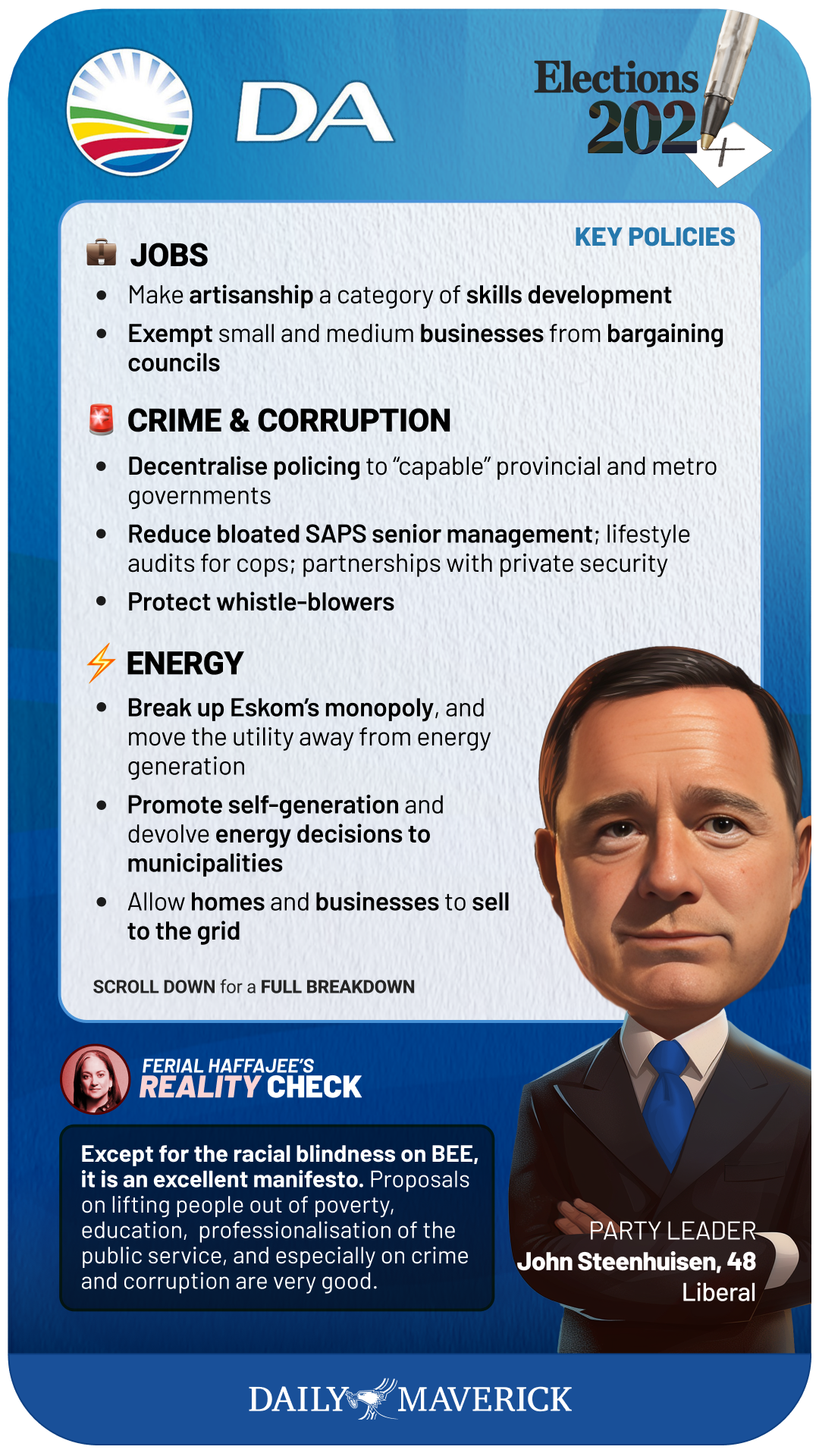
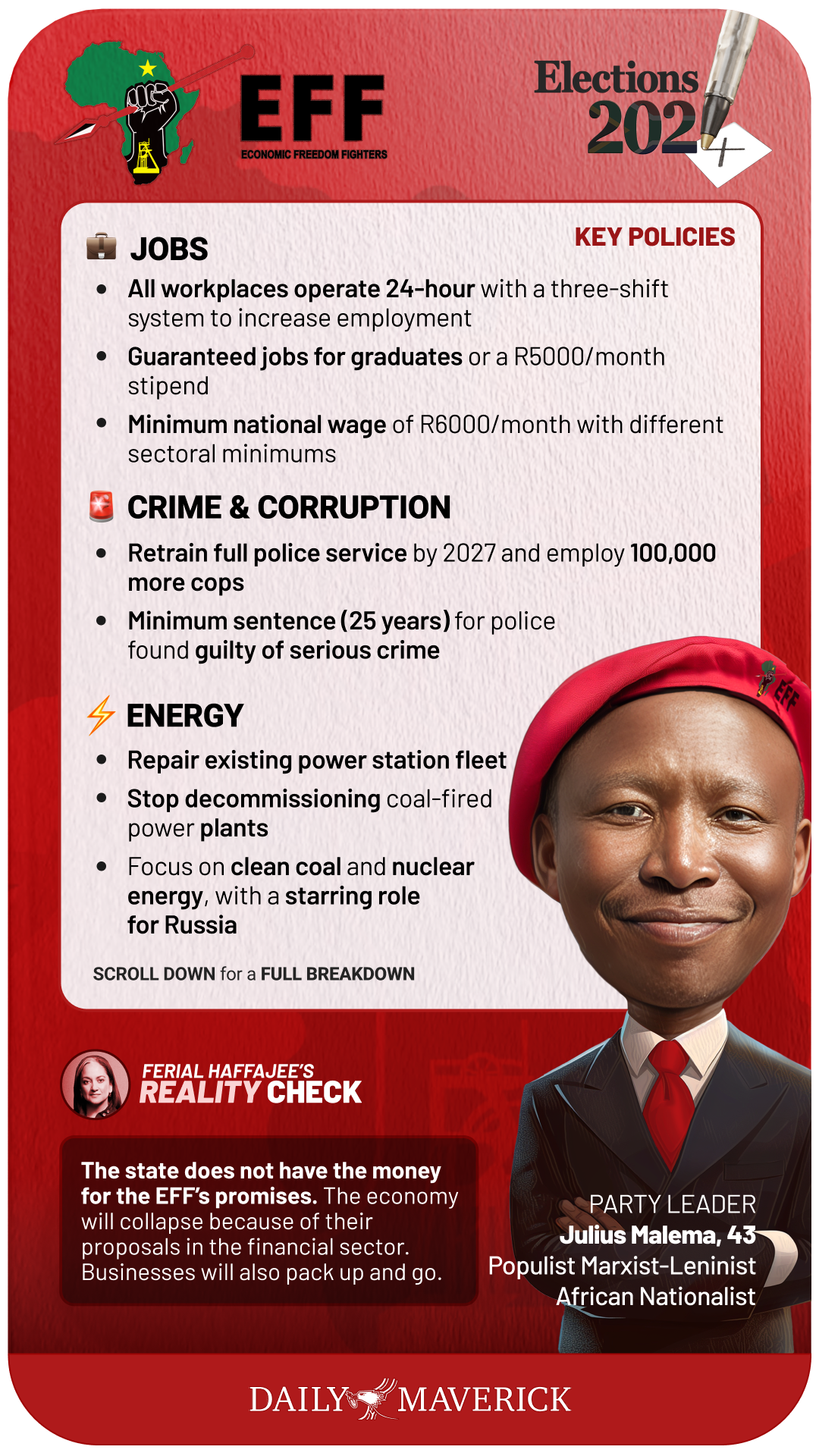
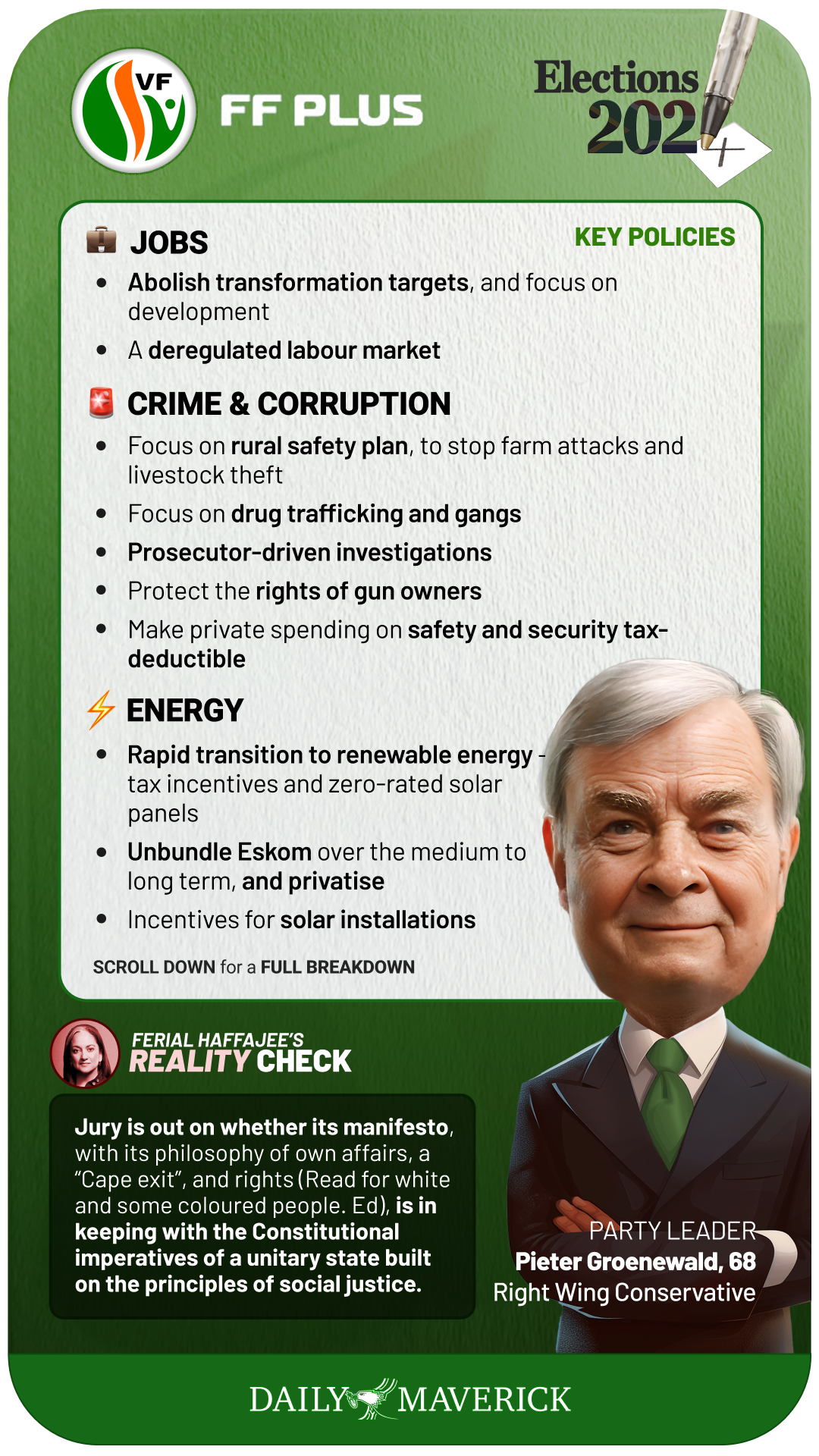
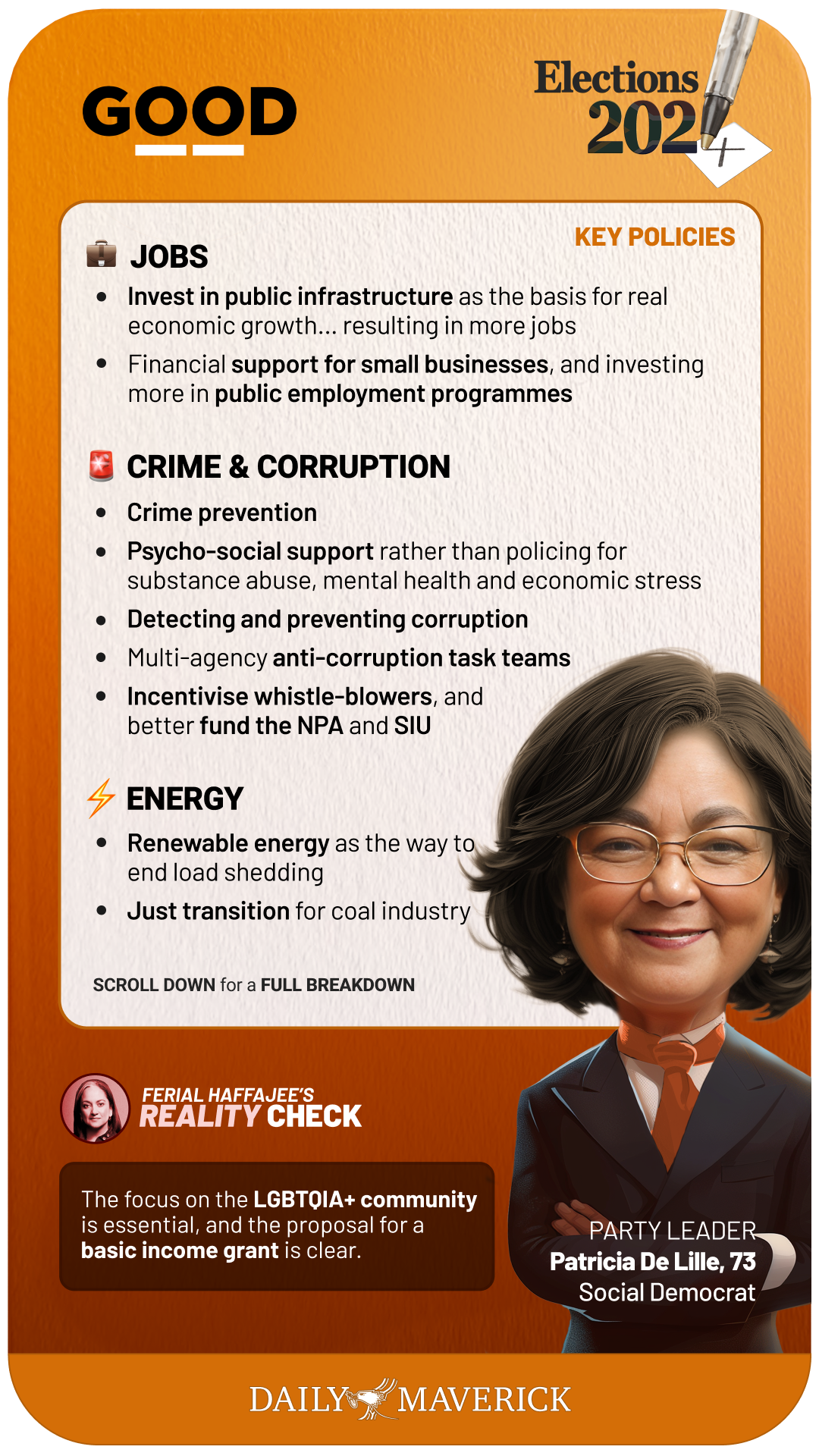
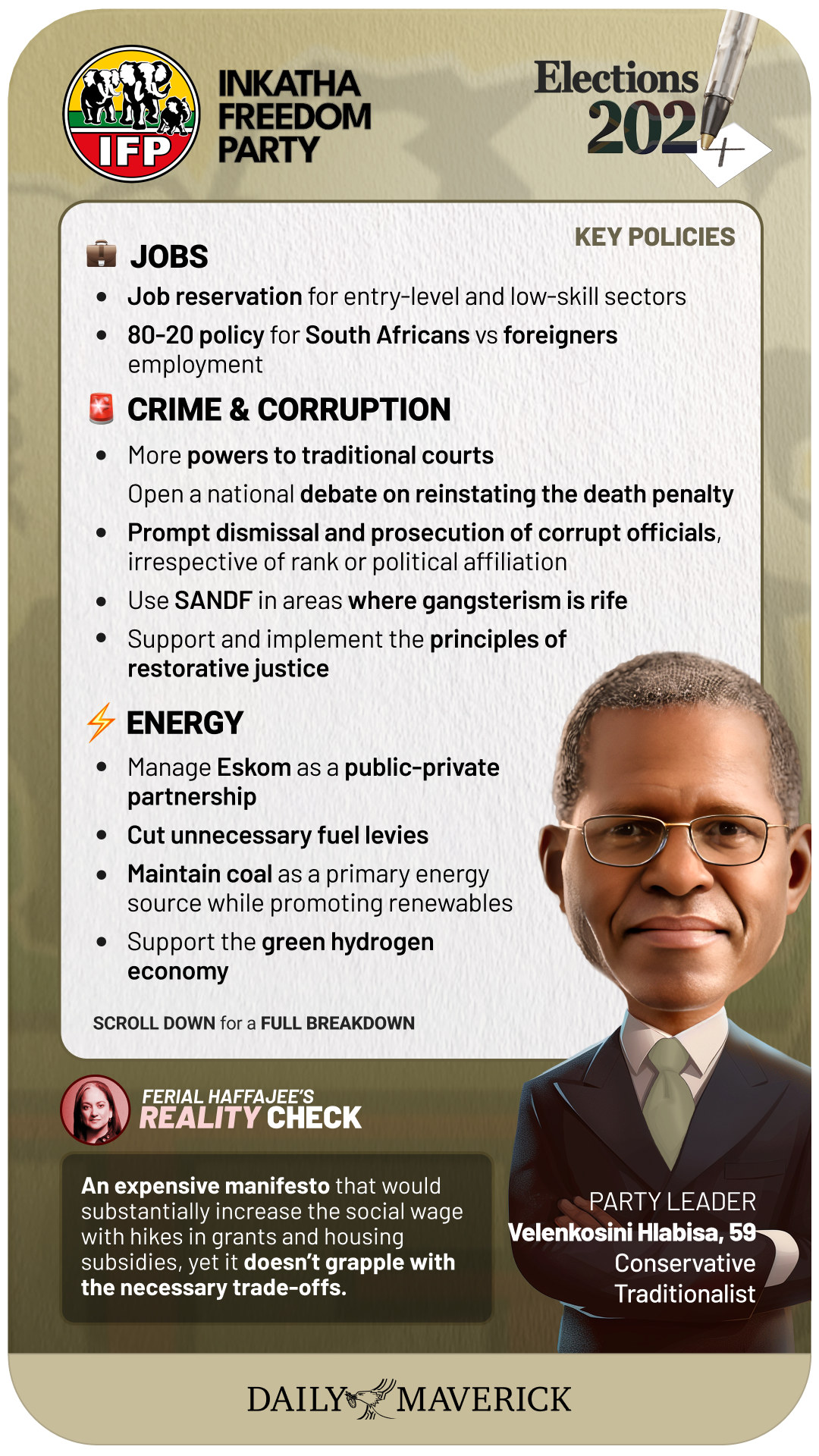
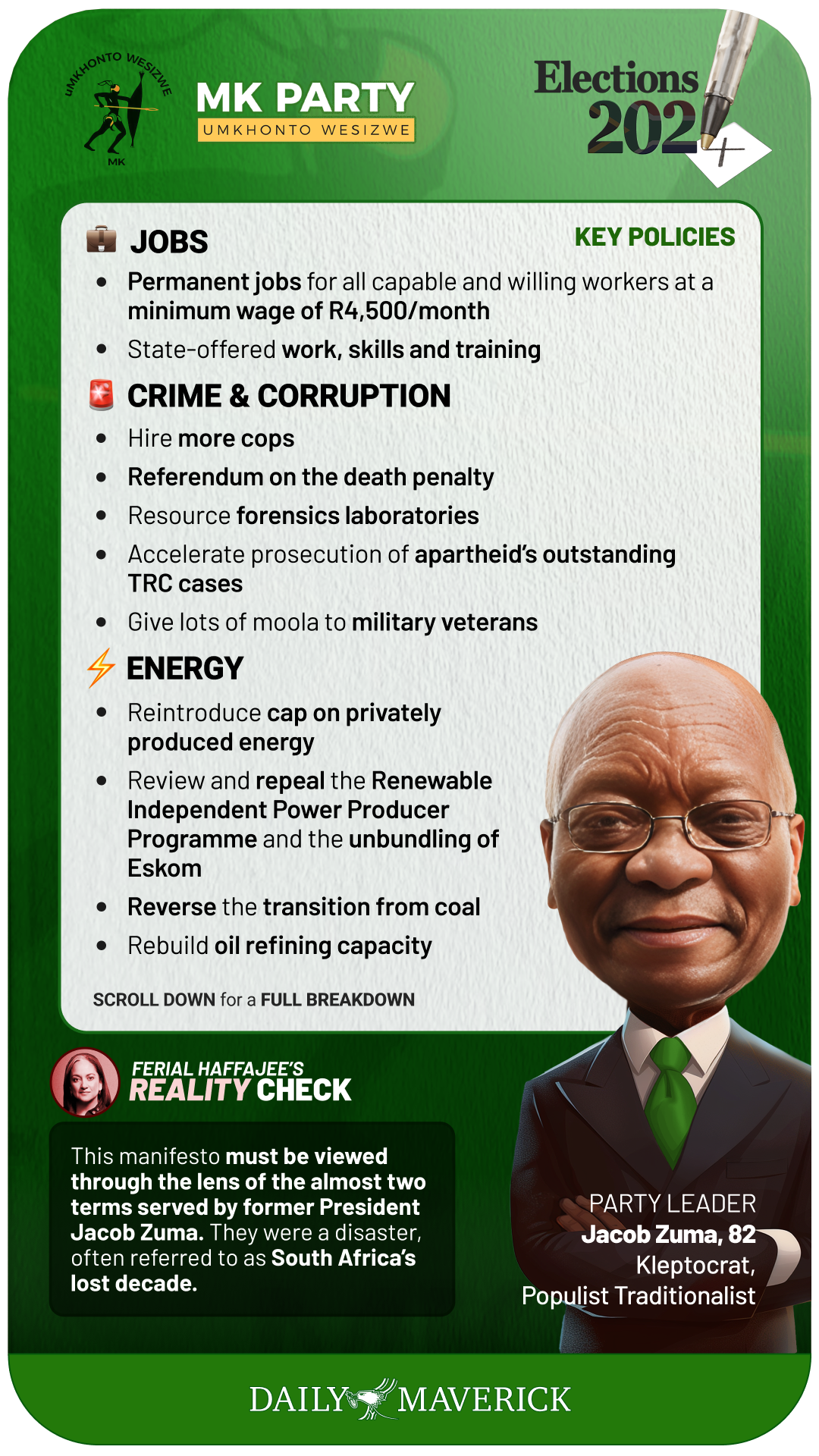
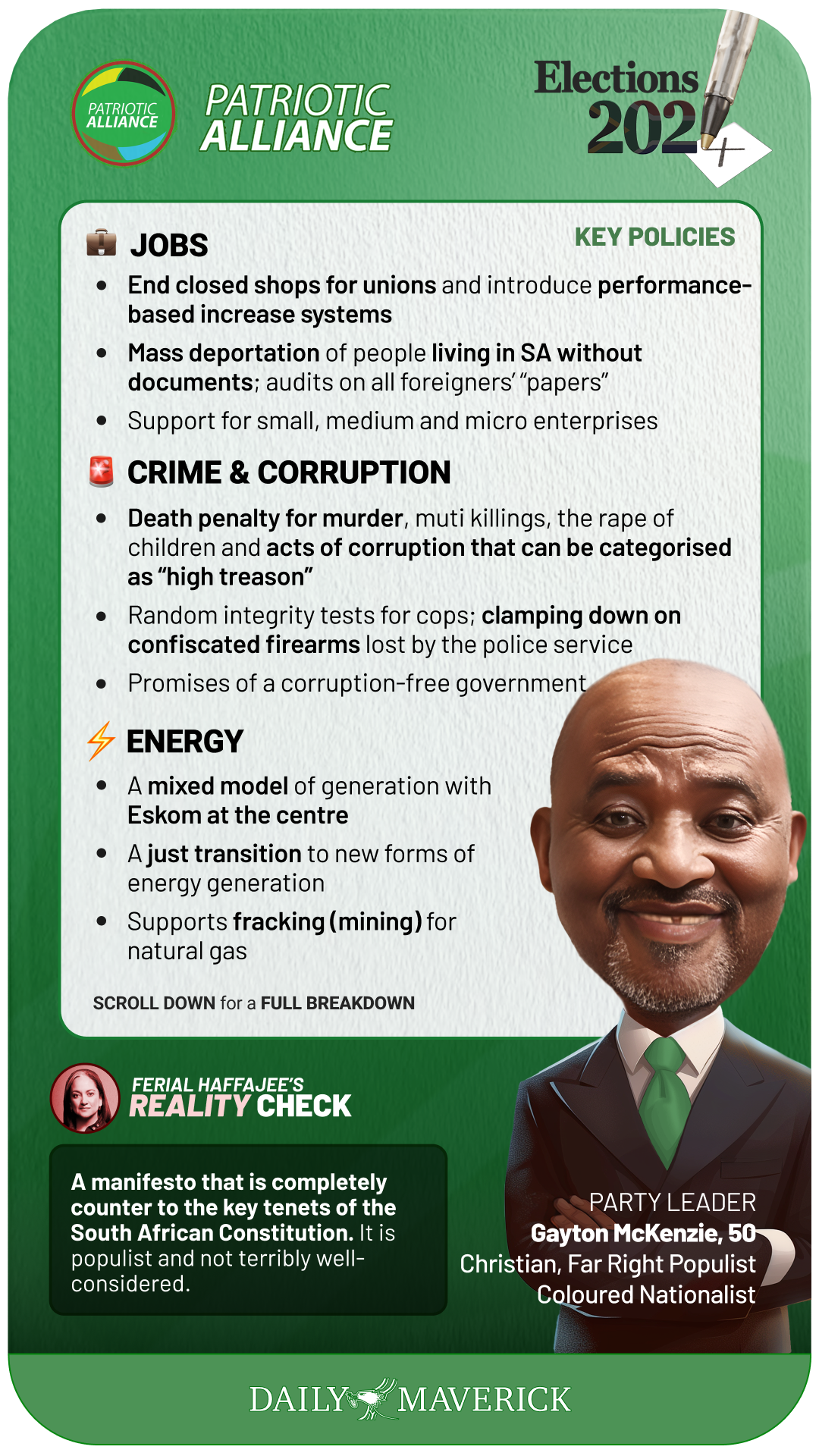
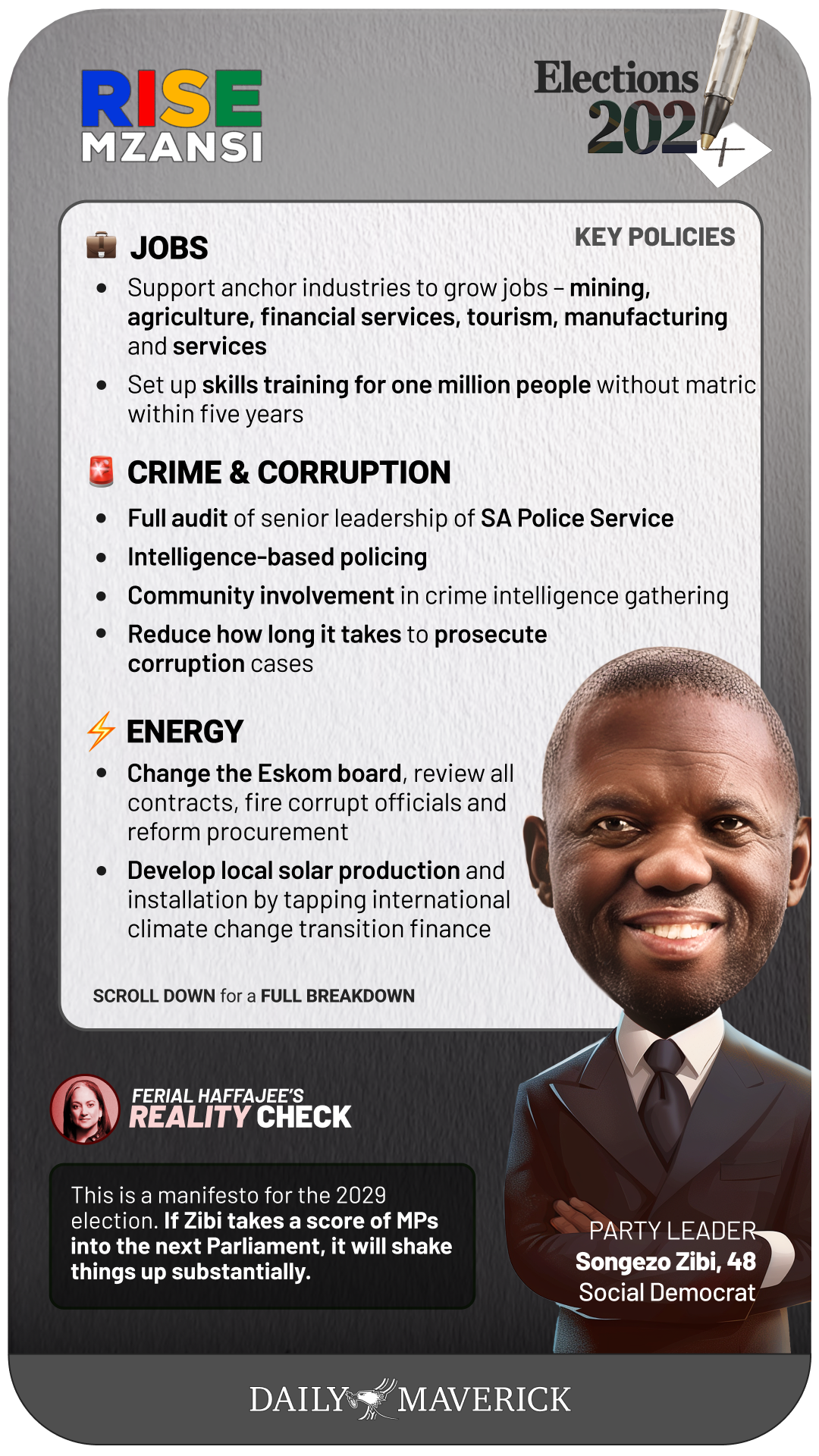
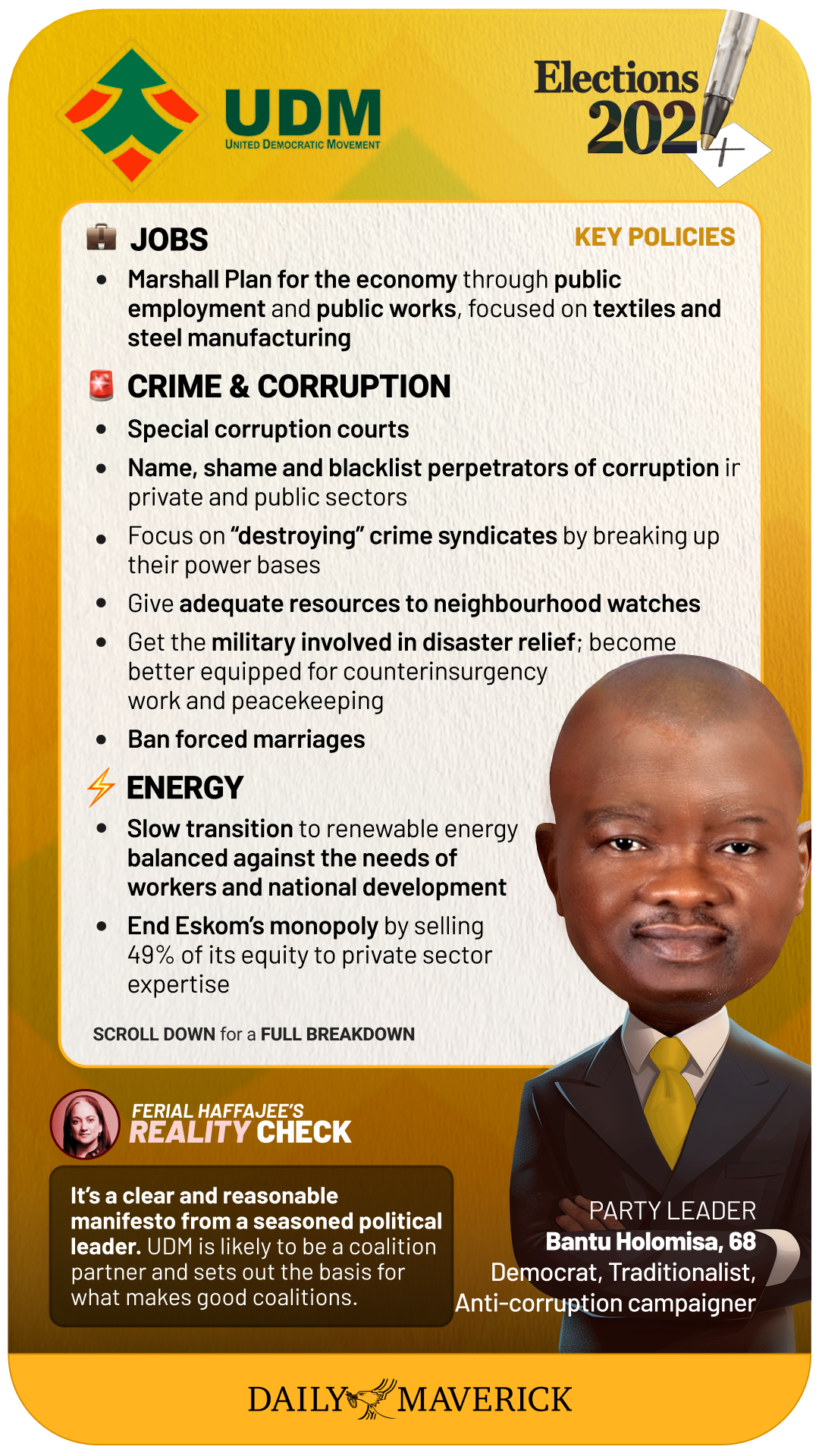



 )
) Russia.
Russia.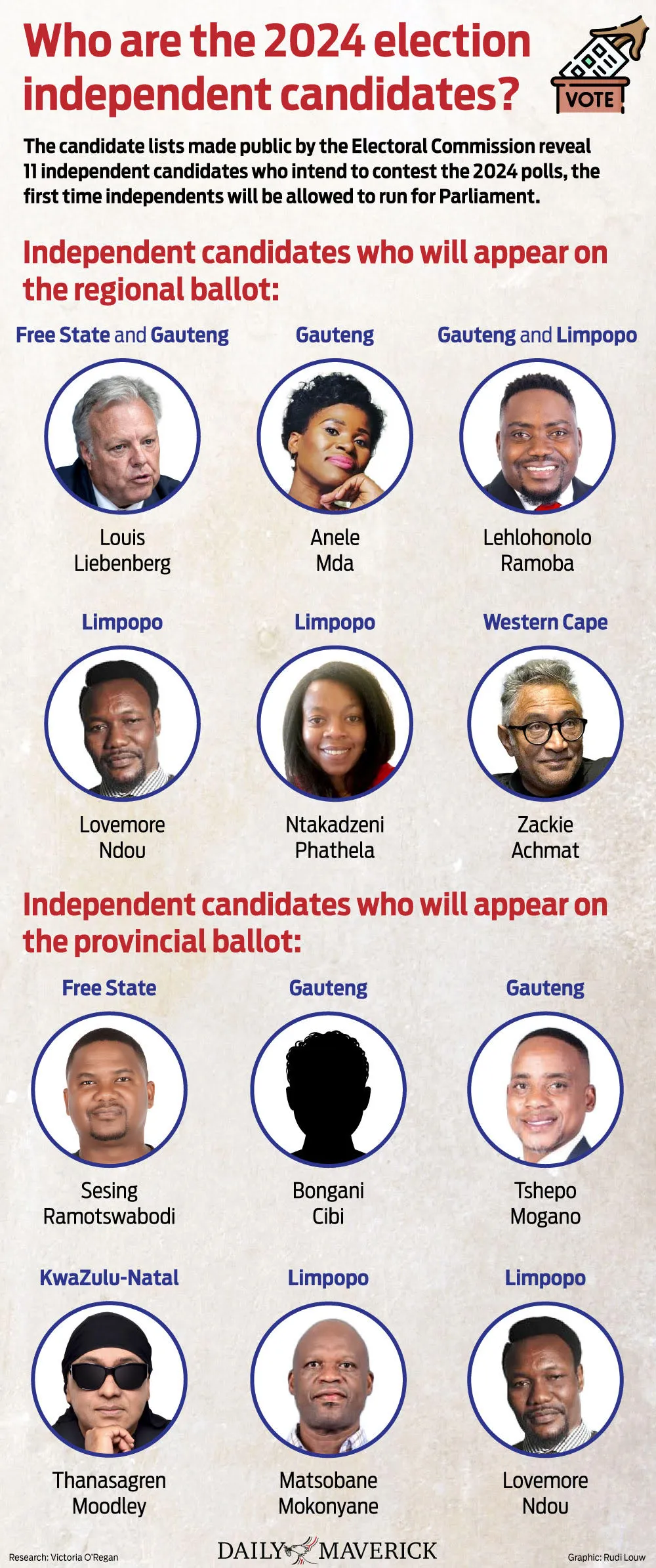

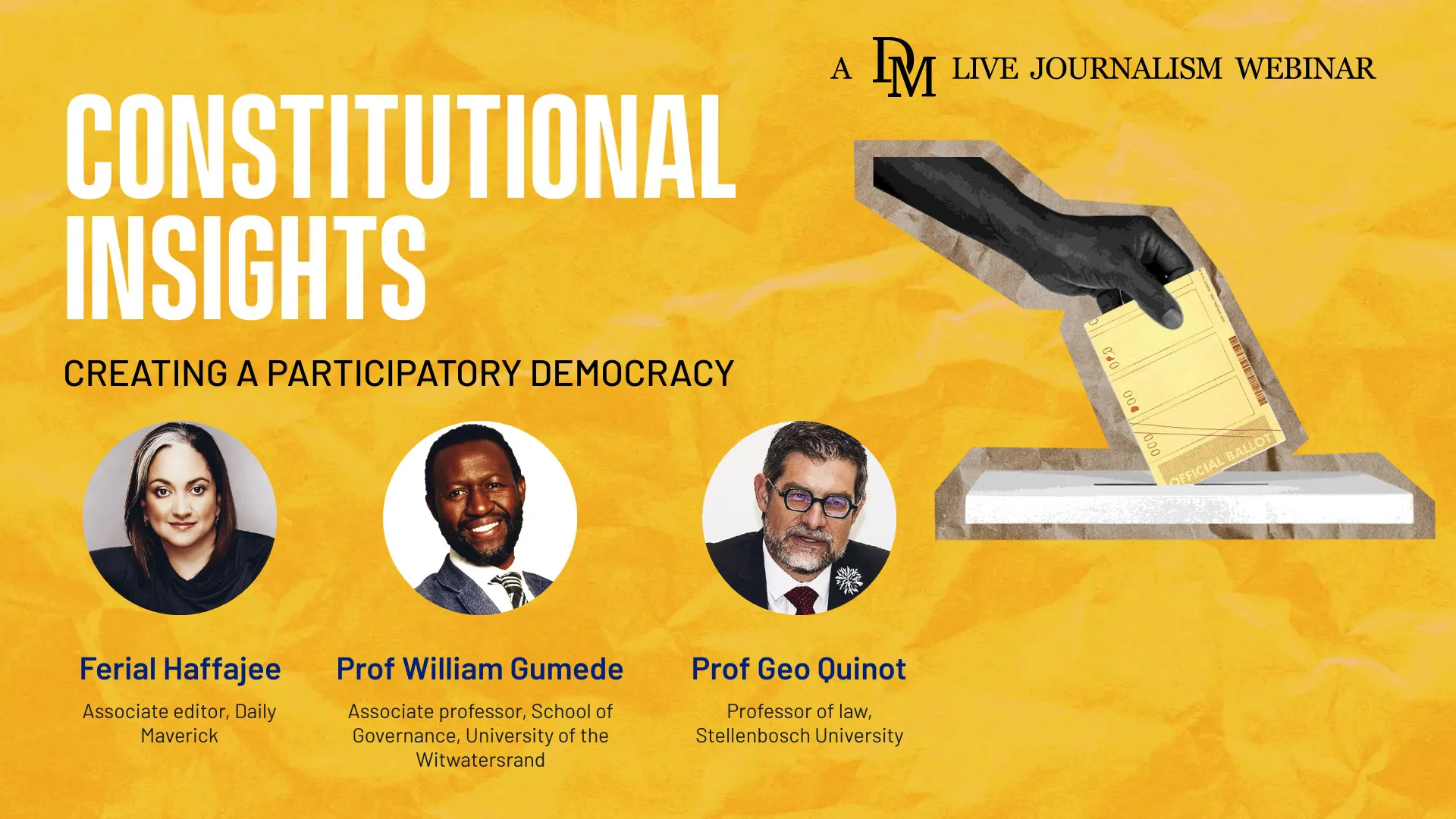
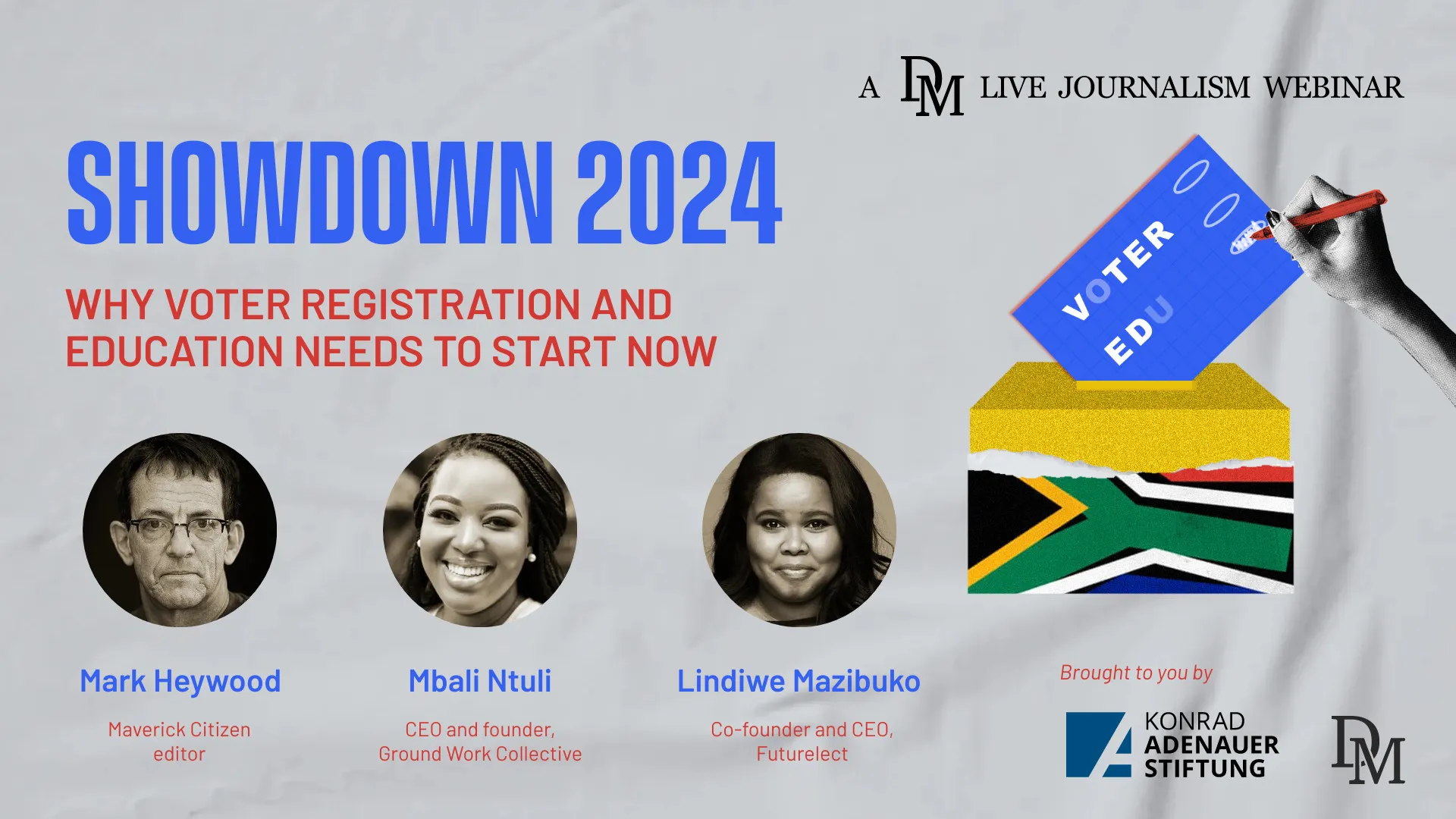
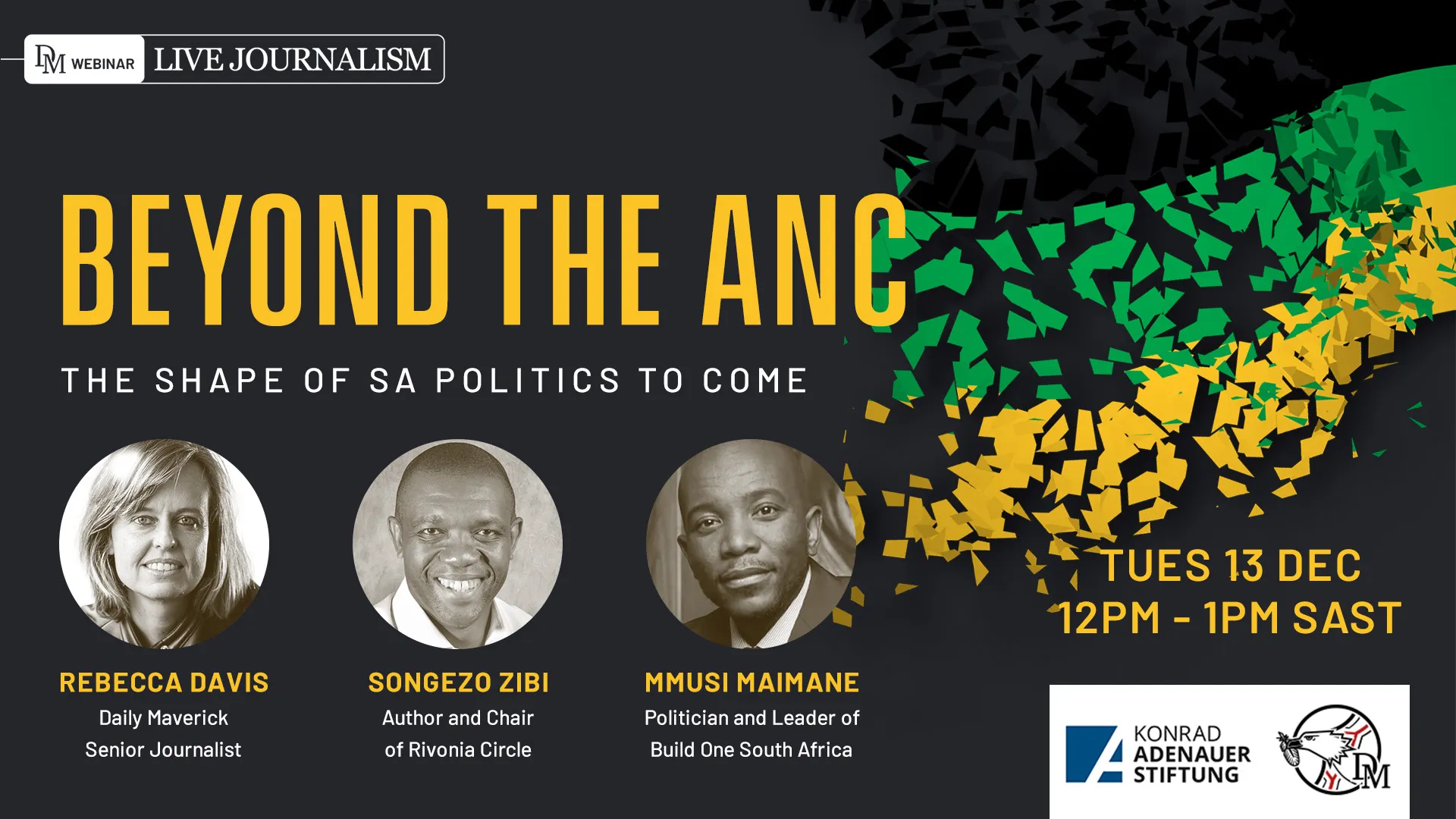

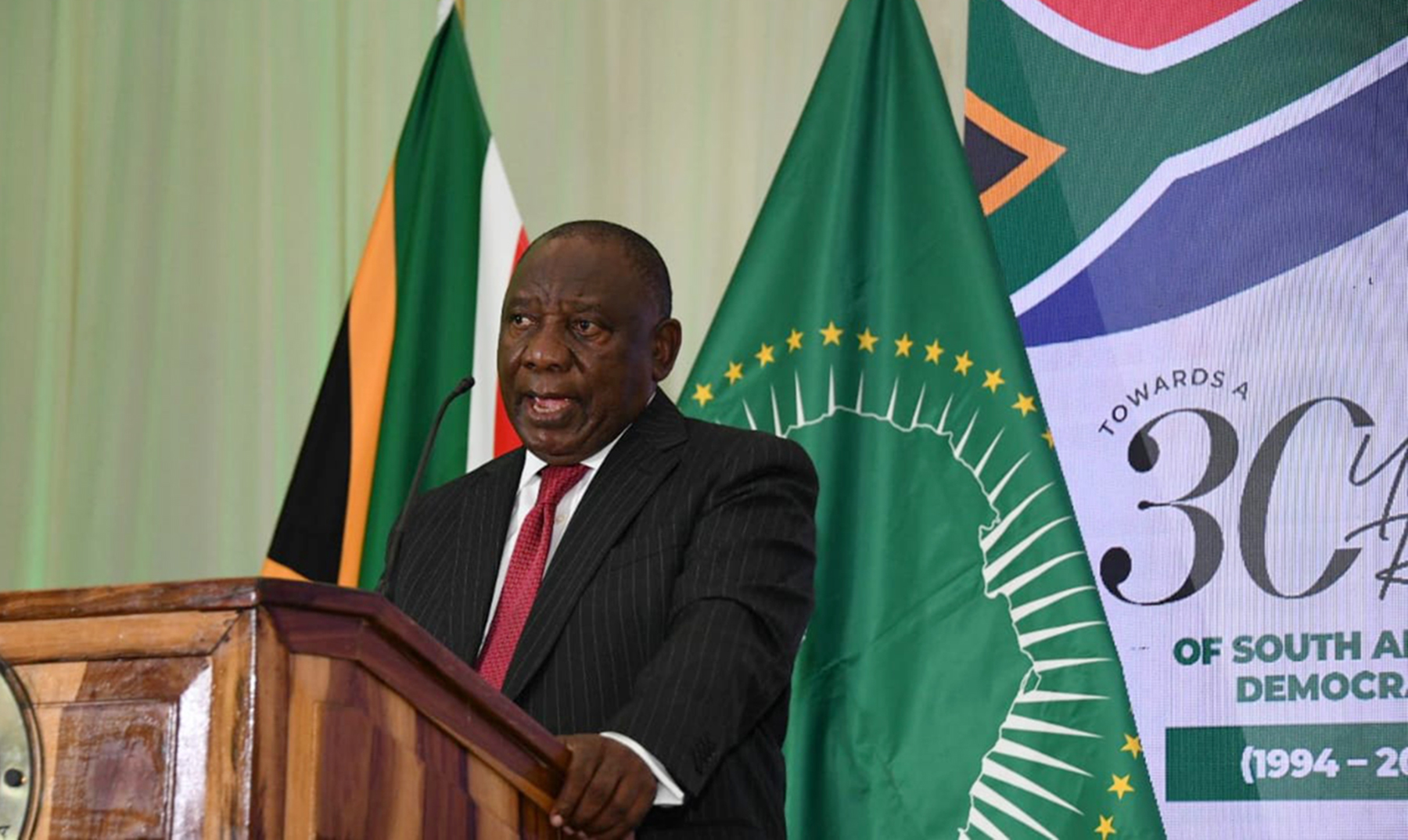
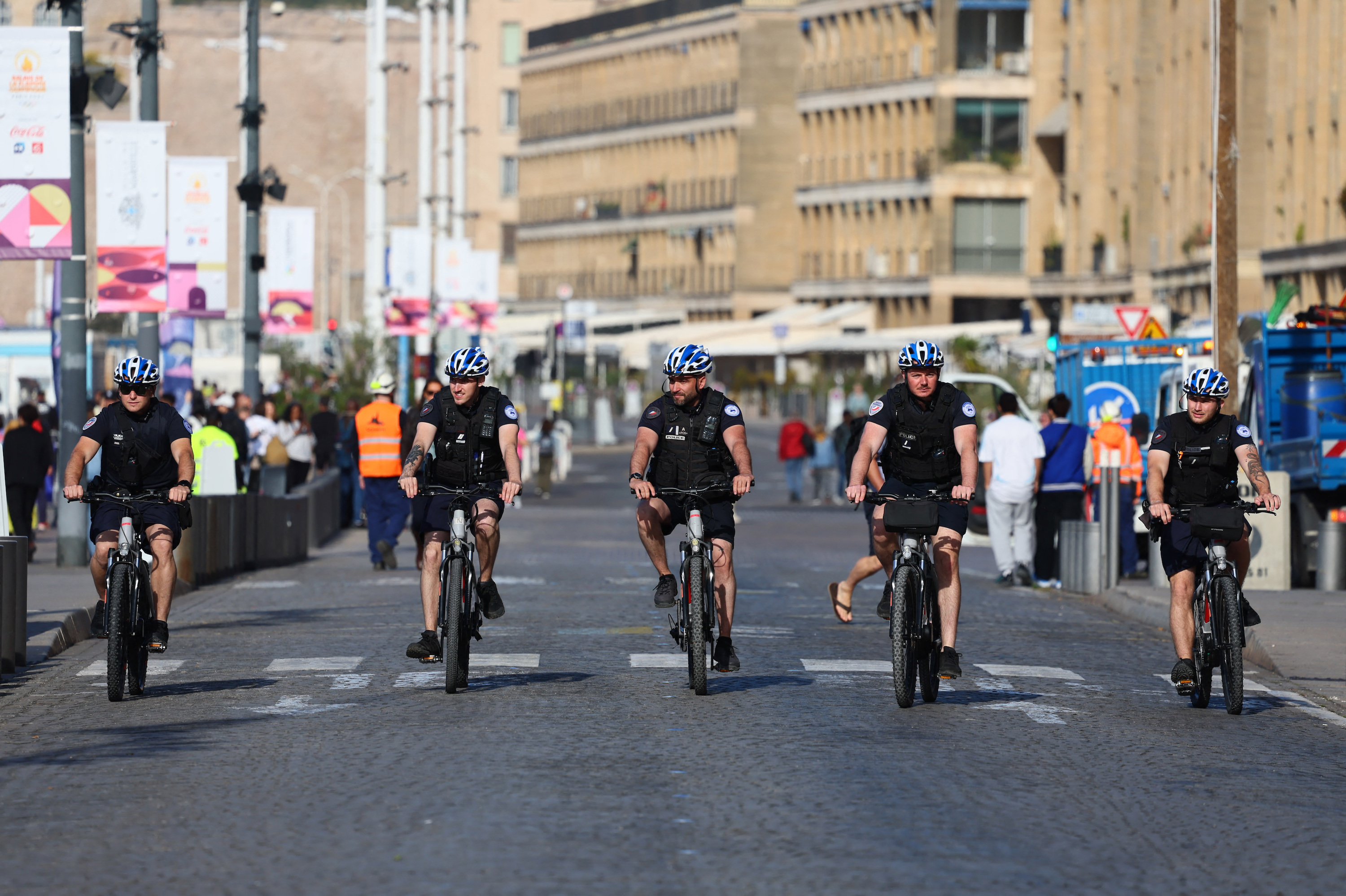
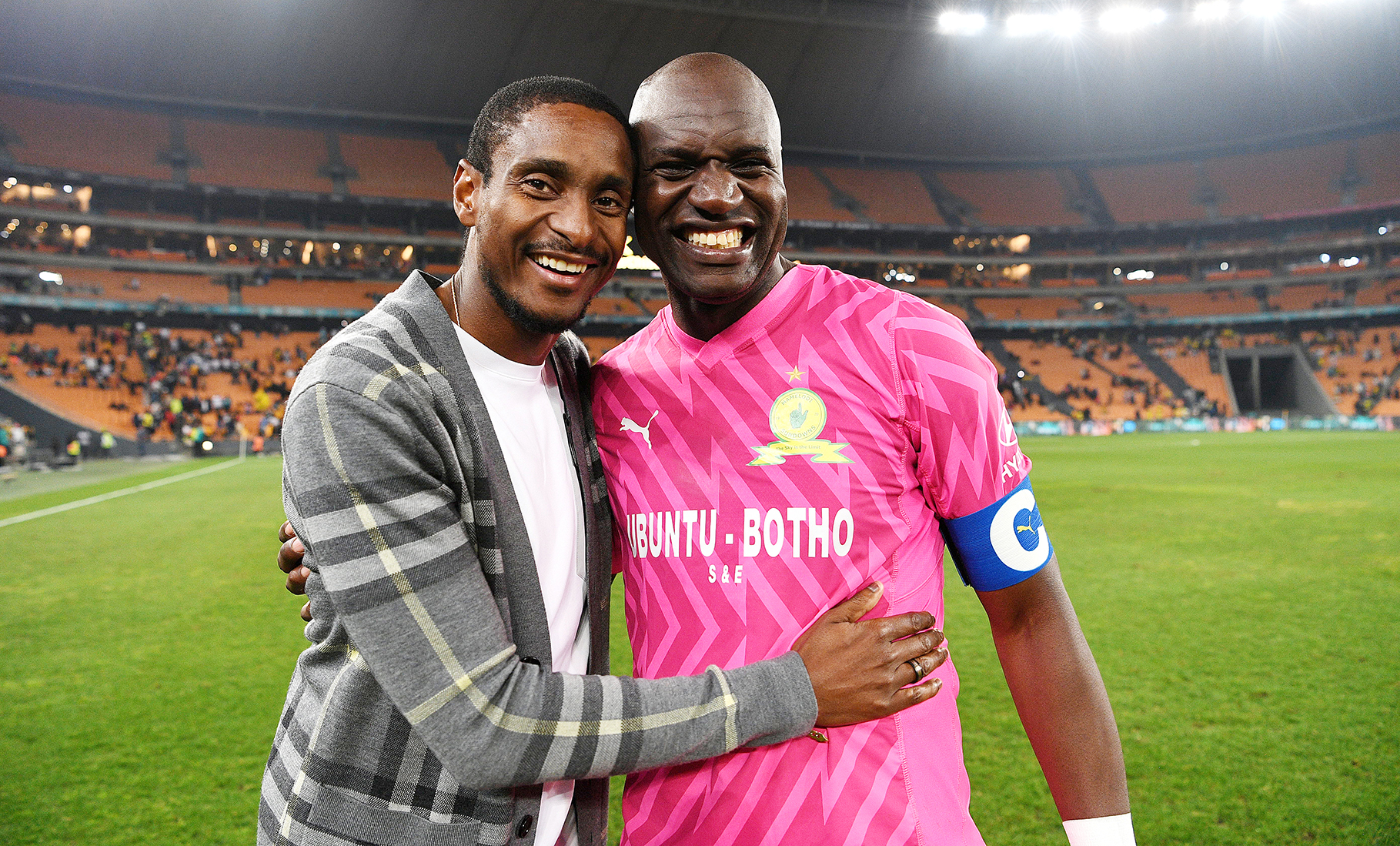
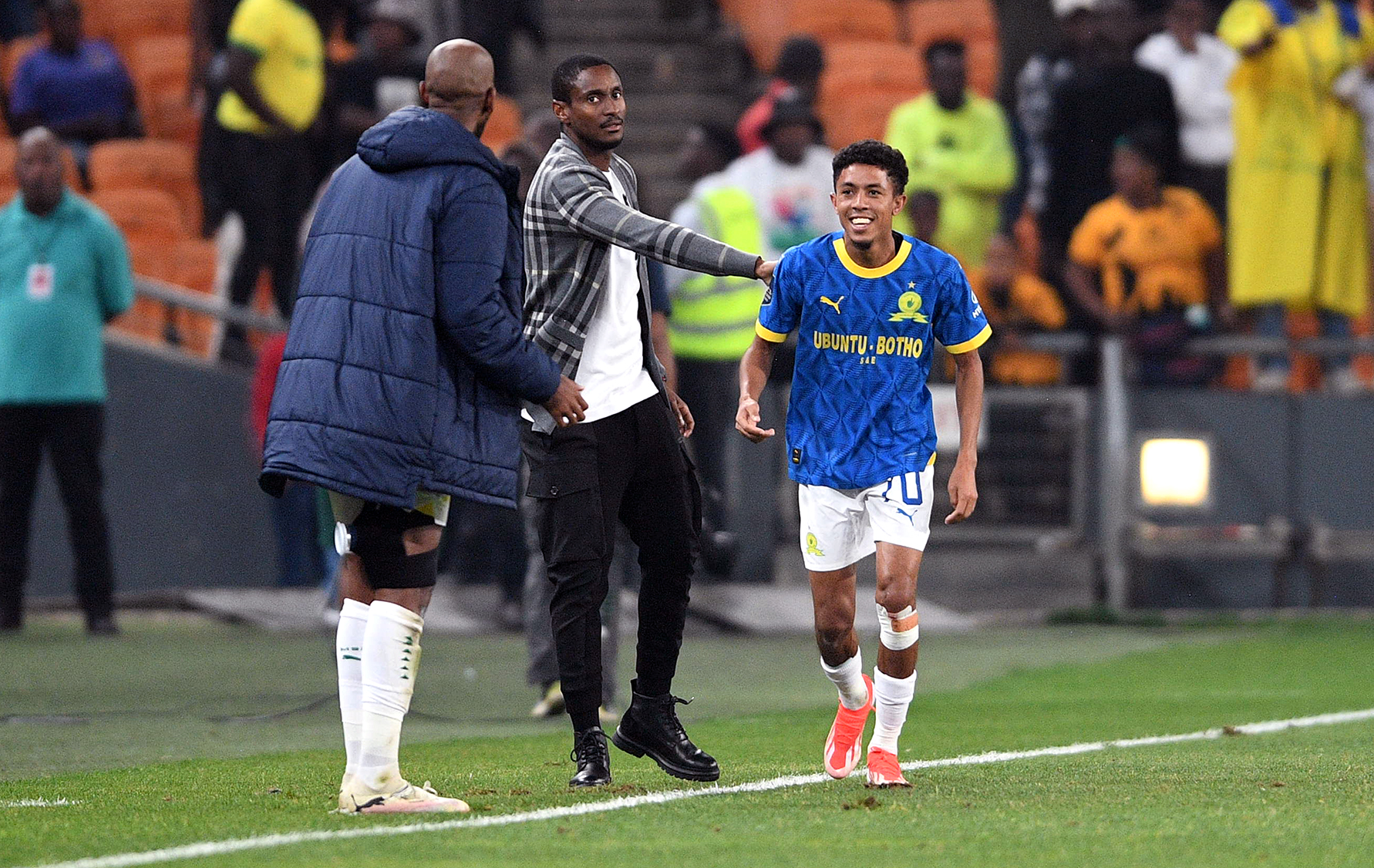
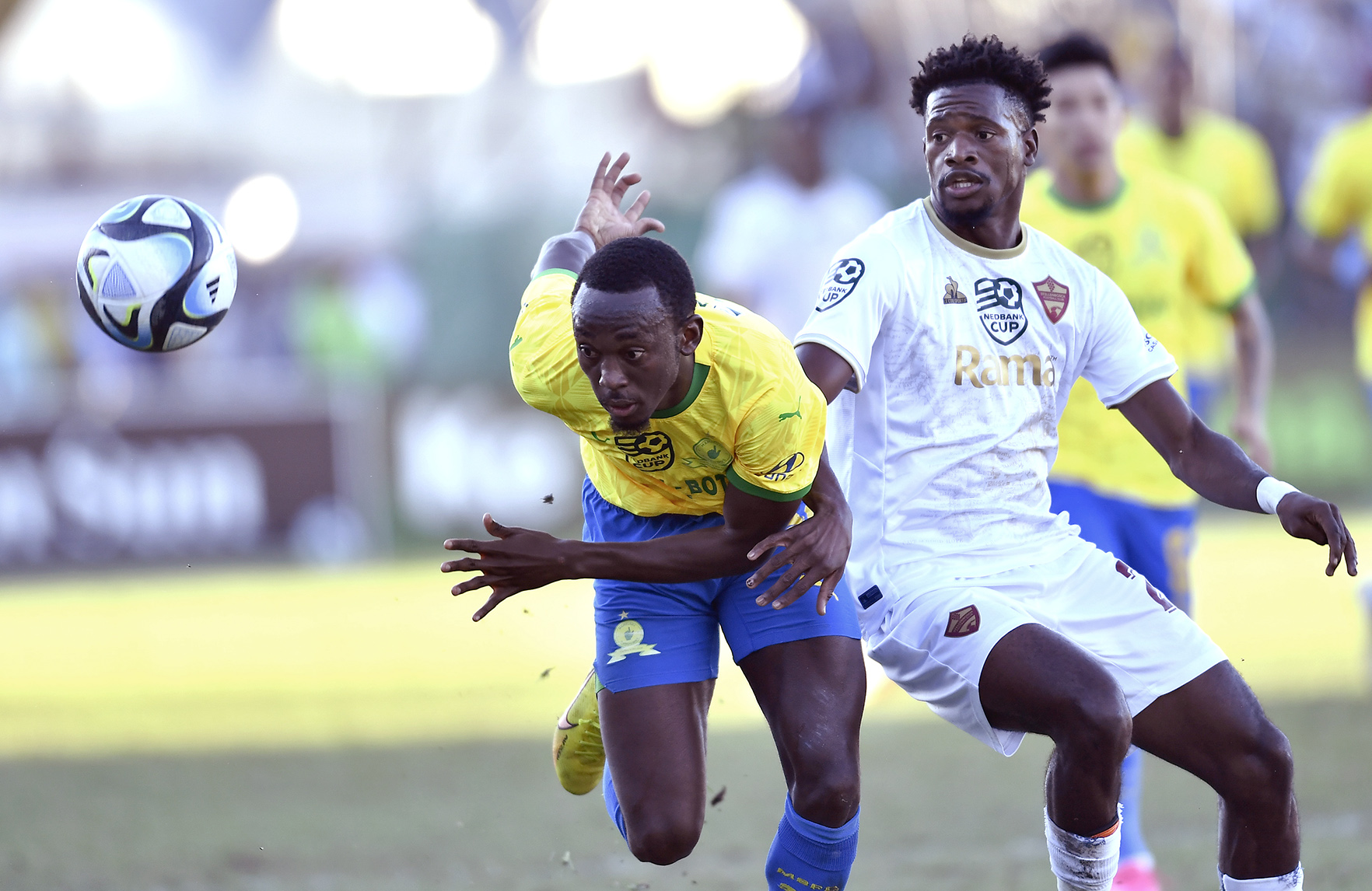
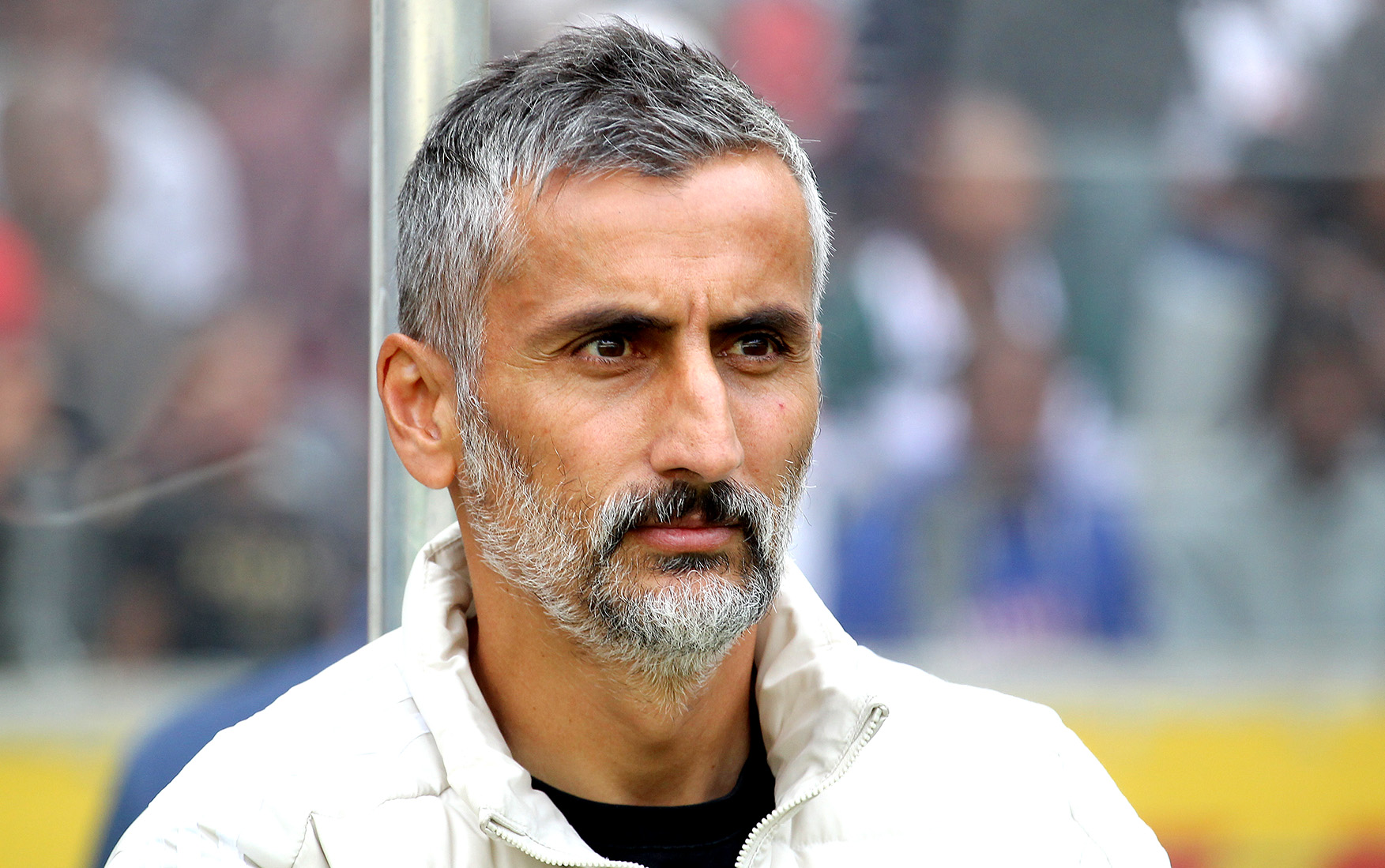
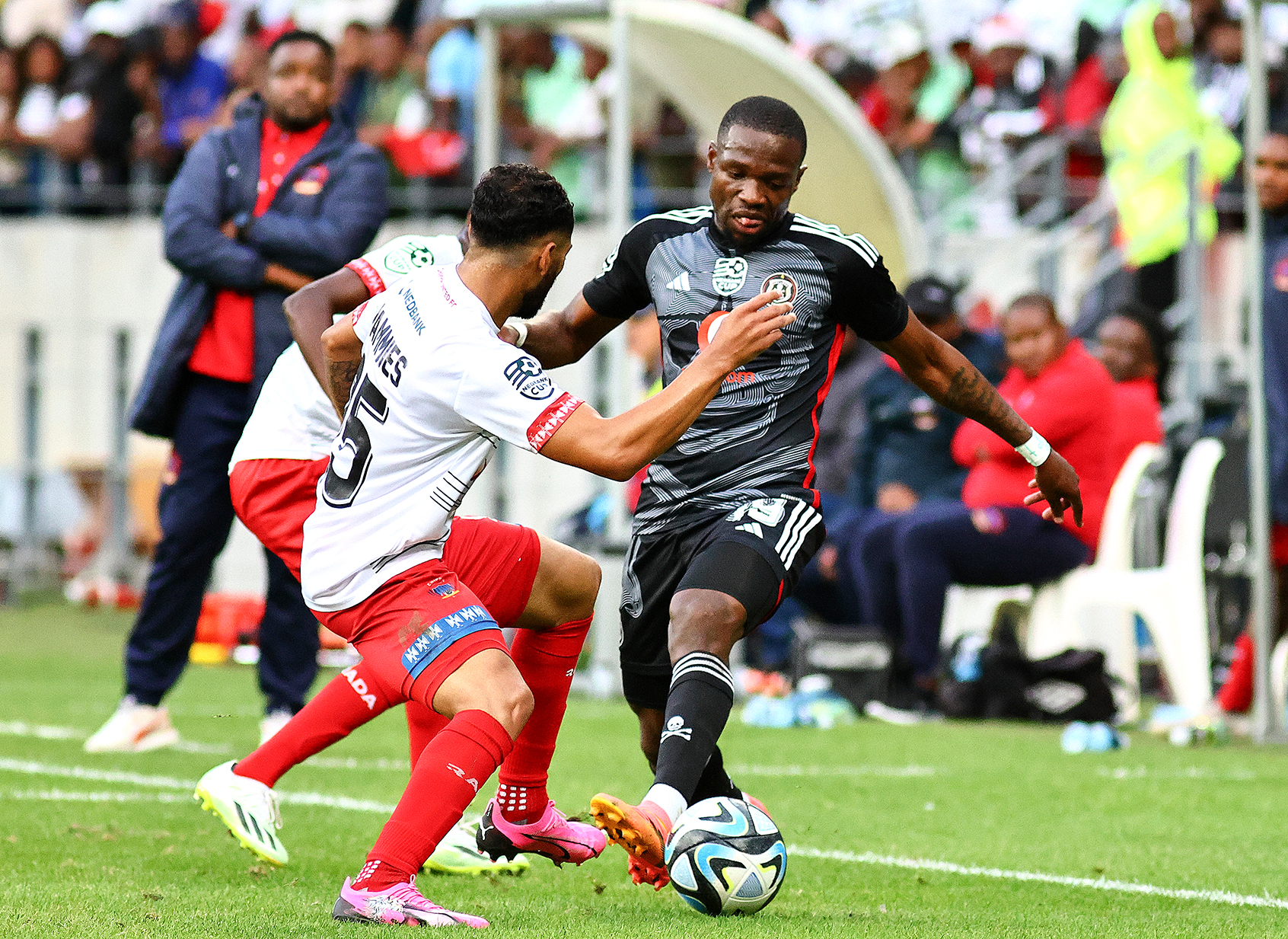


Such a terrible tragedy, but so heart-warming to see what an incredible impact these ‘superdogs’ are making – Well done Abby & Chaos & Dina & Bond & Echo – You guys (and of course your handlers) are the real stars.
Why does the story so fill my heart/being with pride and hope…well, I am feeling it. Well done guys and your human companions!
Why does the story so fill my heart/being with pride and hope…well, I am feeling it. Well done guys and your human companions!
I bet the dog named Chaos is a Malinois. I have one of those. Cleverest dog I’ve ever had who will find anything you hide from him. When he was little it was certainly CHAOS but he has grown into a strong, boisterous, loving companion and at 4 years old. His Grandad was 3 times world champion. His intelligence levels are off the scale and energy levels are if the same order.
I am sure that the dogs are doing great job in George.
May they all be blessed.
United in tragedy, this is a reminder that we can restore national unity under a leadership which understands that moral values is the fiber that holds a society intact.
Our current leaders believe that being a leader is shouting the wrongs that we know and are not happy about.
It is unfortunate that leaders spend a whole campaign discussing the wrongs of another party, we want to know the wrongs of the campaigning party and what they will do to to fix them, and then they can add what they learned from wrongs of other parties and what measures will be put into place to deal with them.
No party is exempt from one form of corruption or other, its how it is dealt with that matters.
Protecting resources in the hands of current voters from a certain class of voters desperate for such resources will widen the gap, and delay parties in moving from opposition to Leadership, Legal and compensable distribution of such resources will make what we see from the beautiful community of George a norm nationwide.
This has been made possible by good governance and a low level of crime otherwise we will be talking of the same rescuers being robbed.
The DA and the community must applauded for one of the best rescue operations in the world, and one would expect that speedy investigations will follow, we can not avoid the fact that processes were not followed somewhere in the value chain.
A speedy recovery and a safe rescue of all victims is in our prayers.